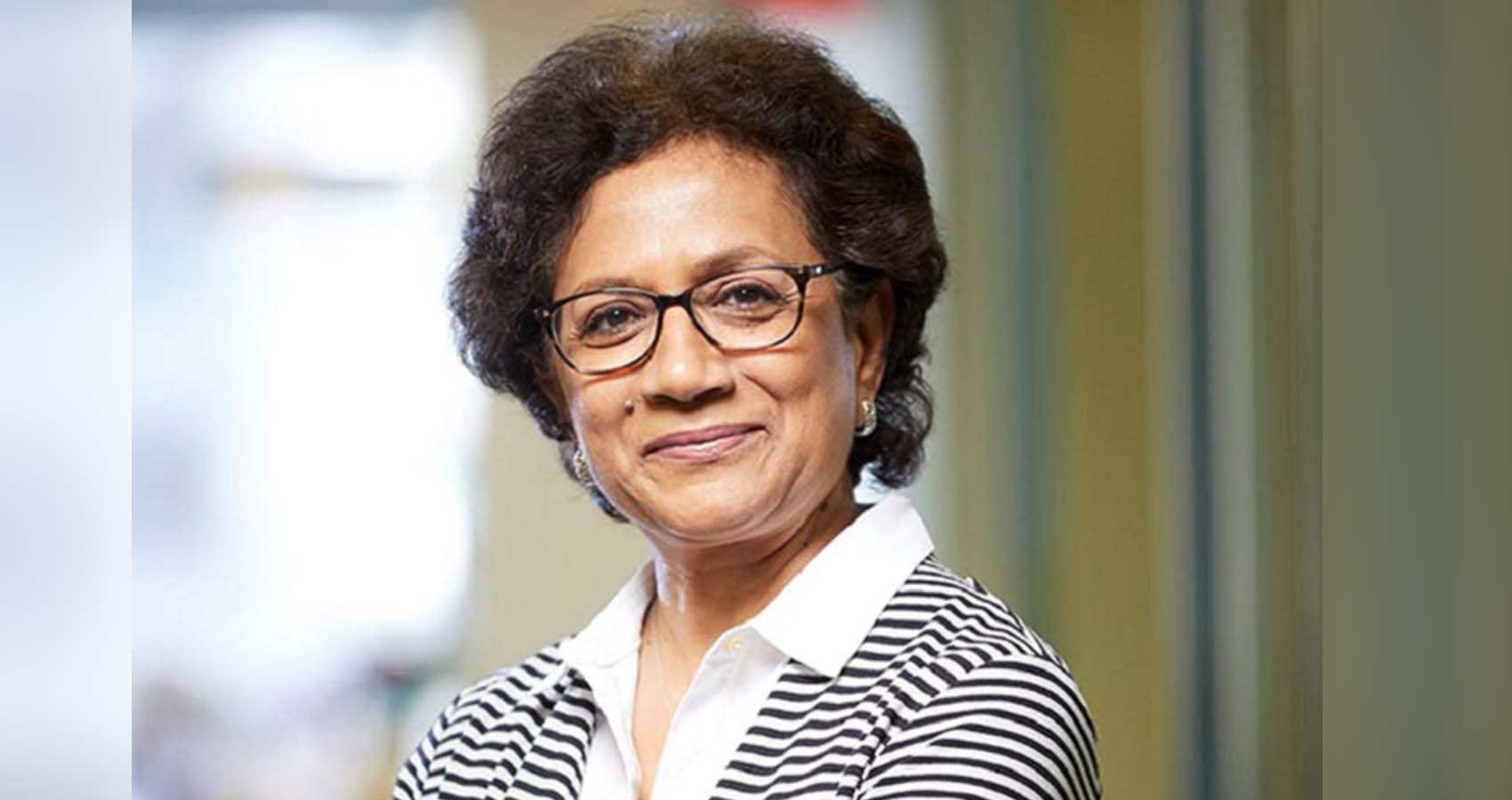Queens Borough in New York City is known as “The World’s Borough” for a reason: what happens on Roosevelt Avenue has ripple effects near and far.
In this vibrant borough there is a street called Roosevelt Avenue that cuts a cross-section through some of the most ethnically diverse neighborhoods on Earth. Spanish, Bengali, Punjabi, Mixtec, Seke, and Kuranko are among the hundreds of languages spoken here. Nepalese dumplings and Korean noodles, Mexican tortas and Colombian empanadas, Thai curries and spicy South Indian vindaloos are just some of the many food choices.
Passing from one block to the next—through neighborhoods including Elmhurst, Corona, and Jackson Heights—can feel like crossing continents. Plazas and parks are crowded with vendors selling tamales, atole, and large-kernel corn. Tibetan Buddhists, fluent in the Indigenous languages of the Himalayas, walk to worship in their red-and-orange robes. Bangladeshi curbside markets teem with overflowing crates of ginger, garlic and humongous jackfruits, picked out by people wearing saris and shalwar kameez.
Growing up in New York, my own family would come to Queens to watch World Cup matches in South American cafés, just as our abuelos would visit their trusted Argentine butcher for fresh cuts of meat, and our Bukharan Jewish neighbors would come to pray, and our Indian family friends would come shopping for amulets and syrup-drizzled sweets for celebrations, all within this same 10-square-mile stretch of city.
Roosevelt Avenue is a pulsing artery of commerce and life. The road itself is chaotic, dark, and loud. You know you’re on Roosevelt because the elevated 7 train runs overhead, the tracks draping it in slitted shadows, and when the 7 train thunders past, for a moment, the frenzied thoroughfare is consumed: older women look up from their pushcarts; chatting friends fall silent mid-speak; and children cover their ears.
Above the storefronts, at the level of the train, are smaller brick offices with signs that reveal the more pressing needs of such a migrant-rich community: “Sherpa Employment Agency,” “Construction Safety Training,” “Irma Travel: Send Money and Shipments to Lima and Provinces.” Taped to the metal pilings and lampposts are hand-written listings with tear-off phone numbers, mainly in Spanish, advertising “rooms for rent,” “employment needed,” and “help wanted.”
Road signs welcome drivers entering Queens to “The World’s Borough.” But there is another phrase that might be more apt: “Queens, Center of the World.” That’s because what happens on these streets has ripple effects near and far, sometimes as far as on the other side of the globe—and what happens on the other side of the globe also certainly influences who ends up here. Perhaps at no other point has this been more urgently felt than during the fallout from the COVID-19 pandemic.
In the spring of 2020, the virus ravaged this part of the city. Most people who live here are essential workers who cannot work from home—restaurant cooks, delivery workers, cab drivers, construction builders—and many live in overcrowded quarters, so the disease spread precipitously. Elmhurst Hospital, which serves this community, was declared the “epicenter of the epicenter” for the initial outbreak in the U.S.
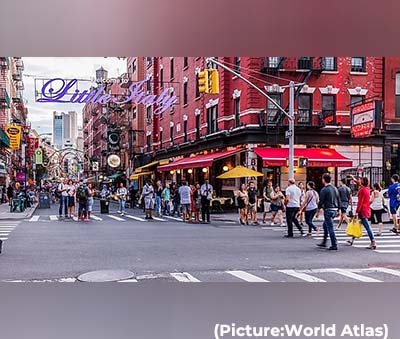 In New York, such a rapid and large-scale loss of life meant that the city’s engine sputtered to an even more devastating halt; in other places, like Mexico and Ecuador, Bangladesh and Nepal, it meant that many families could no longer rely on support from relatives in Queens who were suddenly out of work, or worse. Joblessness and hunger skyrocketed, residents just barely getting by. And yet only for a very short while did walking Roosevelt and its surrounding streets have the same eerie, empty feel as in the rest of the city. Its communities and micro-economies, heavily reliant on in-person interactions, cannot afford to stay still.
In New York, such a rapid and large-scale loss of life meant that the city’s engine sputtered to an even more devastating halt; in other places, like Mexico and Ecuador, Bangladesh and Nepal, it meant that many families could no longer rely on support from relatives in Queens who were suddenly out of work, or worse. Joblessness and hunger skyrocketed, residents just barely getting by. And yet only for a very short while did walking Roosevelt and its surrounding streets have the same eerie, empty feel as in the rest of the city. Its communities and micro-economies, heavily reliant on in-person interactions, cannot afford to stay still.
“The people who come over, they come to help their family,” says Sanwar Shamal, of Bengali Money Transfer in Jackson Heights.
Snippets of South Asia
Around the 74th Street subway station, the neighborhood is heavily South Asian—mostly people of Bangladeshi, Indian, and Nepalese origin. Bengali-speaking men wearing skullcaps sell plush prayer rugs, headscarves, and gold-plated Islamic iconography from milk crates on the sidewalks, cigarette smoke pouring out of their mouths as they talk. Mannequins showcase bright-colored salwars and chaniya cholis through tall glass windows, and restaurants serve curries with rice and water in silver bowls and cold metal cups.
Seemingly everywhere in Roosevelt’s path, there is a heightened sense of the “old country”—of memories that haven’t faded over long stretches of distance and time. You feel it in the money-transfer and international courier stores along Diversity Plaza, where people line up patiently to send remittances and packages to relatives back home, relatives they haven’t seen in years and might not ever see again. You feel it on the weekends, when families drive in from all over to shop for groceries at Patel Brothers, or to eat at Samudra or Dera or the famous Jackson Diner. You feel it at the sweet shops, where grandfathers wearing tweed suits and large wristwatches take their smiling grandchildren for treats.
And you certainly feel it when you step into the United Sherpa Association, a former Lutheran Church that in 1996 was converted into a Tibetan Buddhist temple and community center now serving more than 12,000 Himalayan Sherpas, the largest population living outside Nepal. People come here to pray and to drink salty yak-butter tea poured from tall thermoses into bowls of blue-and-white china. In pre-pandemic times—according to Tshering Sherpa, the president of the association—nearly 100 people would fill two floors in this temple to worship. “You could hear the chanting from Broadway,” she says, beaming.
“Our seniors established this United Sherpa Association,” says Temba Sherpa, the group’s vice president, “to protect and maintain our identity.” The Sherpa are a Tibetan ethnic group who for hundreds of years have made their livelihoods in the Himalayas, raising yaks and high-altitude crops in the remote mountains. Practically no one knows the Himalayas better than the Sherpa, and in recent years they’ve also become synonymous with their work as climbing guides and porters on Mount Everest.
“We got our identity and economic benefit from mountaineering,” says Ang Tshering Sherpa, himself a former trekking guide. “But there’s not much of an alternative if you aren’t educated.”
Climbing is often a perilous endeavor for the Sherpa, especially with little in the way of formalized protections from the turbulent Nepalese government. “Going to the mountains, it’s like going to war,” Ang Tshering says. “You don’t know if you’ll come back.” Many hundreds of Sherpa people have died or been seriously disabled on climbs over the years. “Once a Sherpa gets in a kind of accident, the family gets very little, they don’t have a safety net,” Ang Tshering adds.
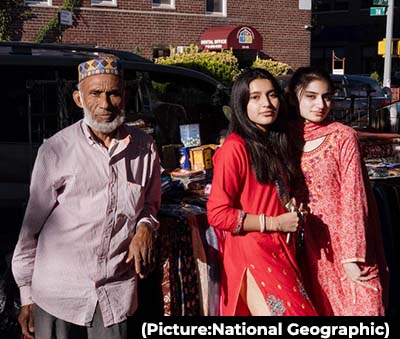 Since the 1990s, and especially after major climbing disasters on Everest, Sherpa have left Nepal in large numbers. Many have come to the area around Roosevelt Avenue, where they often work as taxi drivers, or restaurant cooks and supermarket employees. The United Sherpa Association is a central meeting point of worship and community—where people chant and pray, gather for meals of dhal and root-vegetable stews, and share opportunities for work or study.
Since the 1990s, and especially after major climbing disasters on Everest, Sherpa have left Nepal in large numbers. Many have come to the area around Roosevelt Avenue, where they often work as taxi drivers, or restaurant cooks and supermarket employees. The United Sherpa Association is a central meeting point of worship and community—where people chant and pray, gather for meals of dhal and root-vegetable stews, and share opportunities for work or study.
There are also classes to teach the Sherpa language and traditions to new generations born in the U.S. Shortly after the pandemic began, the association opened a food pantry—available not only to Sherpas but to anyone—and every Tuesday since then, people have lined up in need. And the Sherpas haven’t stopped advocating for their family members back in Nepal, either: for better educational and economic opportunities, and for improved safety infrastructure for climbing guides and porters, especially as recent tourism downturns and pandemic outbreaks have further devastated the country.
“Most of the Sherpa over here, their families are still in Nepal,” says Pasang Sherpa, president of the US-Nepal Climbers Association, a Queens-based nonprofit. “We know exactly who needs help.”
‘La Roosevelt’
Down the road, the sound of spoken Spanish envelops either side of what’s known as ‘La Roosevelt.’ In Jackson Heights there is a block nicknamed ‘Calle Colombia’ (Colombia Street)—where vendors slice cold coconuts with machetes, and tall stalks of sugarcane disappear into juicers for the sweet drink called guarapo. Further east are standing-room-only taquerias, stores bursting with knock-off soccer jerseys, and electronics dealers and barber shops with hawkers outside telling passersby to come in, just for a minute, just to take a look.
On 80th Street, just south of Roosevelt in Elmhurst, Barco de Papel (Paper Boat) stands as the sole Spanish-language bookstore left in New York City. One of the owners is an older Cuban man named Ramón Caraballo who can usually be found there smoking a cigar. He speaks softly and sparingly. “I am just a man who opens up a bookstore in the morning and closes it at night,” Caraballo said when he first introduced himself. “That is all.”
The building is small, just one room, but it is filled from floor to ceiling with a large selection of some of Latin America’s finest writers—Jorge Luis Borges, Gabriel García Márquez, Isabel Allende—as well as lesser-known staff favorites. It is so stuffed with books only its keepers know where anything is to be found.
Caraballo is one of those keepers. Before he co-founded Barco de Papel in 2003, he sold books from a street cart around the corner. “All my life I’ve dedicated myself to literature,” he says. When he opened the nonprofit store—around the same time that Amazon and rising rents began to spell the demise of independent bookstores, especially Spanish-language ones, across the U.S.—it quickly became a community treasure.
Many customers come to Barco de Papel hoping to rebuild the libraries they left behind when they migrated. “They bring their kids, too,” says Paula Ortiz, a high school teacher from Colombia who co-founded the store. “They can’t take them to their countries, so they bring them here.” Others will gather for tertulias—discussions about literature and current events—and live readings.
But Barco de Papel has also become a hub for information. Since the pandemic, many customers leave with information on vaccines, testing, or treatment. New migrants seek out guidance on how to start a small business or learn English. Children whose parents can’t afford to buy another book benefit from book exchanges.
“We have to constantly change with the community, without losing our essence,” Ortiz says. “We owe ourselves to them.”
Corona Plaza
One afternoon in Barco de Papel, I found Caraballo and two helpers unwrapping a large painting that they were planning to put up in a nearby underpass, part of a public art installation in homage to the neighborhood. This one was a bright-colored portrait of a Latina street vendor flanked by a food truck and some ears of large-kernel corn.
Street vending has long been woven into the fabric of Queens, where on the sidewalks you can buy just about anything. In largely Chinese and Korean neighborhoods like Flushing, vendors pull steaming dumplings and salted duck eggs out of steel tubs; plastic bins offer spiced watermelon seeds, eyebrow beans, and goji berry soup. Along Roosevelt, Bangladeshis and Afghans peddling religious items cross paths with Spanish-speaking vendors who sell food and drink, small metal lockets and neon construction vests, disposable masks, rat poison, smartphone cases, and flowered hanging plants.
Some have been selling for years. Many others have only recently begun, after losing their jobs because of the pandemic-induced economic crisis. Pop-up stands of folding tables and tents have appeared (and expanded) on much-transited corners. People walk past with strollers, pulling back the top to reveal not children but candies, popsicles, and sandwiches. Women weave their way through traffic carrying months-old babies in slings on their backs, selling sliced fruit to drivers at red lights.
“Vending has always been big along Roosevelt, especially in Jackson Heights and Corona, but even more so now, because so many people have lost their income, are facing eviction, and have no safety net,” says Carina Kaufman-Gutierrez, deputy director of The Street Vendor Project, a nonprofit that works with street-sellers across New York City. “Every type of relief that came out during the pandemic excluded undocumented folks. And that hit the area so especially hard.”
The Street Vendor Project estimates that during the pandemic, the number of vendors in Corona Plaza, along Roosevelt Avenue at 103rd Street, rose nearly fourfold, from 20-30 people to more than 100. They come prepared for the elements—with tents, tarps, umbrellas and plastic garbage bags—and work through the rain, snow, sun, and cold.
“We used to live in the mountains, my family,” says María Lucrecia Armira, 44, who migrated to Queens in 2019 from a small village in the department of Suchitepéquez, Guatemala. She has had to adjust to spending nearly every waking hour in the smoky heat of a grill stand, selling meat skewers on the loudest corner of the Plaza. Armira arrived two years ago with her 14-year-old son, who enrolled in the local public school; when the pandemic began a short time later, he dropped out and started working full-time selling raspados (shaved ice) and slushies.
“On the one hand I was nervous about the virus,” Armira says. “On the other hand, we were locked down and couldn’t work.” Sharing a single bedroom with her son in an apartment filled with other families, she tries to send $500 per month—or whatever she can—to her two other children, whom she had to leave behind in Guatemala. “Many people count on what we send from here.”
Street vendors now face opposition from brick-and-mortar business owners frustrated with the sudden boom in new and seemingly unlimited competition. In recent months, the city has stepped up its enforcement of street-vending laws, ticketing and removing those without a permit. There are more than 20,000 vendors estimated to be working in the city, and just a small fraction of permits, leading to price-gauging, according to labor activists.
One afternoon on Corona Plaza, the presence of two New York City inspectors sent many vendors scurrying. There were fewer produce-sellers on the sidewalk, food trucks were shuttered, and shopping carts stood empty, piled atop each other beneath the train tracks.
Ana Maldonado stood nervously in the shadows—across the street from her usual spot on the plaza, where for more than 15 years she’s sold tamales and rice pudding and syrupy Mexican-style hot chocolate from a cart of metal vats and orange Gatorade thermoses.
“My customers know me, they know where to find me,” she says, looking out for inspectors from the stairs to the train. The inspectors had warned her to leave, or risk an expensive fine and all of her merchandise being tossed to the trash. “They’re in the middle of the plaza. If they catch me, I’m finished.”
Originally from a small mountain town in Guerrero, Mexico—where, in the green hills, steam rises from rivers swelled with rain—now she wakes up each morning at 4 a.m. and prepares the day’s food for sale on Roosevelt, not returning home until she’s sold everything. Her husband spent 28 days in the hospital with COVID-19 at the start of 2020 and nearly died; he has been unemployed since. “All that my family has, everything comes from this,” Maldonado says. “I work hard to feed them, whatever it takes.”
Queens Globe
As Roosevelt Avenue nears the end of its eastward course, it’s fitting that it passes by the famous Unisphere, the Queens Globe built for the 1964 World’s Fair, that has since become a symbol of this area’s epic cultural diversity. Here in Flushing Meadows-Corona Park, the hustling chaos of Roosevelt Avenue abates, if only for a moment, and the world’s borough comes outside to decompress.
In springtime, families take pictures at golden hour in their best sunshine saris, their favorite skirts and collared shirts in front of an explosion of color: the cornelian cherries, the flowering pears, the forsythia and the redbuds in full bloom. Two years after the onset of the pandemic, despite all the challenges the coronavirus has left behind, there are signs of renewal, too—of soccer games returning to dusty fields with goals carried on backs and bicycles; of misting fountains, and the smell of new grass; of the sound of Mister Softee trucks offering ice cream to children with outstretched arms.
I have often thought about what it means to be American on my walks along Roosevelt—what it means to be the product of so many different stories and struggles and heritages that have led us to one singular, raucous mix of a place. In this country that so deeply strives for assimilation, there is often pressure to distill identities, to make them more palatable for others looking on.
But what is both so special and so hard about Queens is that assimilation does not come easy.
I think about this with every scene that crosses my gaze, with every encounter and conversation—whether in a bookstore or a temple, on the 7 train or on a soccer field in the park. I think about the many definitions of “American” when my own family, a blend of cultures shaped by migrations forced and voluntary, ventures out to this neighborhood for tastes of a past that continues to mark our future here. As parents look for fair and just opportunities to raise their children in the U.S., to learn English, to find work, and to support their families abroad, that sense of the ‘old country’ is unlikely to fade from Roosevelt Avenue, so long as people keep migrating to neighborhoods like this one.
I thought about that when I first met Maldonado, the undocumented street vendor who left Mexico two decades ago and cannot return without risk of not being able to get back into the U.S. I told her that I’d recently been there and asked her what part of the country she was from. Instead of answering right away she touched my wrist with her hands and looked into my eyes. “Cómo está?” she asked about her homeland. “How is it?”

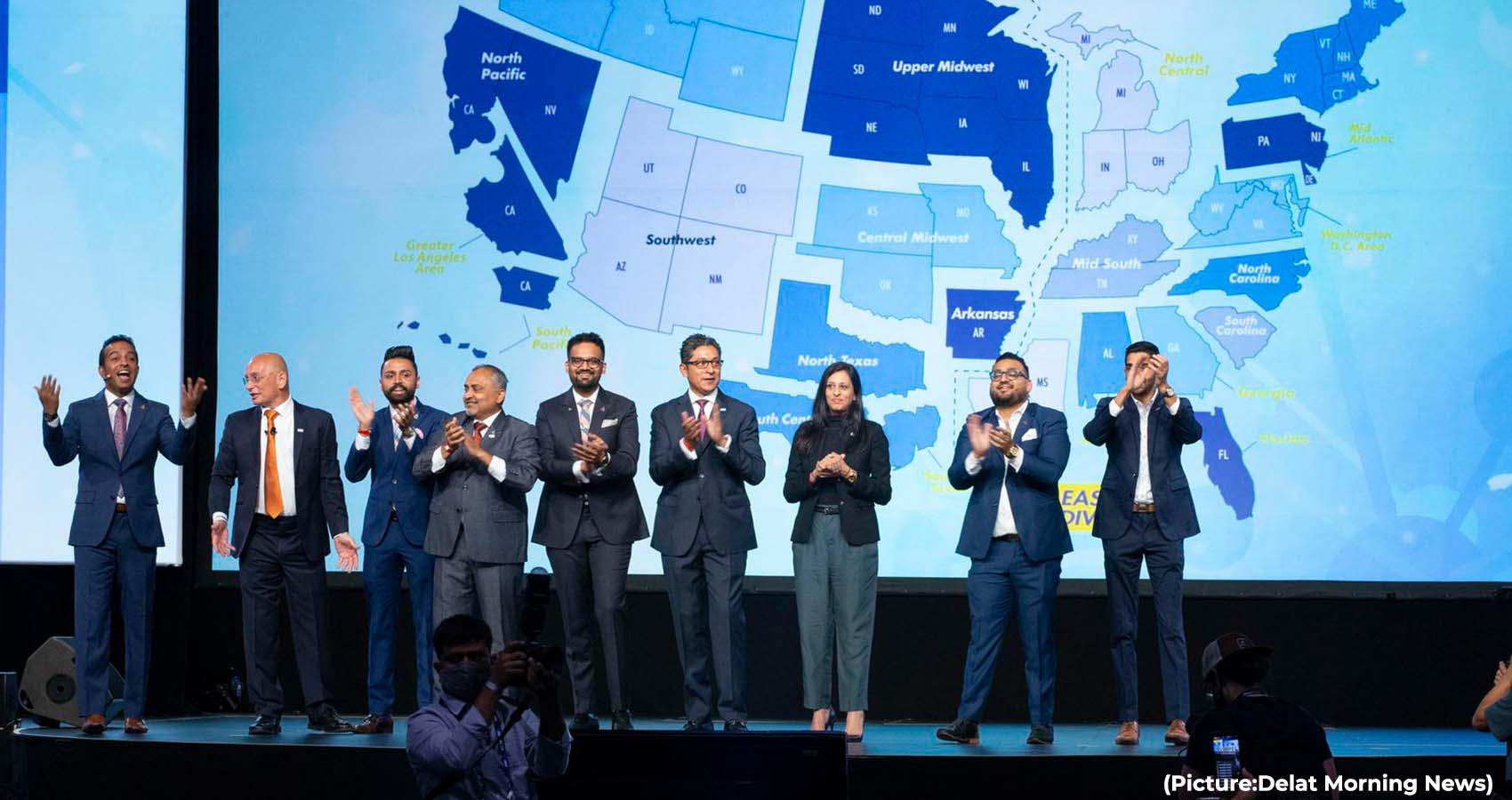
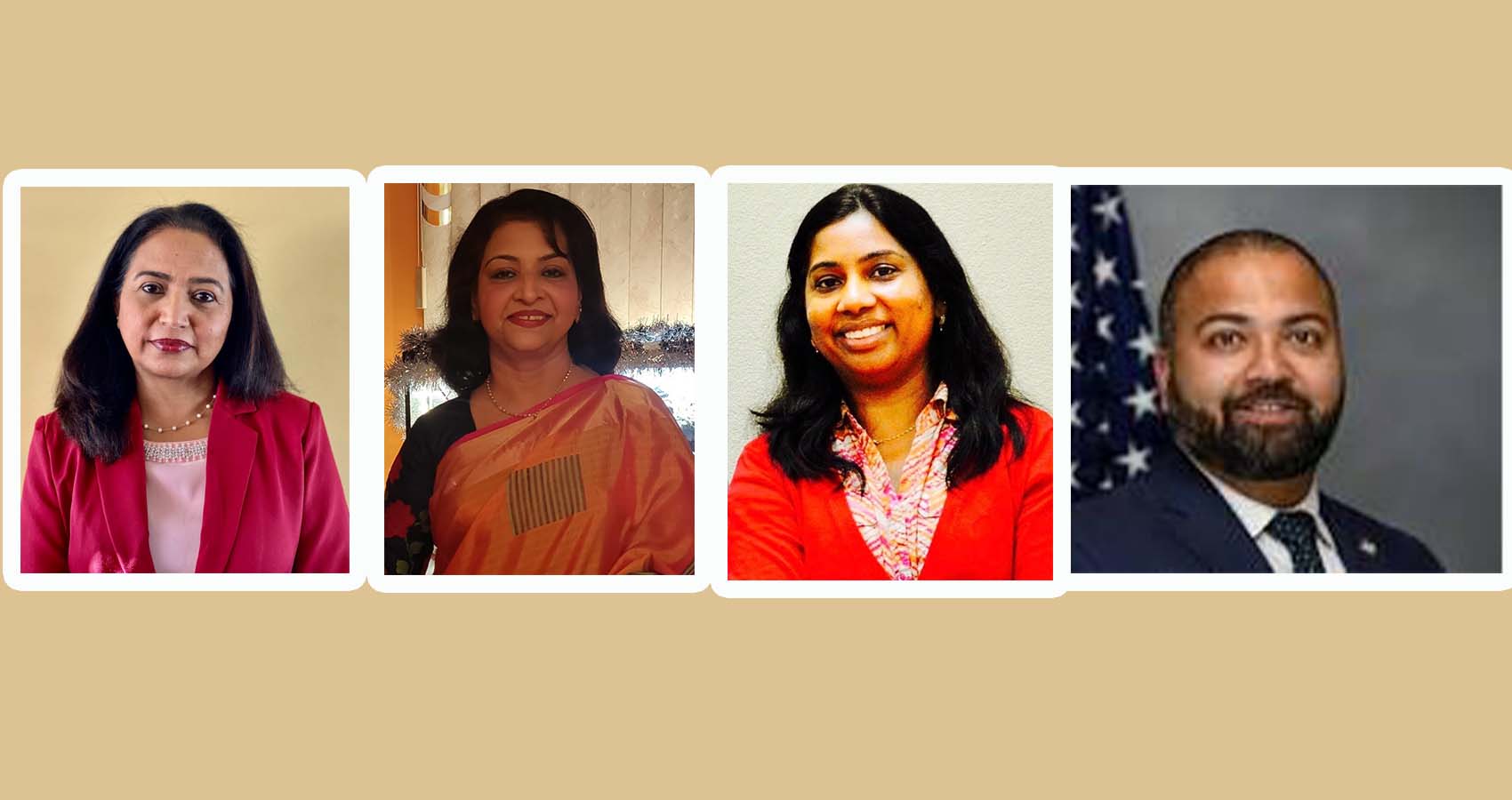
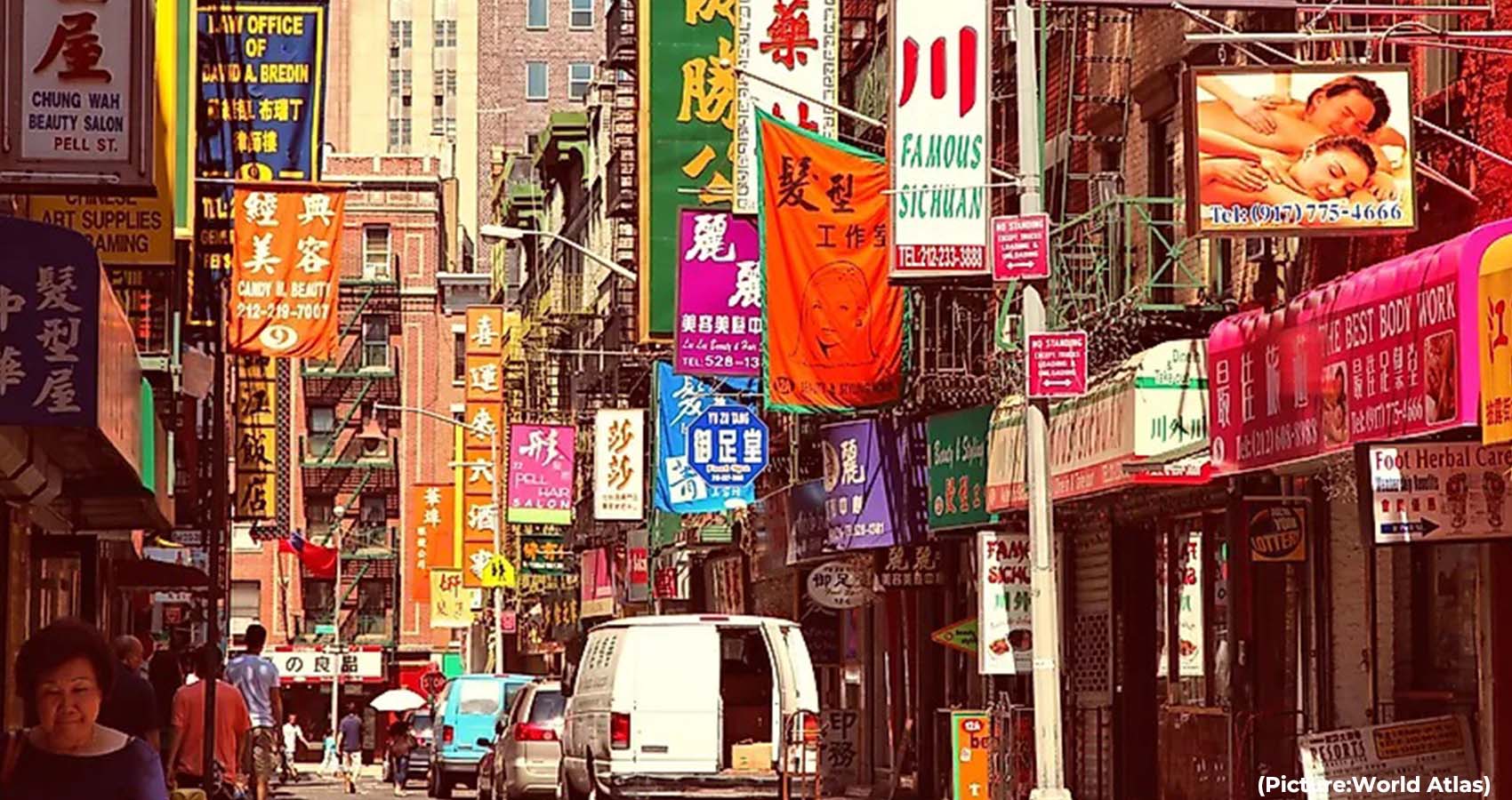
 In New York, such a rapid and large-scale loss of life meant that the city’s engine sputtered to an even more devastating halt; in other places, like Mexico and Ecuador, Bangladesh and Nepal, it meant that many families could no longer rely on support from relatives in Queens who were suddenly out of work, or worse.
In New York, such a rapid and large-scale loss of life meant that the city’s engine sputtered to an even more devastating halt; in other places, like Mexico and Ecuador, Bangladesh and Nepal, it meant that many families could no longer rely on support from relatives in Queens who were suddenly out of work, or worse.  Since the 1990s, and especially after major climbing disasters on Everest, Sherpa have left Nepal in large numbers. Many have come to the area around Roosevelt Avenue, where they often work as taxi drivers, or restaurant cooks and supermarket employees. The United Sherpa Association is a central meeting point of worship and community—where people chant and pray, gather for meals of dhal and root-vegetable stews, and share opportunities for work or study.
Since the 1990s, and especially after major climbing disasters on Everest, Sherpa have left Nepal in large numbers. Many have come to the area around Roosevelt Avenue, where they often work as taxi drivers, or restaurant cooks and supermarket employees. The United Sherpa Association is a central meeting point of worship and community—where people chant and pray, gather for meals of dhal and root-vegetable stews, and share opportunities for work or study.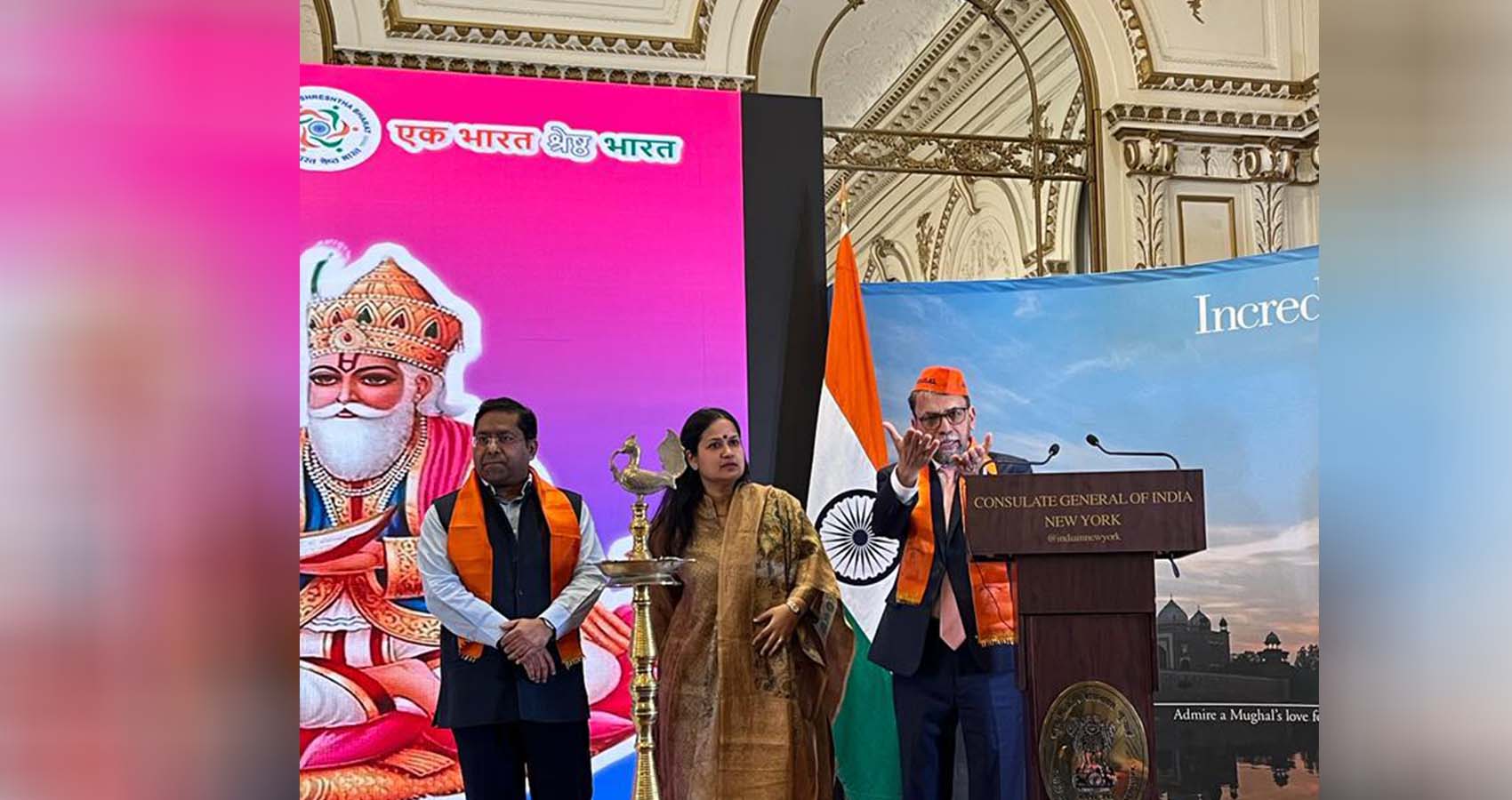
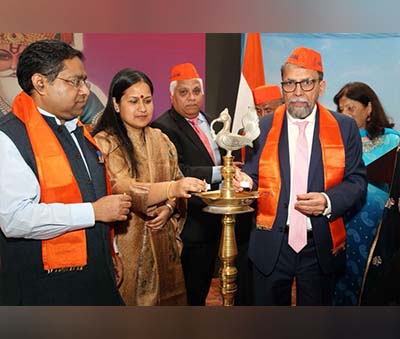 New Year at Indian Consulate in New York.
New Year at Indian Consulate in New York.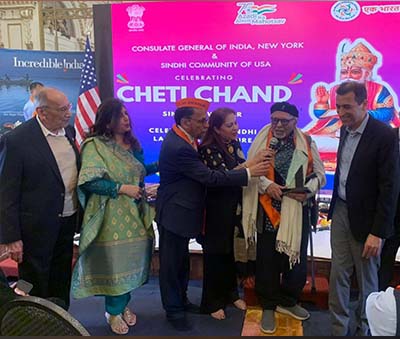 Sewhani said that Sindhi language is in decline. Today youngsters don’t speak Sindhi language. In a passionate appeal to Sindhis he urged them to speak with their children in Sindhi . Sindhi is our Ancestral language. It’s very important that if you want Sindhi community to be alive , Sindhi language has to be spoken at home with children.
Sewhani said that Sindhi language is in decline. Today youngsters don’t speak Sindhi language. In a passionate appeal to Sindhis he urged them to speak with their children in Sindhi . Sindhi is our Ancestral language. It’s very important that if you want Sindhi community to be alive , Sindhi language has to be spoken at home with children.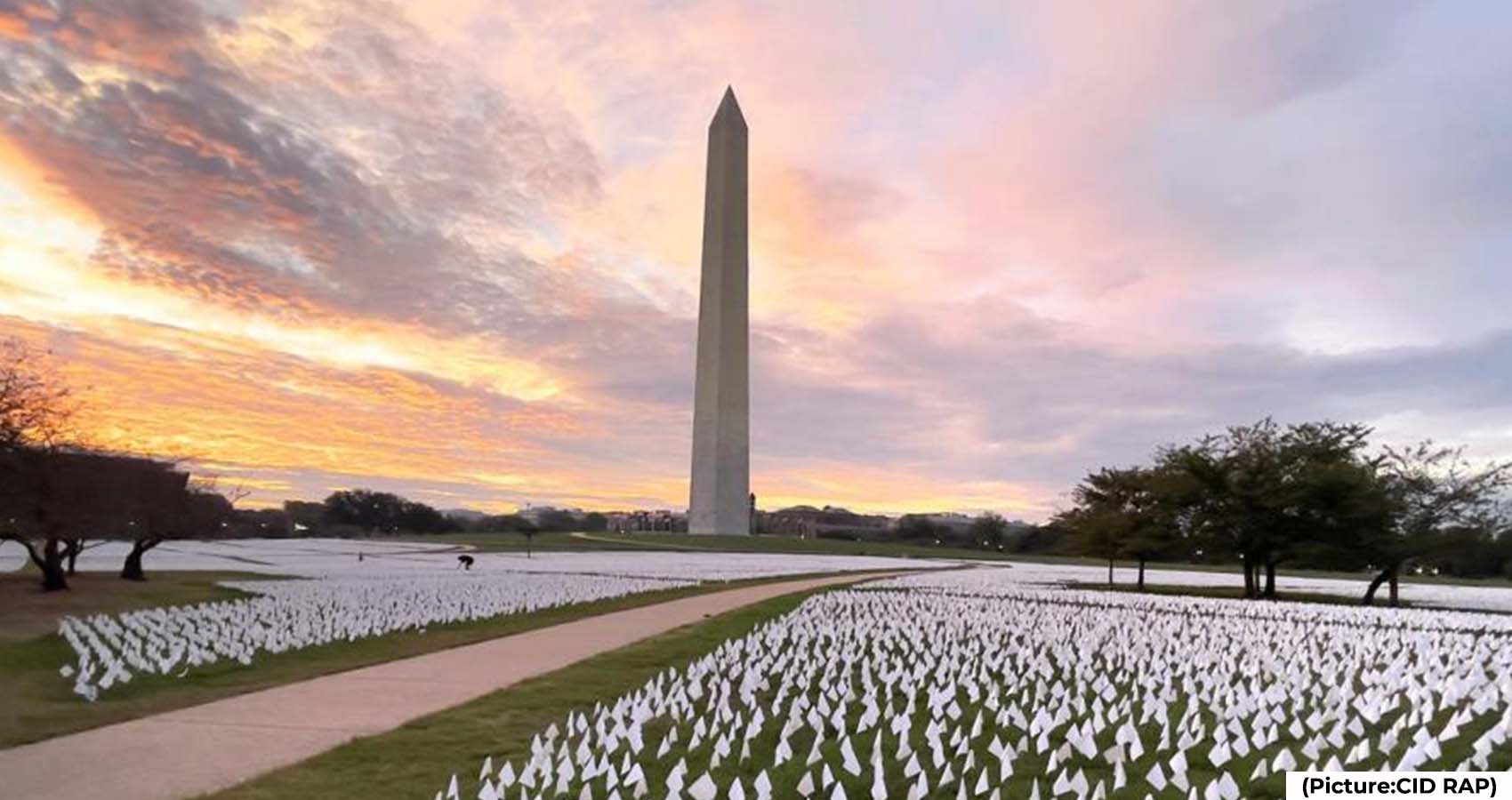
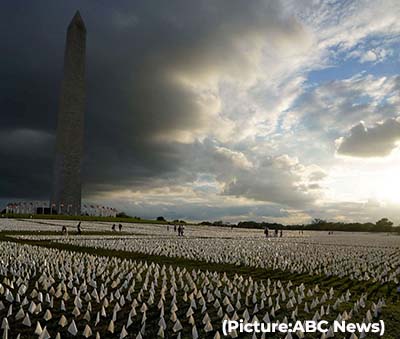 Adolescent overdose death counts were fairly constant for most of the last decade, at around 500 a year, according to the paper published by the Journal of the American Medical Association. They almost doubled in 2020, to 954, and the researchers estimated that the total hit nearly 1,150 last year.
Adolescent overdose death counts were fairly constant for most of the last decade, at around 500 a year, according to the paper published by the Journal of the American Medical Association. They almost doubled in 2020, to 954, and the researchers estimated that the total hit nearly 1,150 last year.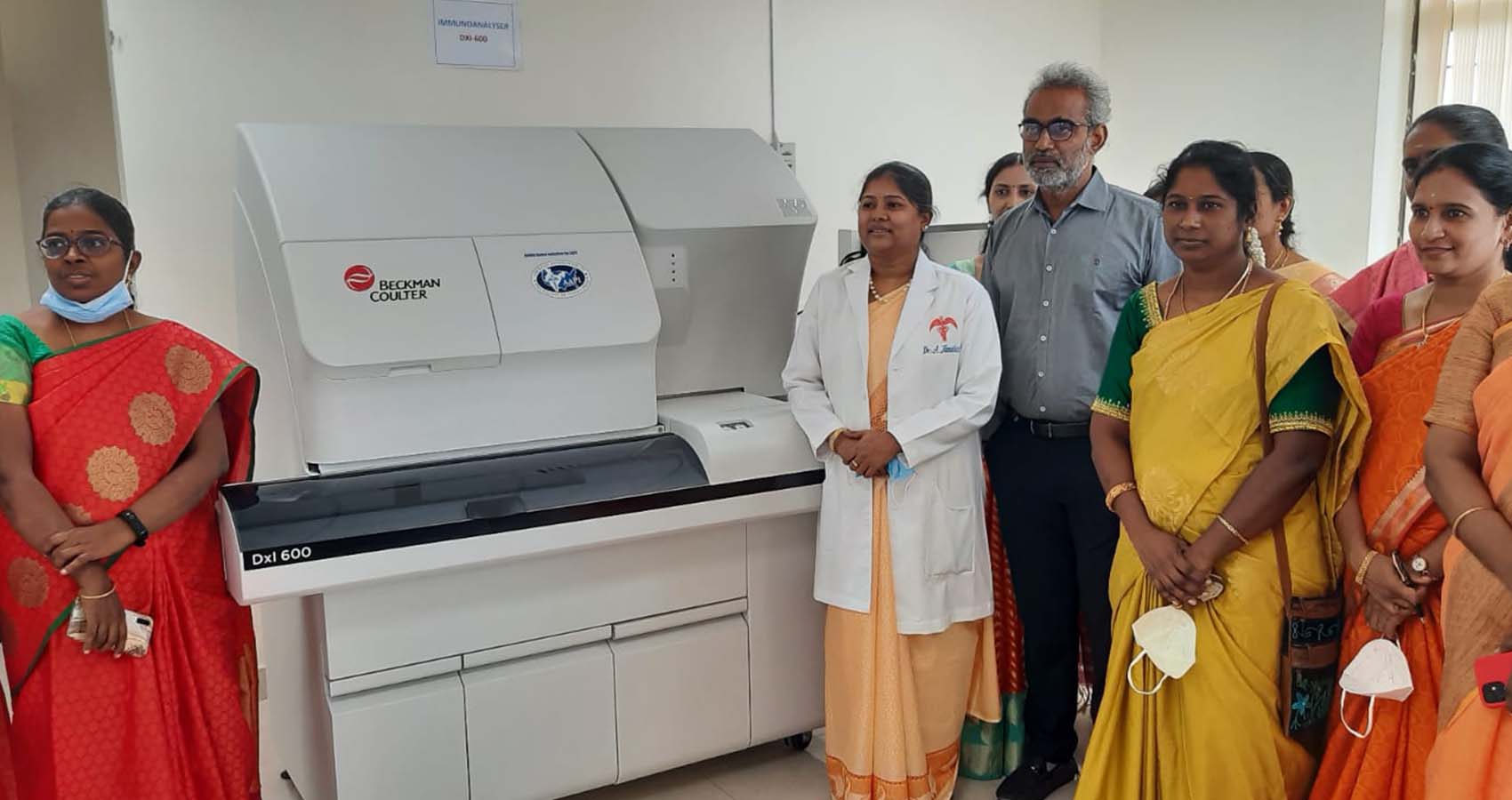
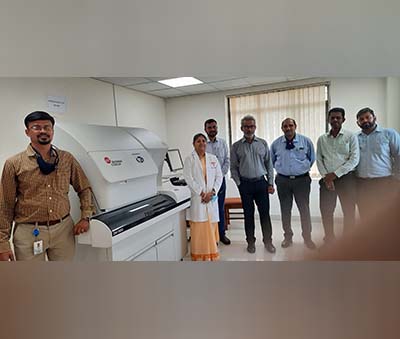 The 2nd phase of the free vaccination camp was inaugurated with the lighting of the traditional lamp by IMA’s Telangana President Sampath Rao, IMA North President Raghunandan, Secretary Surendranath, Dr. Meeta Singh, and Dr. Naunihal Singh. AAPI Advisor Dr. Dwarakanatha Reddy inaugurated the vaccination camp. ““If vaccination programs are effectively implemented, approximately 90 percent of invasive cervical cancer cases worldwide could be prevented, in addition to the majority of precancerous lesions,” Dr. Dwarakanatha Reddy said.
The 2nd phase of the free vaccination camp was inaugurated with the lighting of the traditional lamp by IMA’s Telangana President Sampath Rao, IMA North President Raghunandan, Secretary Surendranath, Dr. Meeta Singh, and Dr. Naunihal Singh. AAPI Advisor Dr. Dwarakanatha Reddy inaugurated the vaccination camp. ““If vaccination programs are effectively implemented, approximately 90 percent of invasive cervical cancer cases worldwide could be prevented, in addition to the majority of precancerous lesions,” Dr. Dwarakanatha Reddy said.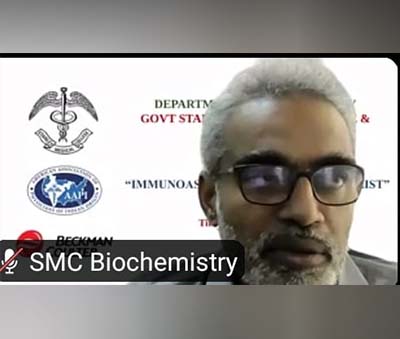 According to The American Cancer Society, Cervical Cancer was once one of the most common causes of cancer death for American women. The cervical cancer death rate dropped significantly with the increased use of the Pap test for screening. Cervical cancer is among a number of cancers that can be caused by infections with pathogens – bacteria, viruses, and parasites.
According to The American Cancer Society, Cervical Cancer was once one of the most common causes of cancer death for American women. The cervical cancer death rate dropped significantly with the increased use of the Pap test for screening. Cervical cancer is among a number of cancers that can be caused by infections with pathogens – bacteria, viruses, and parasites.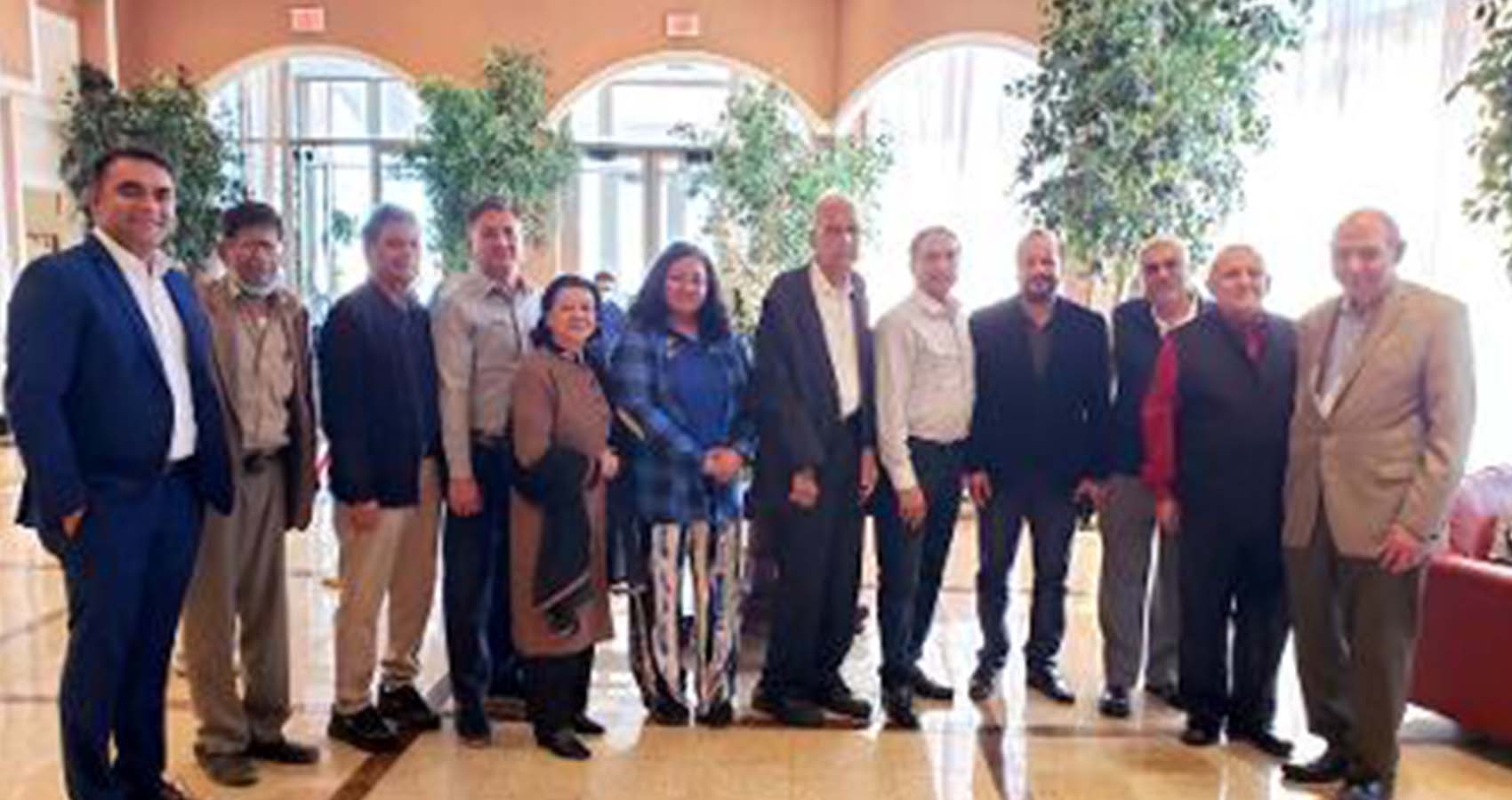
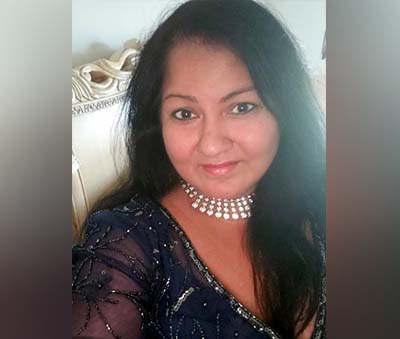 The Association of Indians in America is the oldest Indian organization in the United States. It was established in 1967 with the anticipation that as a change of the immigration law, there will be greater immigration of Indian people to the United States. One of the objectives was to help and facilitate the participation and the assimilation of the incoming Indian immigrants to the United States society in the country of their choice.
The Association of Indians in America is the oldest Indian organization in the United States. It was established in 1967 with the anticipation that as a change of the immigration law, there will be greater immigration of Indian people to the United States. One of the objectives was to help and facilitate the participation and the assimilation of the incoming Indian immigrants to the United States society in the country of their choice. 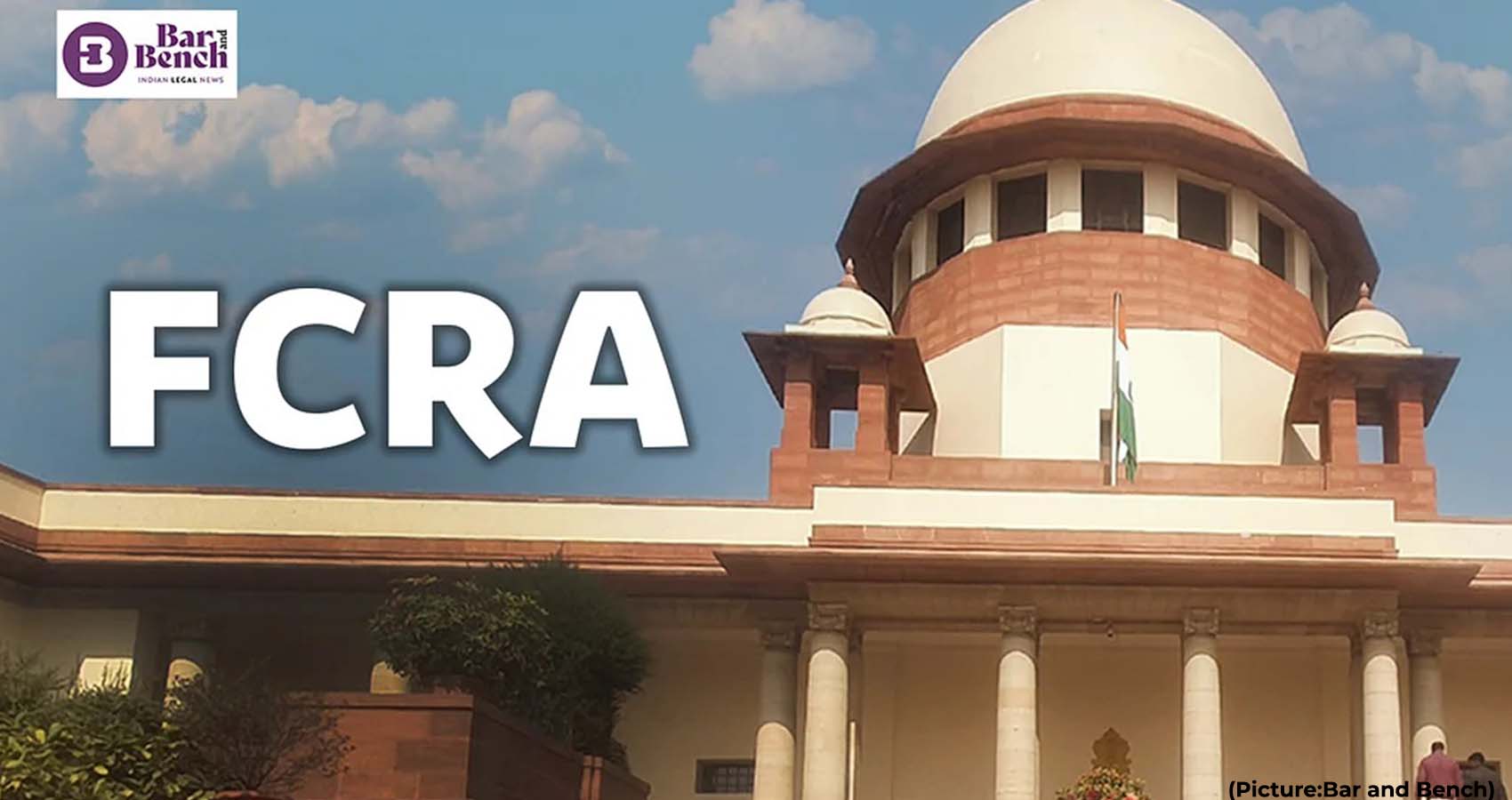
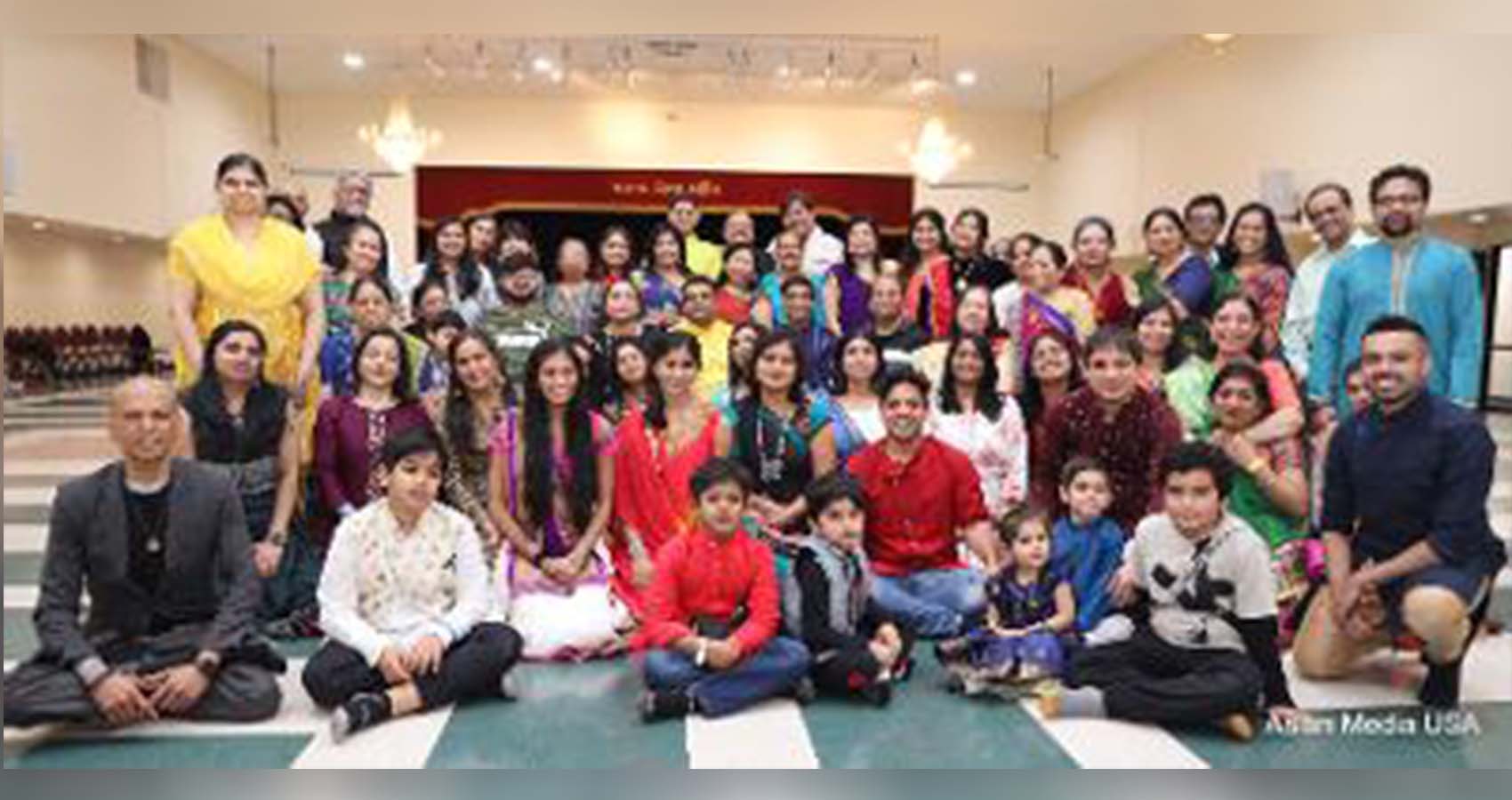
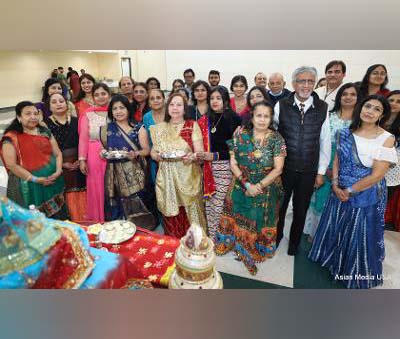 Chaitra Navratri is a nine days festivity which starts on the first day of Hindu Luni-Solar calendar and falls in the month of March or April. Chaitra is the first month of Hindu lunar calendar and because of it this Navratri is known as Chaitra Navratri. Chaitra Navratri is also known as Vasanta Navratri.
Chaitra Navratri is a nine days festivity which starts on the first day of Hindu Luni-Solar calendar and falls in the month of March or April. Chaitra is the first month of Hindu lunar calendar and because of it this Navratri is known as Chaitra Navratri. Chaitra Navratri is also known as Vasanta Navratri.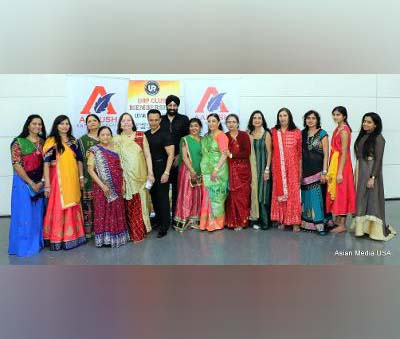 The reason people love Bharati Desai could be “because she sings from her heart and soul”, said Altaf Bukhari, Vice President Federation of Indian Associations (FIA)-Chicago IL. “The songs that she selects are well known and original folk songs” said Nisha Deshpande who was accompanied by her 3 yrs. an old son dressed up in traditional Gujarati dress, one of the many energetic participants present there. “She gives little variation in notes, but keeps the soul, the ‘atma’ of the song intact,” said Roma Bhagat. This was echoed by another very happy attendee Mrs. Priya Ghayal who described the events as an excellent, enjoyable, exceptional event presented by Bharti Desai.
The reason people love Bharati Desai could be “because she sings from her heart and soul”, said Altaf Bukhari, Vice President Federation of Indian Associations (FIA)-Chicago IL. “The songs that she selects are well known and original folk songs” said Nisha Deshpande who was accompanied by her 3 yrs. an old son dressed up in traditional Gujarati dress, one of the many energetic participants present there. “She gives little variation in notes, but keeps the soul, the ‘atma’ of the song intact,” said Roma Bhagat. This was echoed by another very happy attendee Mrs. Priya Ghayal who described the events as an excellent, enjoyable, exceptional event presented by Bharti Desai.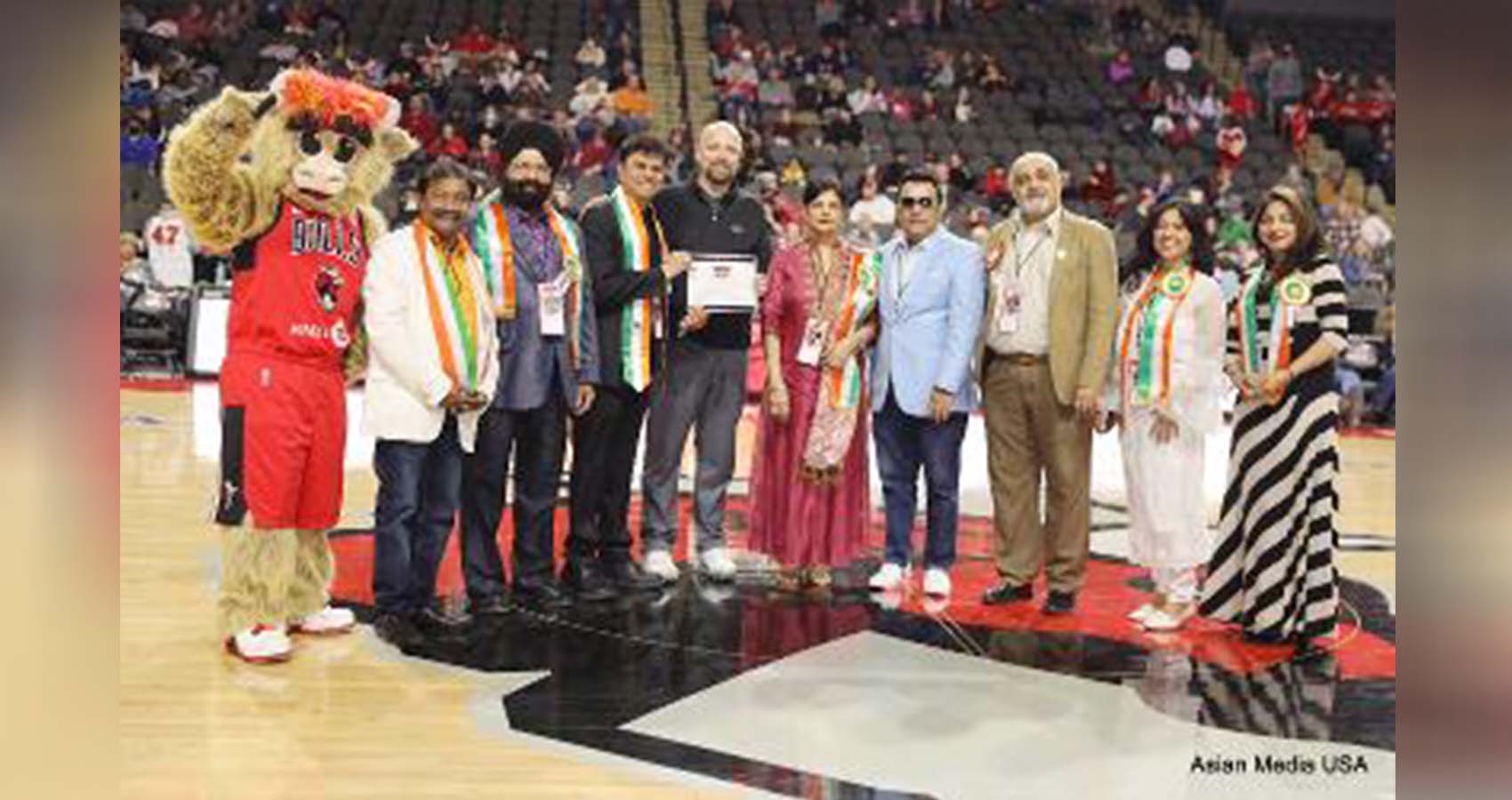
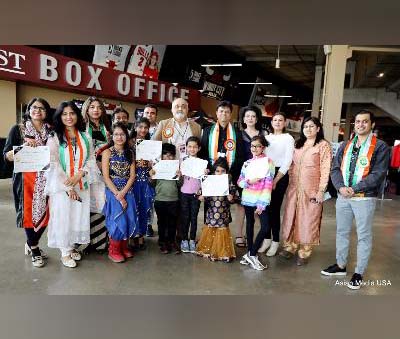 A Certificate of Appreciation was presented Brad Seymore, President, Windy City Bulls, to Team FIA – Chicago for their participation and celebrating five years of Indian Heritage Night. The honor was received by Sunil Shah, Rita Shah, Hitesh Gandhi, Onkar Sangha, Neil Khot, Vinita Gulabani, Altaf Bukhari, Richa Chand on behalf of Team FIA. When asked, Chairman Shah said, “We promote & motivate our youth to participate & perform during the Bulls games.” President Gandhi added, “ We strive for a culture, rich & diverse, and this is one of the ways we can do it.”
A Certificate of Appreciation was presented Brad Seymore, President, Windy City Bulls, to Team FIA – Chicago for their participation and celebrating five years of Indian Heritage Night. The honor was received by Sunil Shah, Rita Shah, Hitesh Gandhi, Onkar Sangha, Neil Khot, Vinita Gulabani, Altaf Bukhari, Richa Chand on behalf of Team FIA. When asked, Chairman Shah said, “We promote & motivate our youth to participate & perform during the Bulls games.” President Gandhi added, “ We strive for a culture, rich & diverse, and this is one of the ways we can do it.”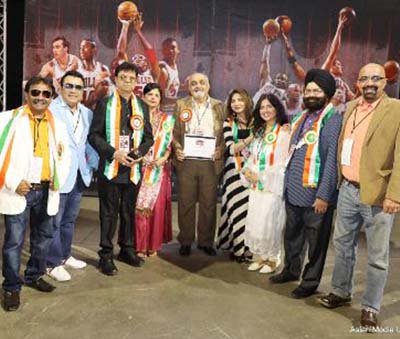 During the quarter breaks, there was a sensational Garbha folk dance by Magic Feet group ( Performers: Mahi Jain, Agalya Saminathan, Suriya Soni, Ridhima Singh, Apurva Vinodkumar, Riva Rithesh, Ahana Charanpahari ) There was also a beautiful Indian fusion dance performance by the Dancing Diamonds group. (Performers: Anika Sharma, Samiksha Joshi, Saanvi Gubba, Niyati Parashar, Urvi Chirapu, Charisma ) Team FIA presented a Certificate of Appreciation to all the performers. The program coordinators were Richa Chand (FIA -Chicago) & Logan Robben (Windy City Bulls). Other FIA members who attended and supported the event were Abir Maru, Neelam Jai, Harry Sidhu, Pratik Deshpande, Vibha Rajput, Dr Afroz Hafeez, Subbu Iyyer, Julie Thakkar, Hemendra Shah, Peenal Shah, Chandni Kalra, Kavita Rawla, Aparna Khot, Chandini Duvuri, Deepa Sharma, Dr Ramesh Nair, Manoj Rathod and Suresh Bodiwala and their friends and families.
During the quarter breaks, there was a sensational Garbha folk dance by Magic Feet group ( Performers: Mahi Jain, Agalya Saminathan, Suriya Soni, Ridhima Singh, Apurva Vinodkumar, Riva Rithesh, Ahana Charanpahari ) There was also a beautiful Indian fusion dance performance by the Dancing Diamonds group. (Performers: Anika Sharma, Samiksha Joshi, Saanvi Gubba, Niyati Parashar, Urvi Chirapu, Charisma ) Team FIA presented a Certificate of Appreciation to all the performers. The program coordinators were Richa Chand (FIA -Chicago) & Logan Robben (Windy City Bulls). Other FIA members who attended and supported the event were Abir Maru, Neelam Jai, Harry Sidhu, Pratik Deshpande, Vibha Rajput, Dr Afroz Hafeez, Subbu Iyyer, Julie Thakkar, Hemendra Shah, Peenal Shah, Chandni Kalra, Kavita Rawla, Aparna Khot, Chandini Duvuri, Deepa Sharma, Dr Ramesh Nair, Manoj Rathod and Suresh Bodiwala and their friends and families. 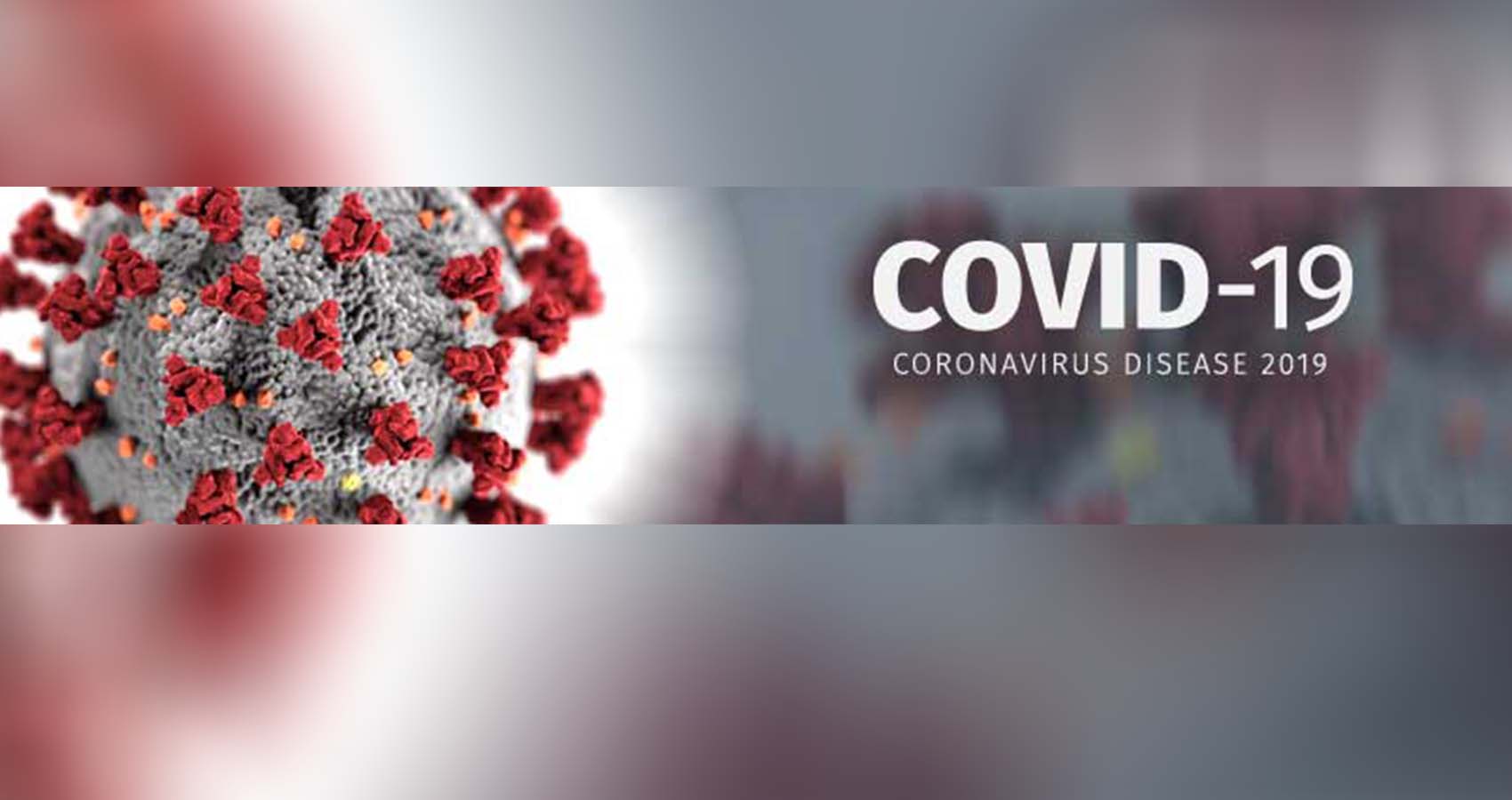
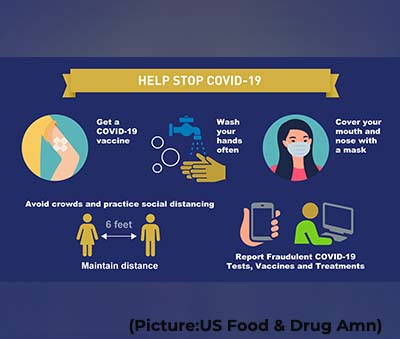 One of the website’s central features is its promotion of Biden’s “test-to-treat” program, which is designed to improve access to
One of the website’s central features is its promotion of Biden’s “test-to-treat” program, which is designed to improve access to 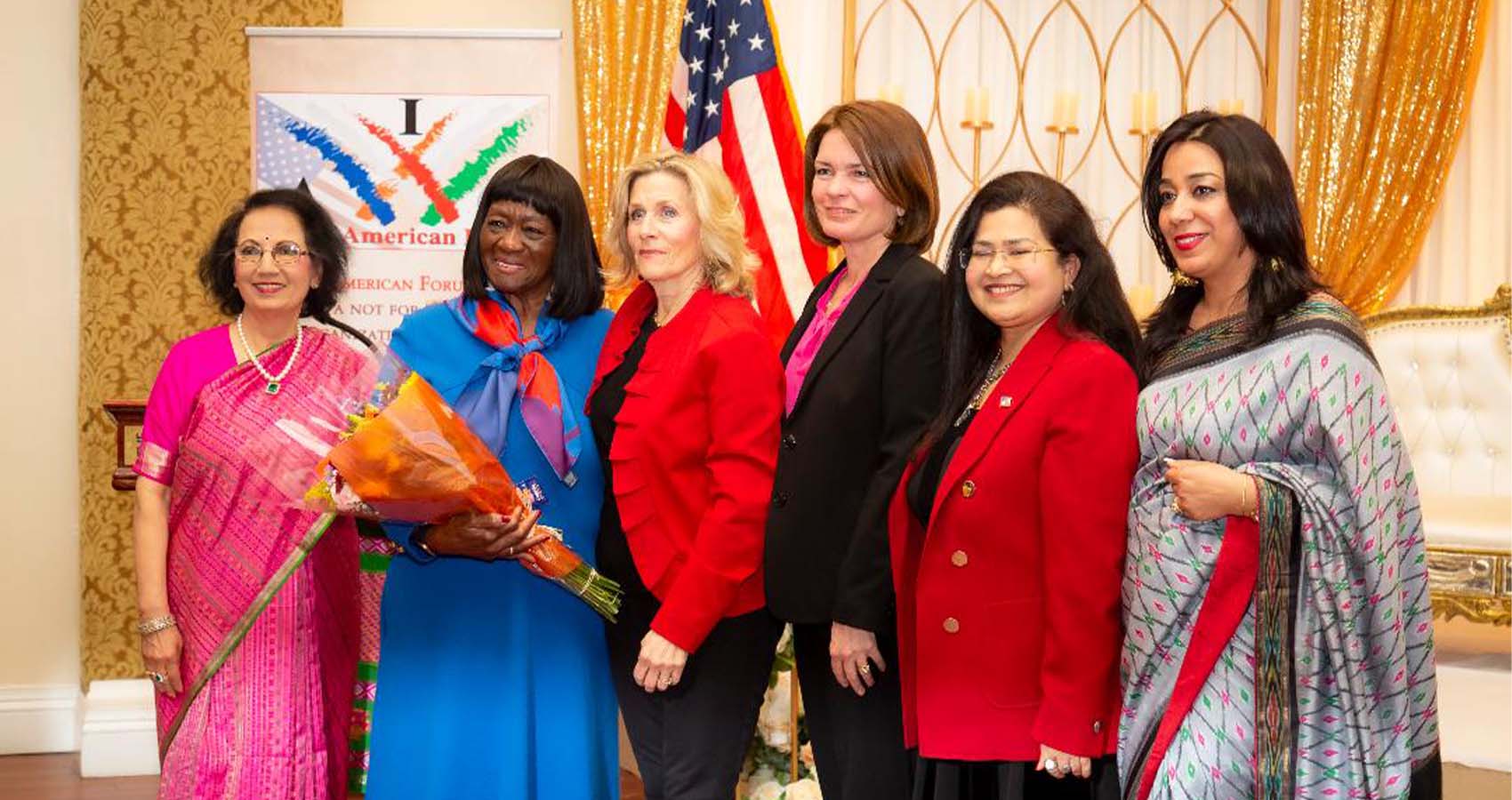
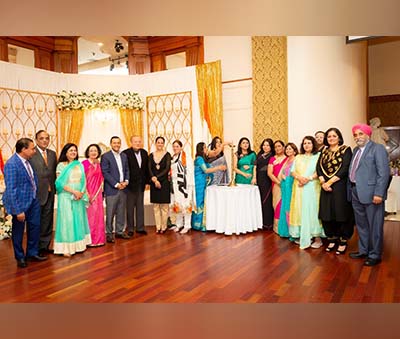 Program started with Ganesh Vandana sung by Vandana Jauhar, Dance performances presented by students of Nartan Rang Dance Academy, well-known Choreographers Swati Vaishnav and Mukthambar Fine Arts Inc., Tribute paid to Late Lata Mangeshkar Jee by Sunita Sadhnani. Chanbir Kaur Sethi, Roopam Maini, Inesha Singh, Rohini Singh and Dr Prachi Dua, Dr Pallavi Manvar Singh and Mrs Ratna Bhalla, coordinated a brief Q&A session with the honorees discussing and emphasizing their accomplishments.
Program started with Ganesh Vandana sung by Vandana Jauhar, Dance performances presented by students of Nartan Rang Dance Academy, well-known Choreographers Swati Vaishnav and Mukthambar Fine Arts Inc., Tribute paid to Late Lata Mangeshkar Jee by Sunita Sadhnani. Chanbir Kaur Sethi, Roopam Maini, Inesha Singh, Rohini Singh and Dr Prachi Dua, Dr Pallavi Manvar Singh and Mrs Ratna Bhalla, coordinated a brief Q&A session with the honorees discussing and emphasizing their accomplishments.
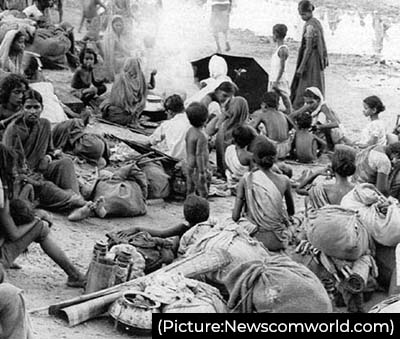 “HinduPACT has been reaching out to the lawmakers over the course of many months to inform them of this atrocity and push for a formal recognition of this genocide,” said Ajay Shah, President of World Hindu Council of America (VHPA) and the Convenor of HinduPACT. He added, “this is the largest genocide to take place in recent times. It is incomprehensible why the perpetrators of this monstrosity have not been held accountable. Are political considerations more important than justice for the victims?”
“HinduPACT has been reaching out to the lawmakers over the course of many months to inform them of this atrocity and push for a formal recognition of this genocide,” said Ajay Shah, President of World Hindu Council of America (VHPA) and the Convenor of HinduPACT. He added, “this is the largest genocide to take place in recent times. It is incomprehensible why the perpetrators of this monstrosity have not been held accountable. Are political considerations more important than justice for the victims?”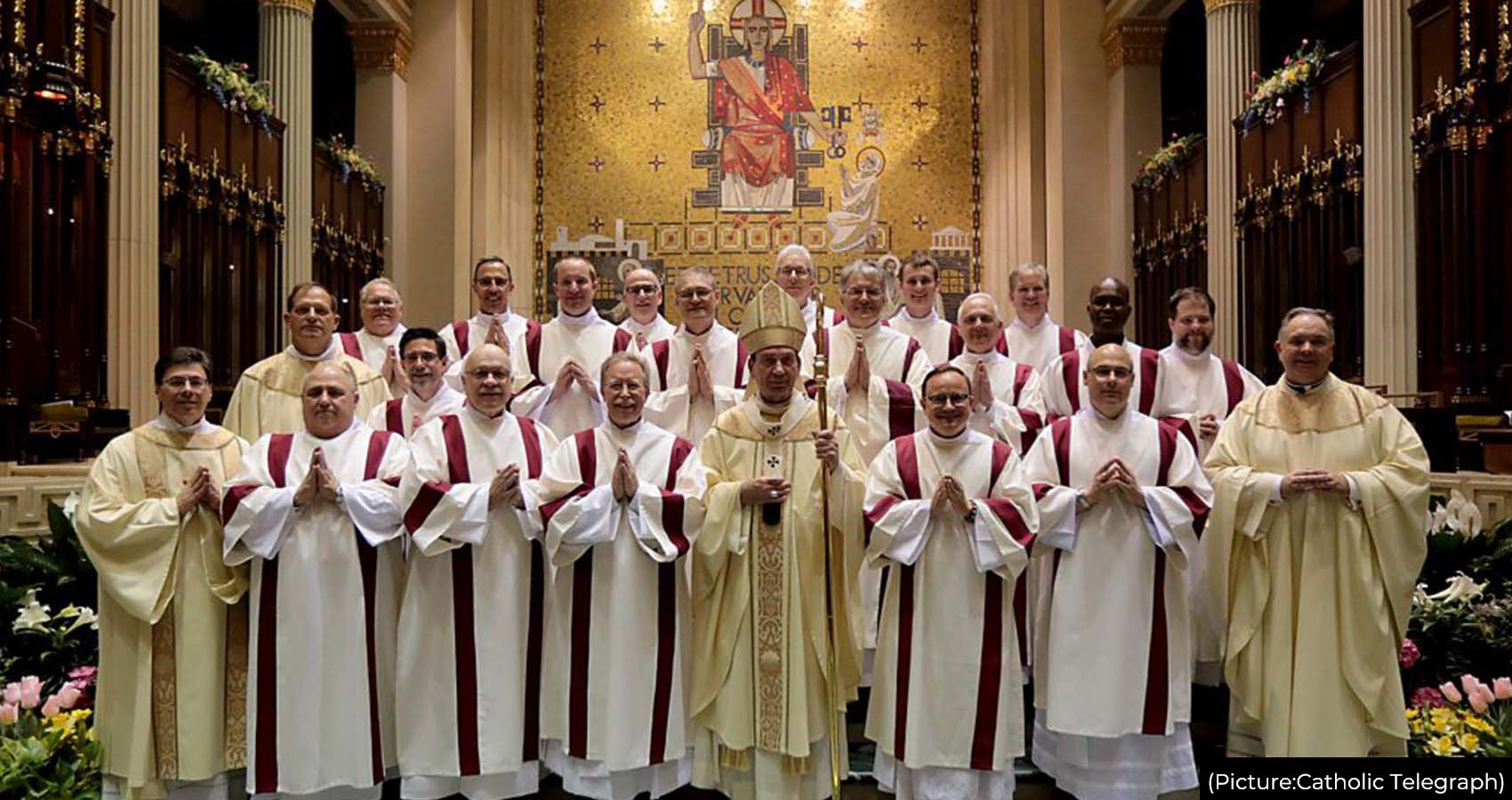
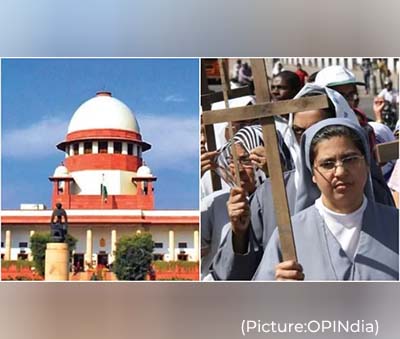 “Firstly, it is a direct violation of Article 25 of the Constitution, which guarantees every single citizen of India the fundamental right of freedom of conscience, the freedom to profess, practice and propagate one’s religion,” he said.
“Firstly, it is a direct violation of Article 25 of the Constitution, which guarantees every single citizen of India the fundamental right of freedom of conscience, the freedom to profess, practice and propagate one’s religion,” he said.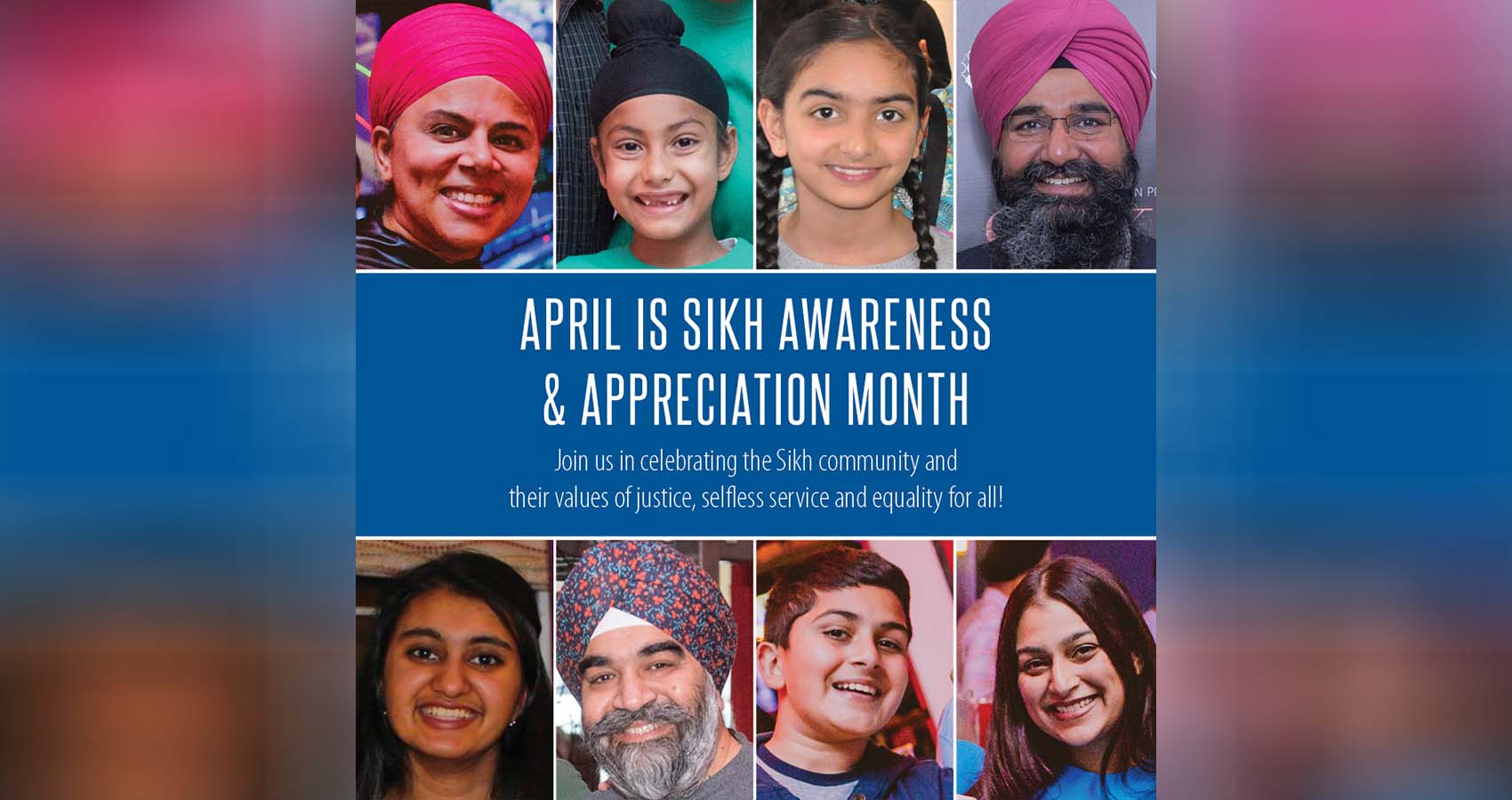
 Step 1: Decide which government official you want to request a resolution from and look up their contact information at
Step 1: Decide which government official you want to request a resolution from and look up their contact information at 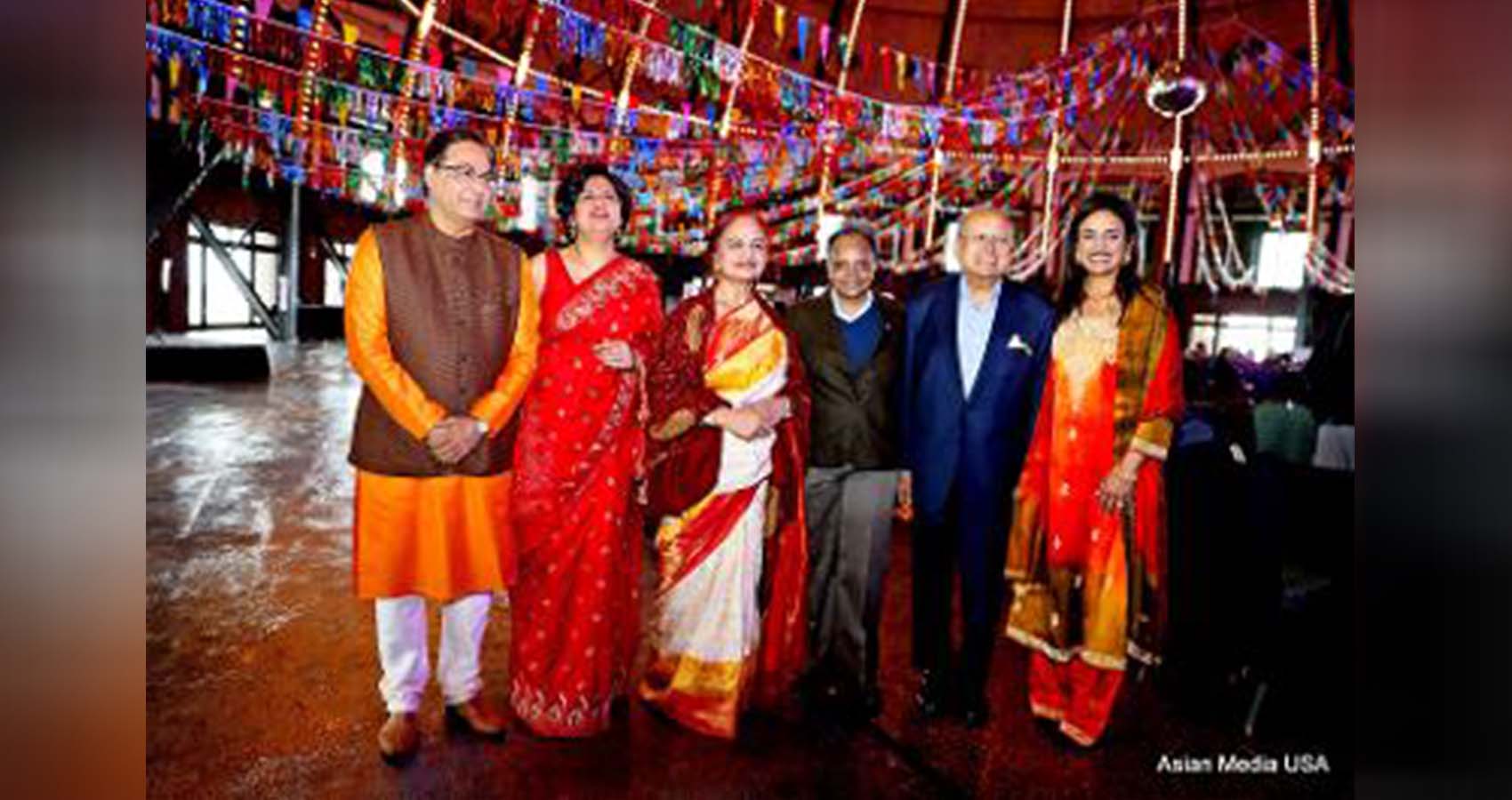
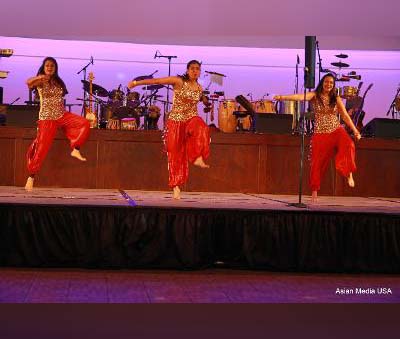 “How fitting that we can celebrate this one-of-a-kind event on our beautiful lakefront, with Mayor Lightfoot, in the city blessed by Swami Vivekananda.” Also in attendance were Consul General Amit Kumar, Indian Community Leader Niranjan S. Shah, Pratima Shah, and ABC 7 News Reporter, Ravi Baichwal.
“How fitting that we can celebrate this one-of-a-kind event on our beautiful lakefront, with Mayor Lightfoot, in the city blessed by Swami Vivekananda.” Also in attendance were Consul General Amit Kumar, Indian Community Leader Niranjan S. Shah, Pratima Shah, and ABC 7 News Reporter, Ravi Baichwal.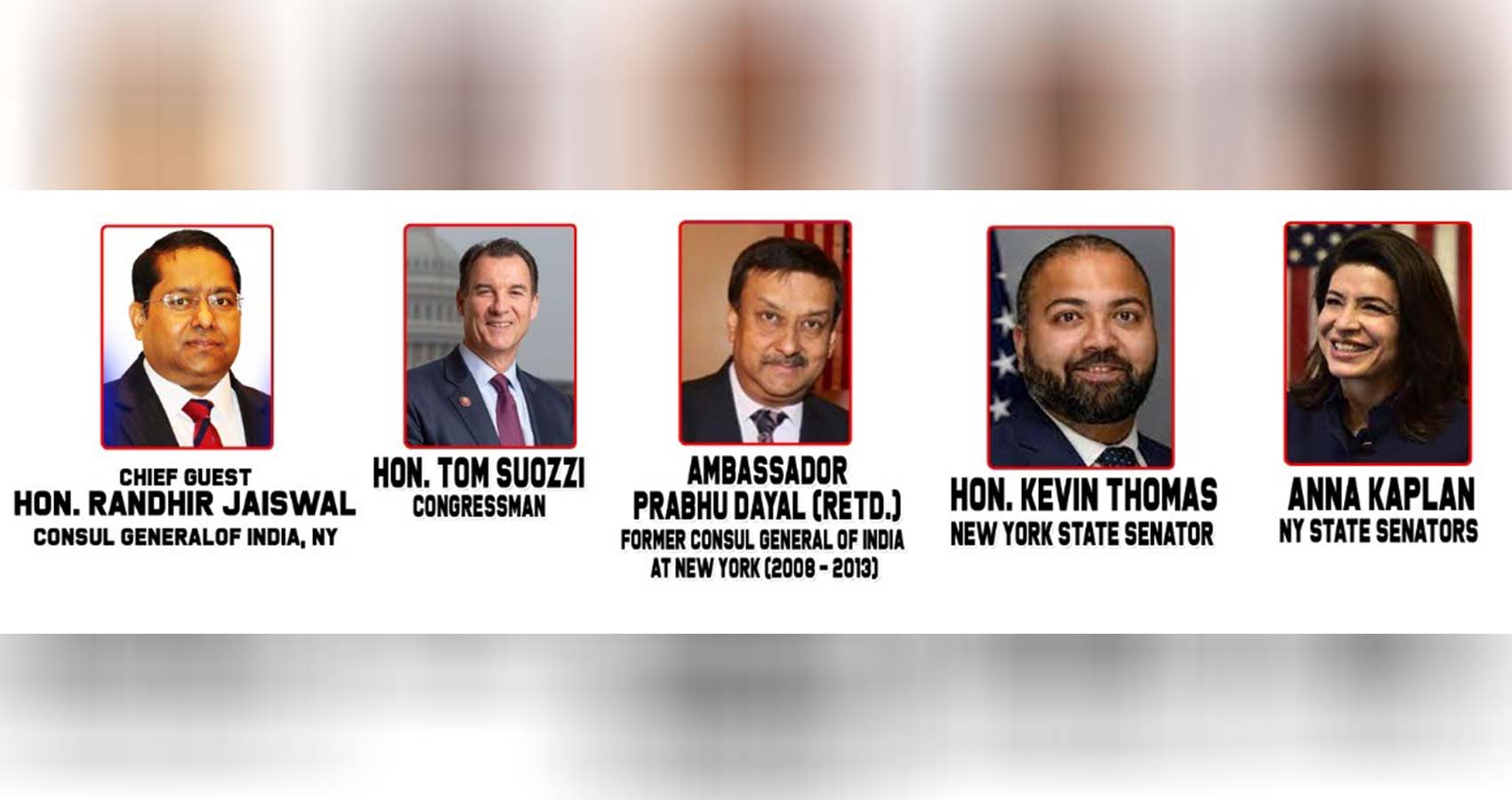
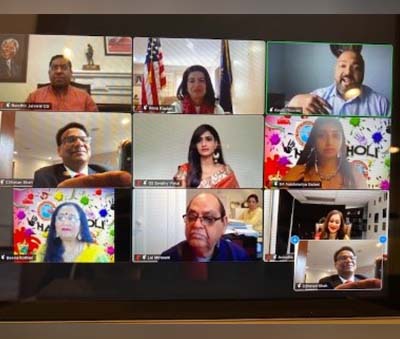 This message of unity in diversity was shared by the Chief Guest, India’s Consul General in New York, Randhirkumar Jaiswal during the annual Holi celebrations organized by GOPIO New York Chapter in collaboration with the Society of Indo-American Engineers Architects (SIAEA) in collaboration with the Consulate General of India In New York on Sunday, March 20th, 2022.
This message of unity in diversity was shared by the Chief Guest, India’s Consul General in New York, Randhirkumar Jaiswal during the annual Holi celebrations organized by GOPIO New York Chapter in collaboration with the Society of Indo-American Engineers Architects (SIAEA) in collaboration with the Consulate General of India In New York on Sunday, March 20th, 2022.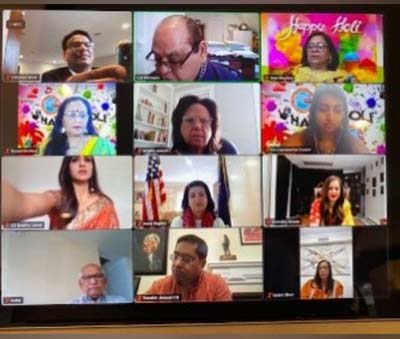 Congressman Tom Suozzi of Long Island, NY greeted the community with “Holi Mubarak” to all. Describing Holi as an exciting time for all, a great friend of India and the Indian American community, Rep. Suozzi said, “It’s great to be with you all to celebrate the festival of Holi, which reminds us of all that Spring is in the air as the flowers start blooming and we await new life and happiness. Thank you for your continued support, and I will do everything in my power to represent the Indian American community in Long Island at the US Congress and the interests of India.” Recalling his childhood as a first generation Irish American, he was taught to remember the 3 Is, Ireland, Italy, and Israel, and now, “There are for Is: Ireland, Italy, Israel and India.”
Congressman Tom Suozzi of Long Island, NY greeted the community with “Holi Mubarak” to all. Describing Holi as an exciting time for all, a great friend of India and the Indian American community, Rep. Suozzi said, “It’s great to be with you all to celebrate the festival of Holi, which reminds us of all that Spring is in the air as the flowers start blooming and we await new life and happiness. Thank you for your continued support, and I will do everything in my power to represent the Indian American community in Long Island at the US Congress and the interests of India.” Recalling his childhood as a first generation Irish American, he was taught to remember the 3 Is, Ireland, Italy, and Israel, and now, “There are for Is: Ireland, Italy, Israel and India.”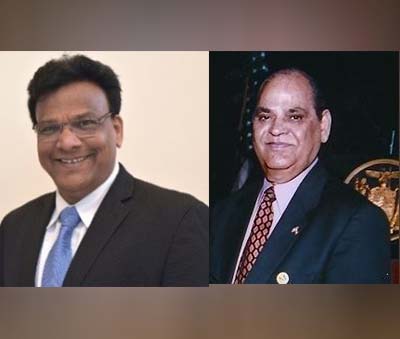 New York Senator Kevin Thomas shared with the audience how he has made it a point to bring Holi and other Indian festivals to the New York State Chambers, distributing Samosas and sweets to the members of the elected officials in Albany. He invited GOPIO to join him and other elected officials in Albany to celebrate Holi in person, after having to celebrate Holi virtually in the past 2 years due to Covid. “We hope, this is the last of all virtual celebrations,” he said, and hoped that “From now on, we can celebrate the festivities in person, meeting one another, joining our hands together,” he said.
New York Senator Kevin Thomas shared with the audience how he has made it a point to bring Holi and other Indian festivals to the New York State Chambers, distributing Samosas and sweets to the members of the elected officials in Albany. He invited GOPIO to join him and other elected officials in Albany to celebrate Holi in person, after having to celebrate Holi virtually in the past 2 years due to Covid. “We hope, this is the last of all virtual celebrations,” he said, and hoped that “From now on, we can celebrate the festivities in person, meeting one another, joining our hands together,” he said.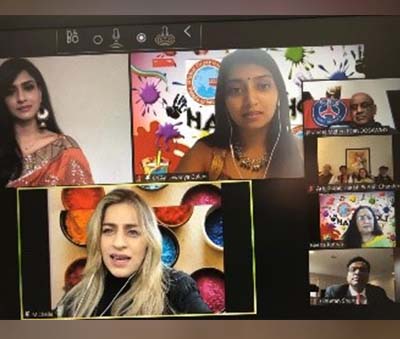 Lal Motwani, Chairman of GOPIO New York and Executive Trustee of GOPIO International, and former president of the SIAEA, in his address, greeted Honorable India’s Consul General of New York, RandhirKumar Jaiswal and officials, members and the leaders of GOPIO from around the world who have joined virtually to celebrate the colorful festival of Holi.
Lal Motwani, Chairman of GOPIO New York and Executive Trustee of GOPIO International, and former president of the SIAEA, in his address, greeted Honorable India’s Consul General of New York, RandhirKumar Jaiswal and officials, members and the leaders of GOPIO from around the world who have joined virtually to celebrate the colorful festival of Holi.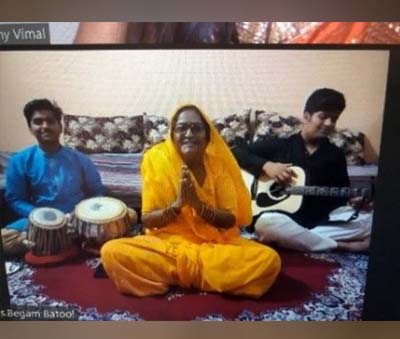 Ketan Shah, President of SIAEA served as co-emcee and introduced the speakers, executive team of GOPIO and SIAEA boards at the event and thanked the several sponsors who made the event successful by their financial support. Major sponsors among all are ICC (Grand Sponsor), Monpat Construction and Nadiad Construction (GOLD Sponsors), Amil Patel, SIAEA president-elect, Gary Wowk Founder of K Construction, Bina Sabapathy, Navneet Kothari, Dhiraj Ahuja were among the SILVER sponsors. Swathi and Aaishwariya Gulani, Miss India USA 2020 were master emcees who gracefully presented the cultural part of the program. Dharmatma Saran of the Miss India Worldwide Pageants coordinated the cultural extravaganza. Dr. Thomas Abraham, Chairman of GOPIO International in his greetings to the community on the occasion of Holi, complemented GOPIO New York and SIAEA for hosting the Holi celebrations.
Ketan Shah, President of SIAEA served as co-emcee and introduced the speakers, executive team of GOPIO and SIAEA boards at the event and thanked the several sponsors who made the event successful by their financial support. Major sponsors among all are ICC (Grand Sponsor), Monpat Construction and Nadiad Construction (GOLD Sponsors), Amil Patel, SIAEA president-elect, Gary Wowk Founder of K Construction, Bina Sabapathy, Navneet Kothari, Dhiraj Ahuja were among the SILVER sponsors. Swathi and Aaishwariya Gulani, Miss India USA 2020 were master emcees who gracefully presented the cultural part of the program. Dharmatma Saran of the Miss India Worldwide Pageants coordinated the cultural extravaganza. Dr. Thomas Abraham, Chairman of GOPIO International in his greetings to the community on the occasion of Holi, complemented GOPIO New York and SIAEA for hosting the Holi celebrations.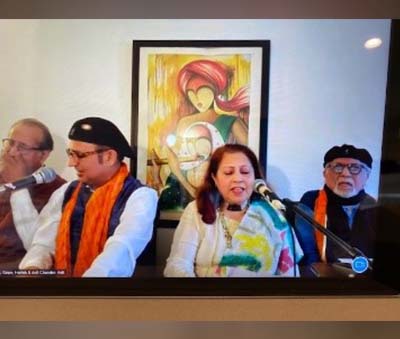 Second-generation Indian Americans, including a 16-yr old Aditi shared with the audience their perspectives, experiences of celebrating Holi and what it meant for them. A beautiful Hindi poem on Holi composed and narrated by Anju and Sneha Singhi, a young artist was appreciated by one and all. Members of the dance troupe led by Staya Narayn Charka of the Ananda Ashram performed Kathakali, reliving the stories from the Indian Epic, Mahabharat. Navya Paingoal, Renu Kundem, and Michelle Sadat a fine vocalist also delighted the event with their beautiful singing.
Second-generation Indian Americans, including a 16-yr old Aditi shared with the audience their perspectives, experiences of celebrating Holi and what it meant for them. A beautiful Hindi poem on Holi composed and narrated by Anju and Sneha Singhi, a young artist was appreciated by one and all. Members of the dance troupe led by Staya Narayn Charka of the Ananda Ashram performed Kathakali, reliving the stories from the Indian Epic, Mahabharat. Navya Paingoal, Renu Kundem, and Michelle Sadat a fine vocalist also delighted the event with their beautiful singing.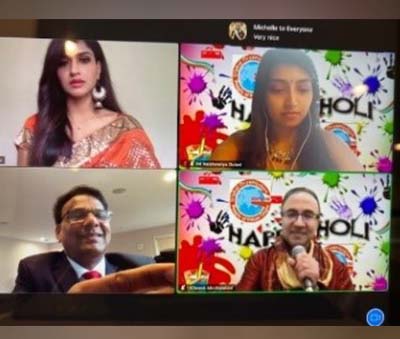 Miss Teen India Sidhya Ganesh from the state of Washington delighted the audience with a live Holi Dance. The Chander family consisting of Anil, Harish, Gopi Arti Raj presented a Bollywood Medley, mesmerizing the audience with their beautiful voice singing some of the very popular numbers from the evergreen Hindi movies. Dinesh Mirchandani, a founder, and CEO of Sargam Music Academy delighted the occasion with his classical vocal singing.
Miss Teen India Sidhya Ganesh from the state of Washington delighted the audience with a live Holi Dance. The Chander family consisting of Anil, Harish, Gopi Arti Raj presented a Bollywood Medley, mesmerizing the audience with their beautiful voice singing some of the very popular numbers from the evergreen Hindi movies. Dinesh Mirchandani, a founder, and CEO of Sargam Music Academy delighted the occasion with his classical vocal singing.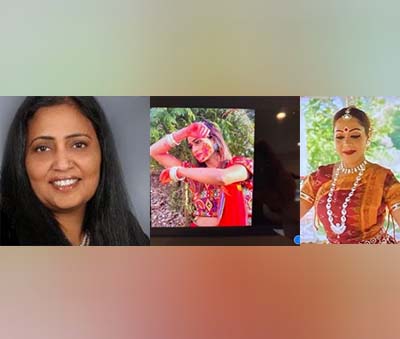 Beena Kothari, a prominent community leader and GOPIO – NY President poetically described the importance of Holi and served as an emcee of the event. Holi has become known as India’s most vivid,
Beena Kothari, a prominent community leader and GOPIO – NY President poetically described the importance of Holi and served as an emcee of the event. Holi has become known as India’s most vivid, 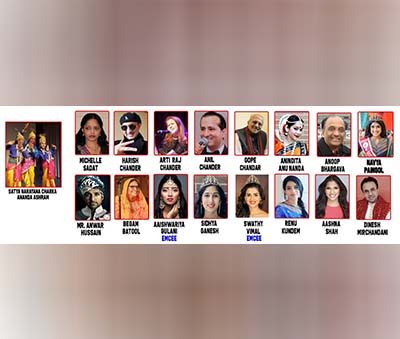 Participants, Viewers, Sponsors, and executive committees of both GOPIO-NY and SIAEA.
Participants, Viewers, Sponsors, and executive committees of both GOPIO-NY and SIAEA.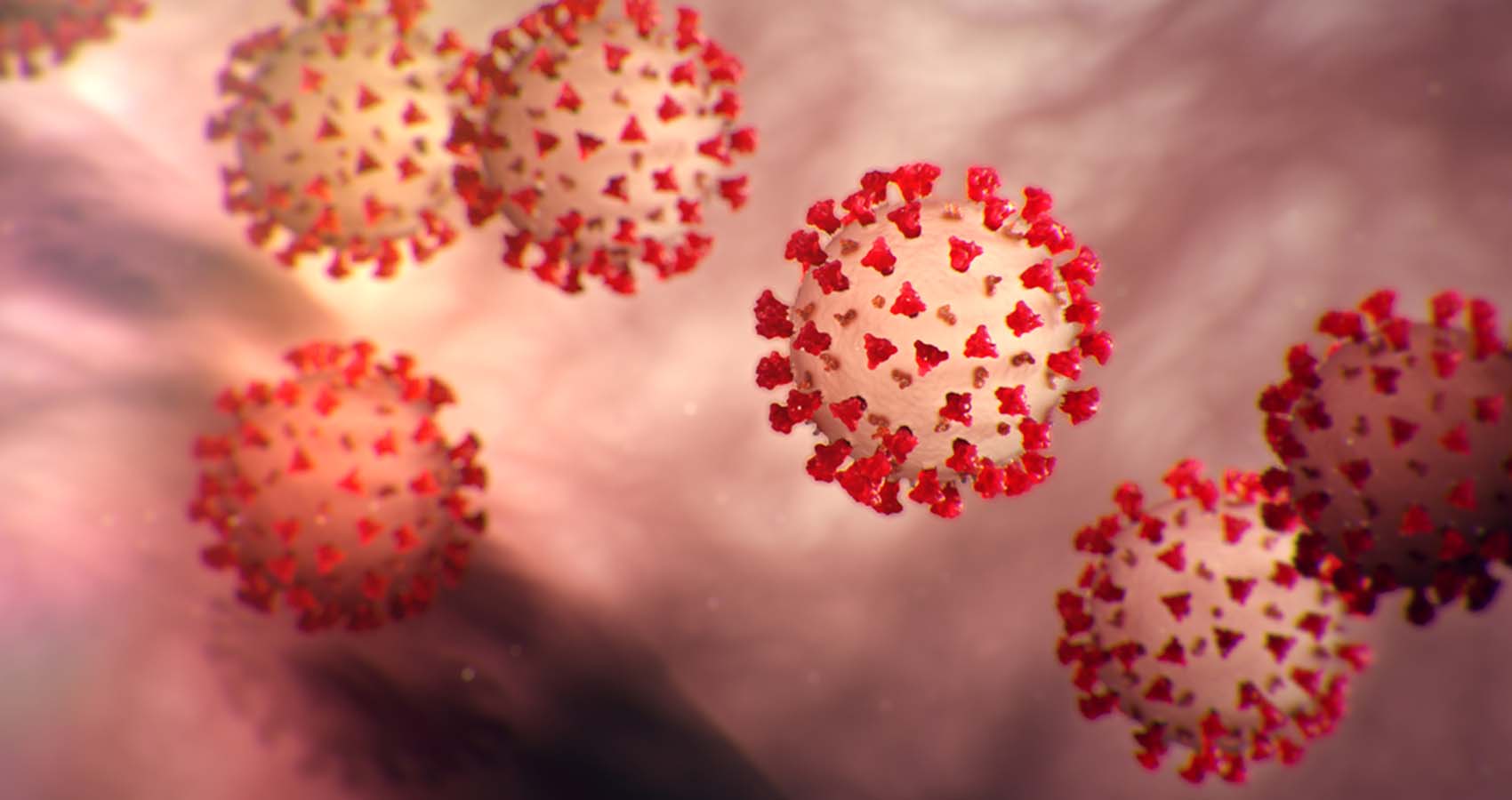
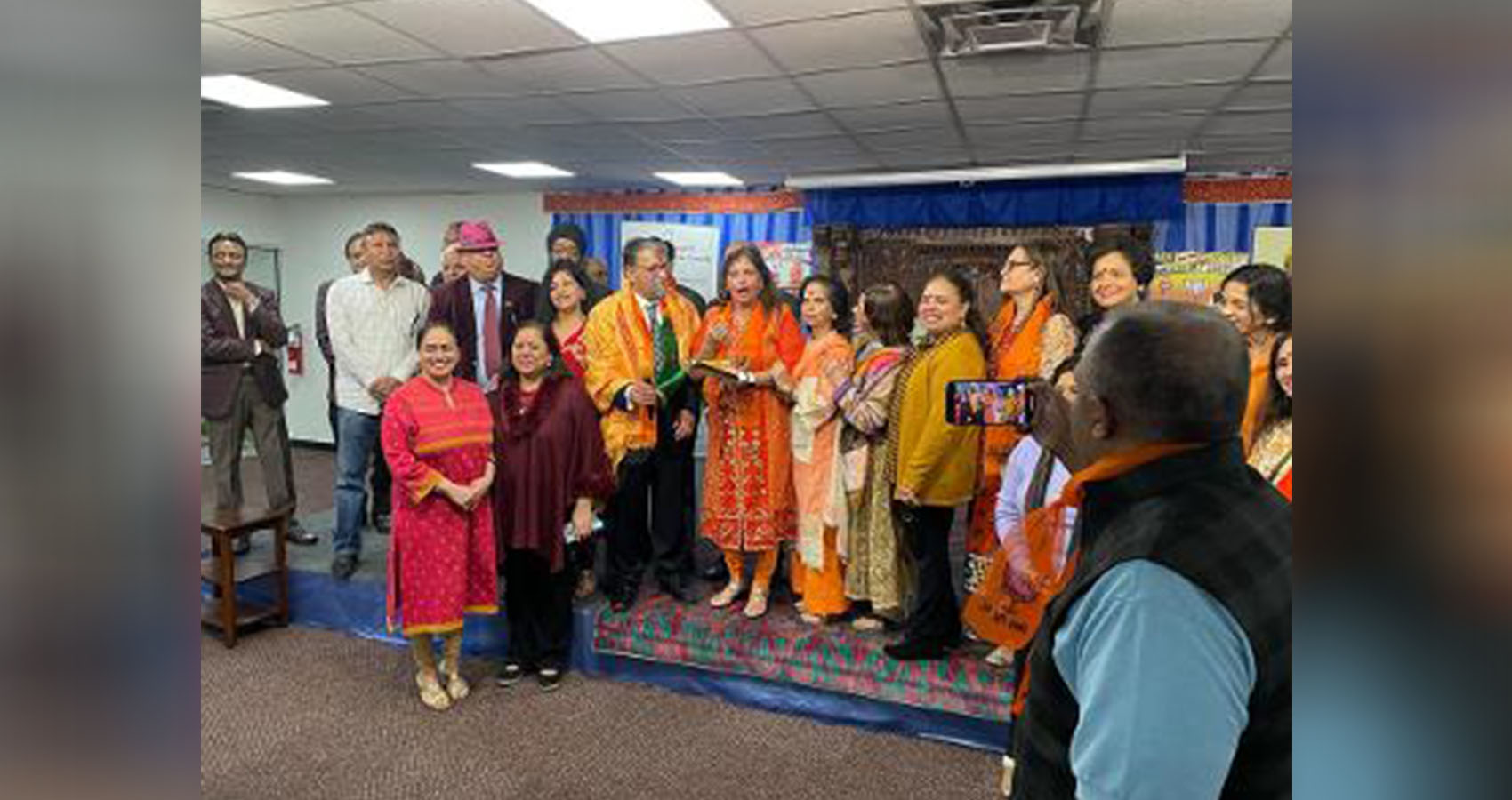
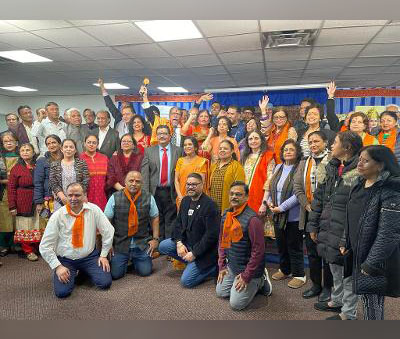 Addressing a large gathering chanting Bharat Mata ji Jai and Jai Shri Ram in New York Jagdish Sewhani President of The American India Public Affairs Committee and the Organizer of the BJP Victory Celebrations in New York thanked the voters of UP and other states for bringing back BJP in power in four states .This shows that today’s voter is smart , intelligent. They have totally rejected the politics of Dynasty and policy of appeasement corruption and voted for development, better Law and order.
Addressing a large gathering chanting Bharat Mata ji Jai and Jai Shri Ram in New York Jagdish Sewhani President of The American India Public Affairs Committee and the Organizer of the BJP Victory Celebrations in New York thanked the voters of UP and other states for bringing back BJP in power in four states .This shows that today’s voter is smart , intelligent. They have totally rejected the politics of Dynasty and policy of appeasement corruption and voted for development, better Law and order.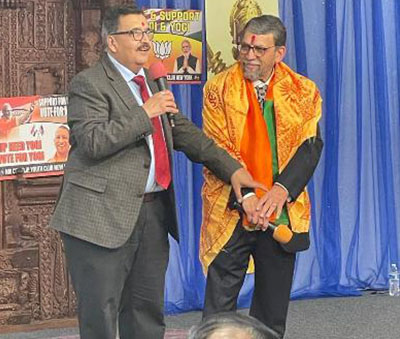 More than 100 million Farmers have benefited from PM Kisan yojana , , 89 million housewives benefited from PM Ujwala yojana and received free gas cylinders, millions of families got free Rashan under PM Garib Kalyan Yojana and more than 1.8 billion Vaccines shots were given said Sewhani. He thanked Prime Minister Modi for safely bringing back thousand of students from Ukraine. Narendra Modi is the world’s most popular leader. Today world is looking at Prime Minister Narendra Modi for solution and end war between Russia and Ukraine, said Mr Sewhani .
More than 100 million Farmers have benefited from PM Kisan yojana , , 89 million housewives benefited from PM Ujwala yojana and received free gas cylinders, millions of families got free Rashan under PM Garib Kalyan Yojana and more than 1.8 billion Vaccines shots were given said Sewhani. He thanked Prime Minister Modi for safely bringing back thousand of students from Ukraine. Narendra Modi is the world’s most popular leader. Today world is looking at Prime Minister Narendra Modi for solution and end war between Russia and Ukraine, said Mr Sewhani .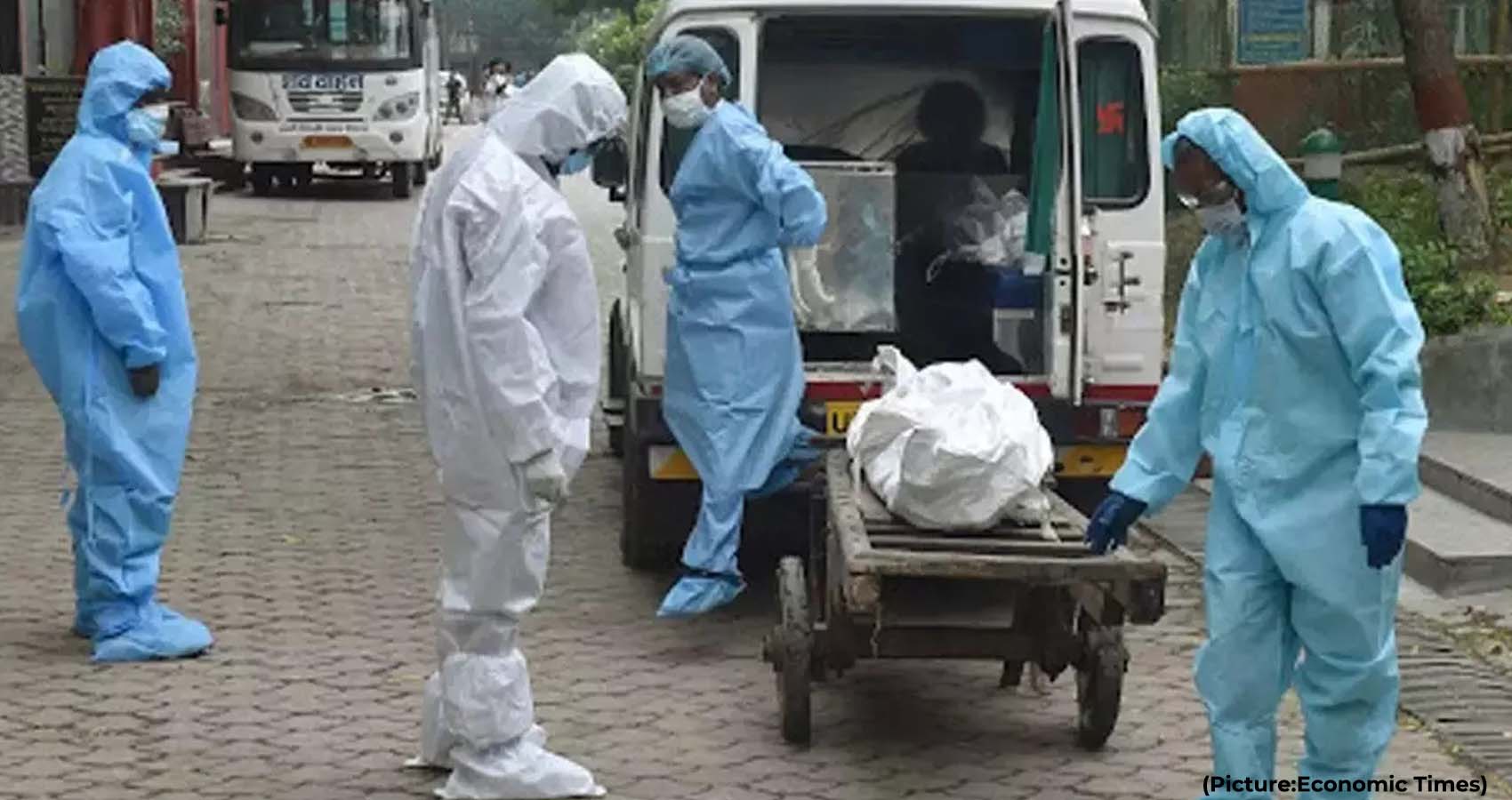
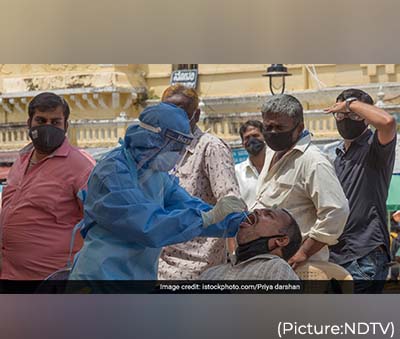 Using data from the civil registration system data for 12 states, and the mean reported deaths during the relevant periods in 2018 and 2019, the report obtained excess mortality estimates for select periods during the first and second waves. It also calculated a country-level residual using the residual from the 12 states.
Using data from the civil registration system data for 12 states, and the mean reported deaths during the relevant periods in 2018 and 2019, the report obtained excess mortality estimates for select periods during the first and second waves. It also calculated a country-level residual using the residual from the 12 states.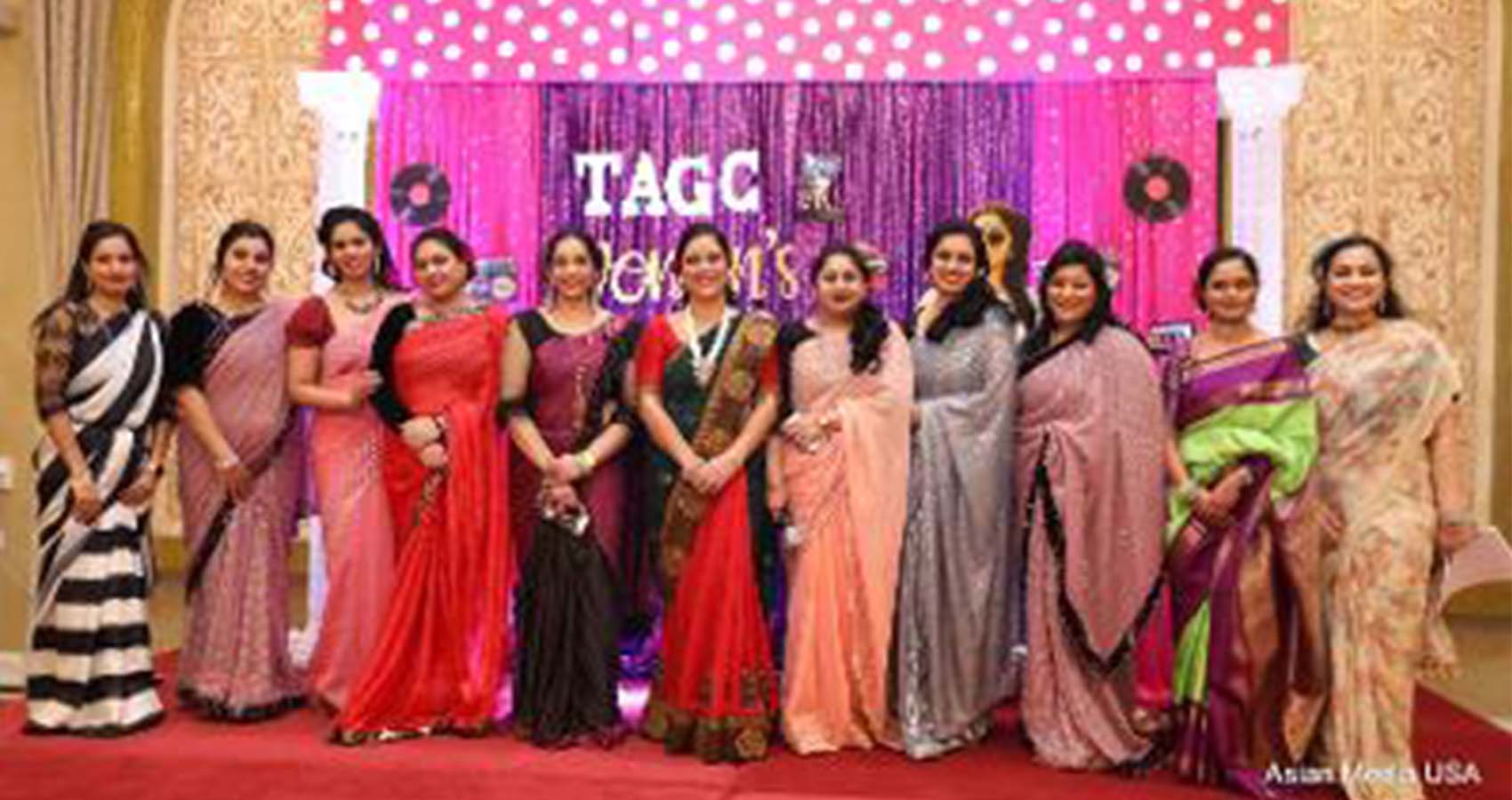
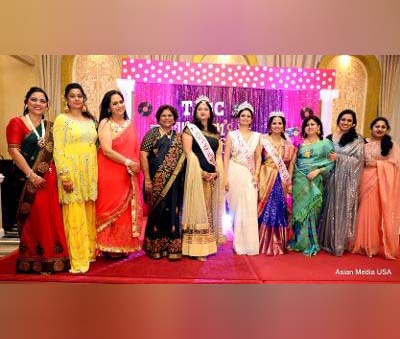 Speaker Deepthi Suri provided very valuable information and great insight on the benefits of Ayurveda in our daily lives. Several fun filled activities were meticulously planned and executed to create a joyful atmosphere in the event that were thoroughly enjoyed by all the ladies after 2 years of pandemic situation. Special games like selfie Lele, Bomma blockbuster and Naari Shakthi by co-chairs engaged and entertained everyone.
Speaker Deepthi Suri provided very valuable information and great insight on the benefits of Ayurveda in our daily lives. Several fun filled activities were meticulously planned and executed to create a joyful atmosphere in the event that were thoroughly enjoyed by all the ladies after 2 years of pandemic situation. Special games like selfie Lele, Bomma blockbuster and Naari Shakthi by co-chairs engaged and entertained everyone.
 The delegation from GOPIO-CT consisted of GOPIO Intl. Chairman Dr. Thomas Abraham, GOPIO-CT President and serial investor Ashok Nichani, GOPIO-CT Exec. VP Prasad Chintalapudi who is also Vice President of IT Company Panzer Solutions, Laser Systems President Viresh Sharma, GOPIO-CT Secretary Prachi Narayan, GOPIO-CT Treasurer and IT Consultant Srinivas Akarapu, IT Consultant Mahesh Jhangiani along with his wife Yashasvi Jhangiani and Fr. Sudhir D’Souza who us the pastor of St. Philip Catholic Church in Norwalk.
The delegation from GOPIO-CT consisted of GOPIO Intl. Chairman Dr. Thomas Abraham, GOPIO-CT President and serial investor Ashok Nichani, GOPIO-CT Exec. VP Prasad Chintalapudi who is also Vice President of IT Company Panzer Solutions, Laser Systems President Viresh Sharma, GOPIO-CT Secretary Prachi Narayan, GOPIO-CT Treasurer and IT Consultant Srinivas Akarapu, IT Consultant Mahesh Jhangiani along with his wife Yashasvi Jhangiani and Fr. Sudhir D’Souza who us the pastor of St. Philip Catholic Church in Norwalk.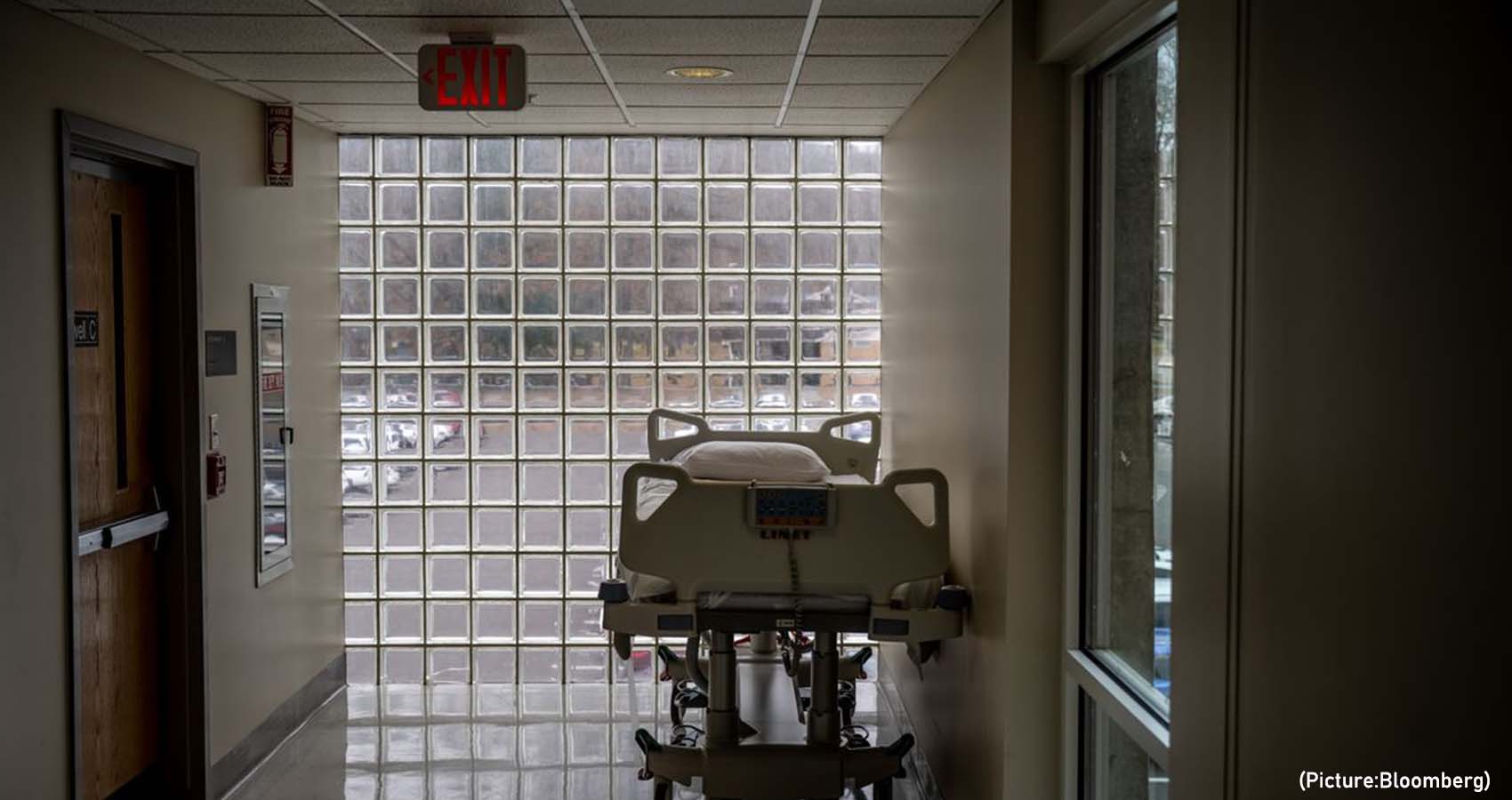
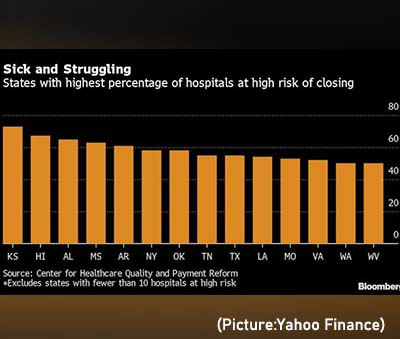 “The myth is that these are hospitals that should no longer exist in communities that should no longer exist,” Miller said in an interview. Keeping those facilities open would cost $3.4 billion, or less than 1% of total annual spending on hospitals, said Miller, an adjunct public policy and management
“The myth is that these are hospitals that should no longer exist in communities that should no longer exist,” Miller said in an interview. Keeping those facilities open would cost $3.4 billion, or less than 1% of total annual spending on hospitals, said Miller, an adjunct public policy and management 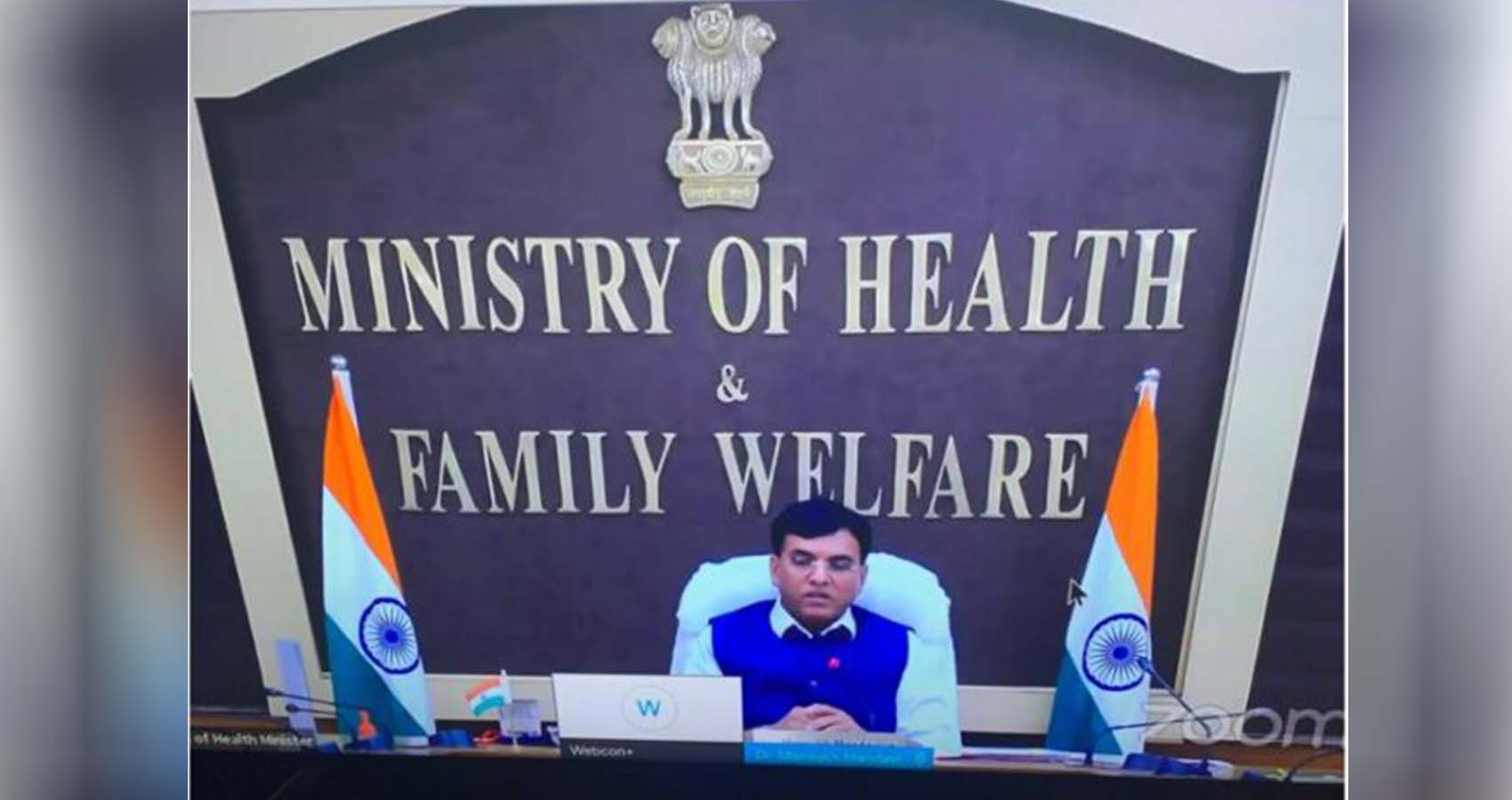
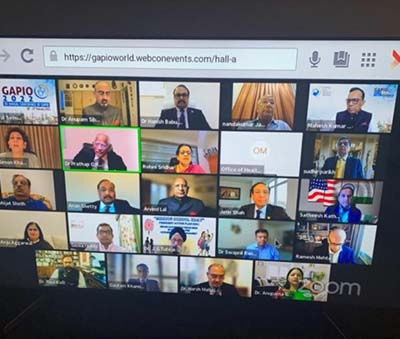 Dr. Prathap C. Reddy, founder and president of GAPIO, and chairman of Apollo Hospitals Group was the Guest of Honor. A non-profit organization, GAPIO is a leading association for the Indian medical diaspora and the annual conference has become an important event in the medical calendar for physicians and other medical personnel around the globe.
Dr. Prathap C. Reddy, founder and president of GAPIO, and chairman of Apollo Hospitals Group was the Guest of Honor. A non-profit organization, GAPIO is a leading association for the Indian medical diaspora and the annual conference has become an important event in the medical calendar for physicians and other medical personnel around the globe.
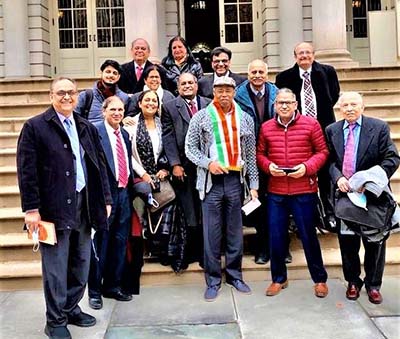 At the beginning of the meeting, GOPIO Chairman Dr. Abraham thanked Mayor Adams for appointing many Indian Americans in high position of the city administration. In addition to the issue of defacing of Mahatma Gandhi statue, many other issues were discussed at this power meeting of the City officials with the community. The community representatives urged the mayor to keep status que on
At the beginning of the meeting, GOPIO Chairman Dr. Abraham thanked Mayor Adams for appointing many Indian Americans in high position of the city administration. In addition to the issue of defacing of Mahatma Gandhi statue, many other issues were discussed at this power meeting of the City officials with the community. The community representatives urged the mayor to keep status que on 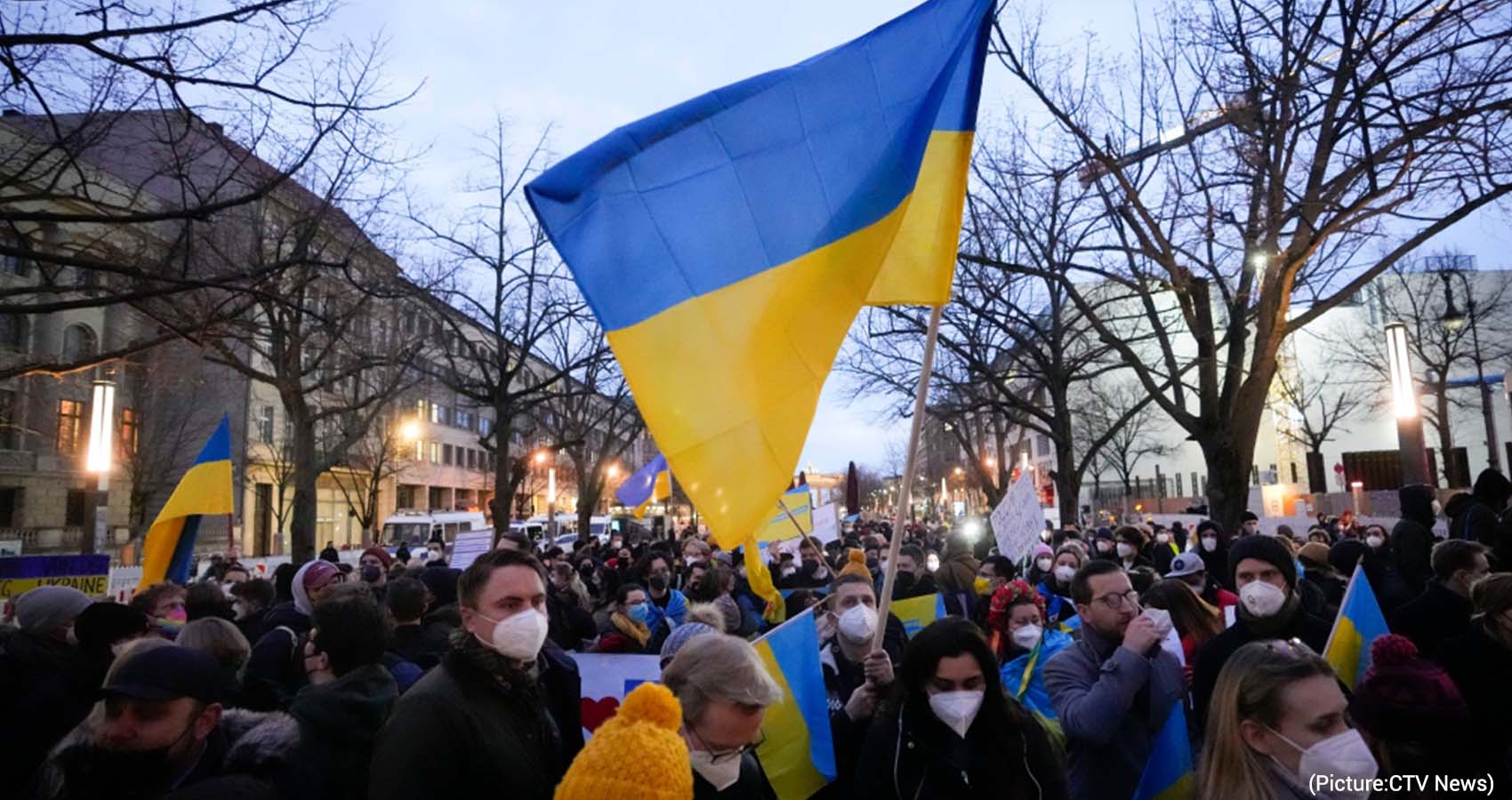
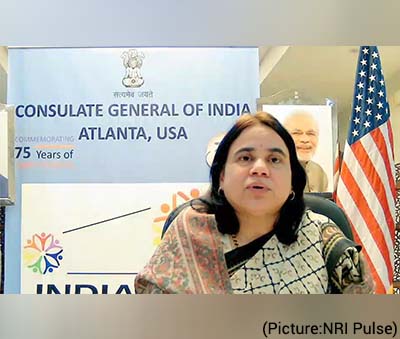 Community leaders during the meeting appreciated India’s efforts, but also raised questions and concerns including why India has yet to take a firm position on the Ukraine issue. They raised questions around India’s decision to abstain from voting at the United Nations Security Council (UNSC), lack of initiating a mandatory evacuation of its citizens prior to the start of the war, discrimination and harassment faced by Indian students at Ukraine’s borders citing media reports and social media posts, role of community leaders in assisting India respond to the crisis, India’s role in de-escalating tensions between Russia and Ukraine, and how to respond to members of US Congress and local US officials about India’s stand on the issue of Ukraine. Community leaders have also requested Dr. Kulkarni to convey their concerns to the Indian Government to ensure the protection of Indian citizens.
Community leaders during the meeting appreciated India’s efforts, but also raised questions and concerns including why India has yet to take a firm position on the Ukraine issue. They raised questions around India’s decision to abstain from voting at the United Nations Security Council (UNSC), lack of initiating a mandatory evacuation of its citizens prior to the start of the war, discrimination and harassment faced by Indian students at Ukraine’s borders citing media reports and social media posts, role of community leaders in assisting India respond to the crisis, India’s role in de-escalating tensions between Russia and Ukraine, and how to respond to members of US Congress and local US officials about India’s stand on the issue of Ukraine. Community leaders have also requested Dr. Kulkarni to convey their concerns to the Indian Government to ensure the protection of Indian citizens.
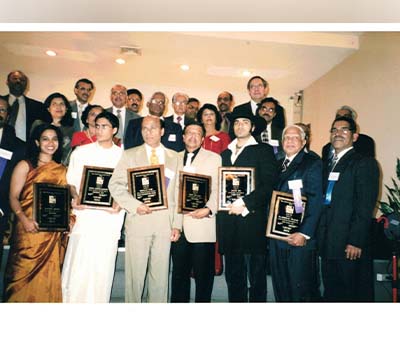 I completed my Honors and Master’s in Economics from Delhi University. Our eldest brother, Rameshwar Dayal, (RD) completed his
I completed my Honors and Master’s in Economics from Delhi University. Our eldest brother, Rameshwar Dayal, (RD) completed his 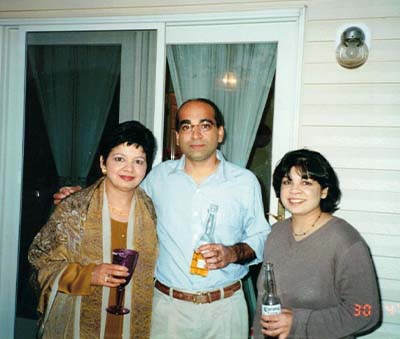 In 1955. the Ford Foundation provided financial support to start a pilot project in Urban Community Development (UCD). It was headed by Mr. Chatterjee, as Director, who had been in touch with Ford Foundation Consultant, Dr. Marshall Clinard. UCD worked in collaboration with BSS, Mr. Chatterjee asked Mr. Brij Krishan Chandiwala, BSS Convener, that he would like to hire me as a Research Associate. And he asked his opinion also about my work ethics etc. The offices of UCD and BSS were just a block apart in New Delhi.
In 1955. the Ford Foundation provided financial support to start a pilot project in Urban Community Development (UCD). It was headed by Mr. Chatterjee, as Director, who had been in touch with Ford Foundation Consultant, Dr. Marshall Clinard. UCD worked in collaboration with BSS, Mr. Chatterjee asked Mr. Brij Krishan Chandiwala, BSS Convener, that he would like to hire me as a Research Associate. And he asked his opinion also about my work ethics etc. The offices of UCD and BSS were just a block apart in New Delhi.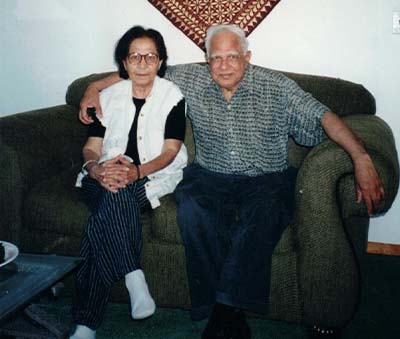 Since the UCD office was in Connaught Place, almost all those who worked for the survey of slums of Delhi remained in touch with one another. During evening they all (about ten) used to meet in Cannaught Place and sit on the lawn as we had no office. I was always there and led the group. We always thought of doing something productive as all of us were fully employed.
Since the UCD office was in Connaught Place, almost all those who worked for the survey of slums of Delhi remained in touch with one another. During evening they all (about ten) used to meet in Cannaught Place and sit on the lawn as we had no office. I was always there and led the group. We always thought of doing something productive as all of us were fully employed.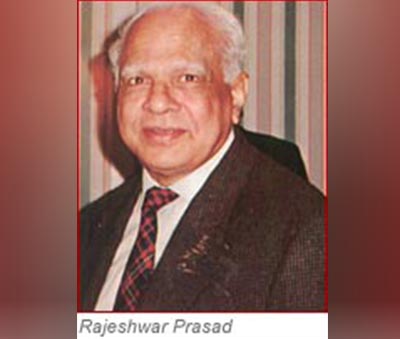 Around 2004-05, my wife was suspected to have Alzheimer’s which was later ruled out. However, she started signs of weakness, forgetfulness and it was not possible to leave her home alone. With the help from various agencies in home care and other areas we were able to carry on for about five years or so. My wife and I knew about Shantiniketan (SN) in Tavares, Florida. Around the same time My oldest daughter Monica and her husband, Madan Gupta, were in Orlando related to their business. On my request they visited SN.
Around 2004-05, my wife was suspected to have Alzheimer’s which was later ruled out. However, she started signs of weakness, forgetfulness and it was not possible to leave her home alone. With the help from various agencies in home care and other areas we were able to carry on for about five years or so. My wife and I knew about Shantiniketan (SN) in Tavares, Florida. Around the same time My oldest daughter Monica and her husband, Madan Gupta, were in Orlando related to their business. On my request they visited SN.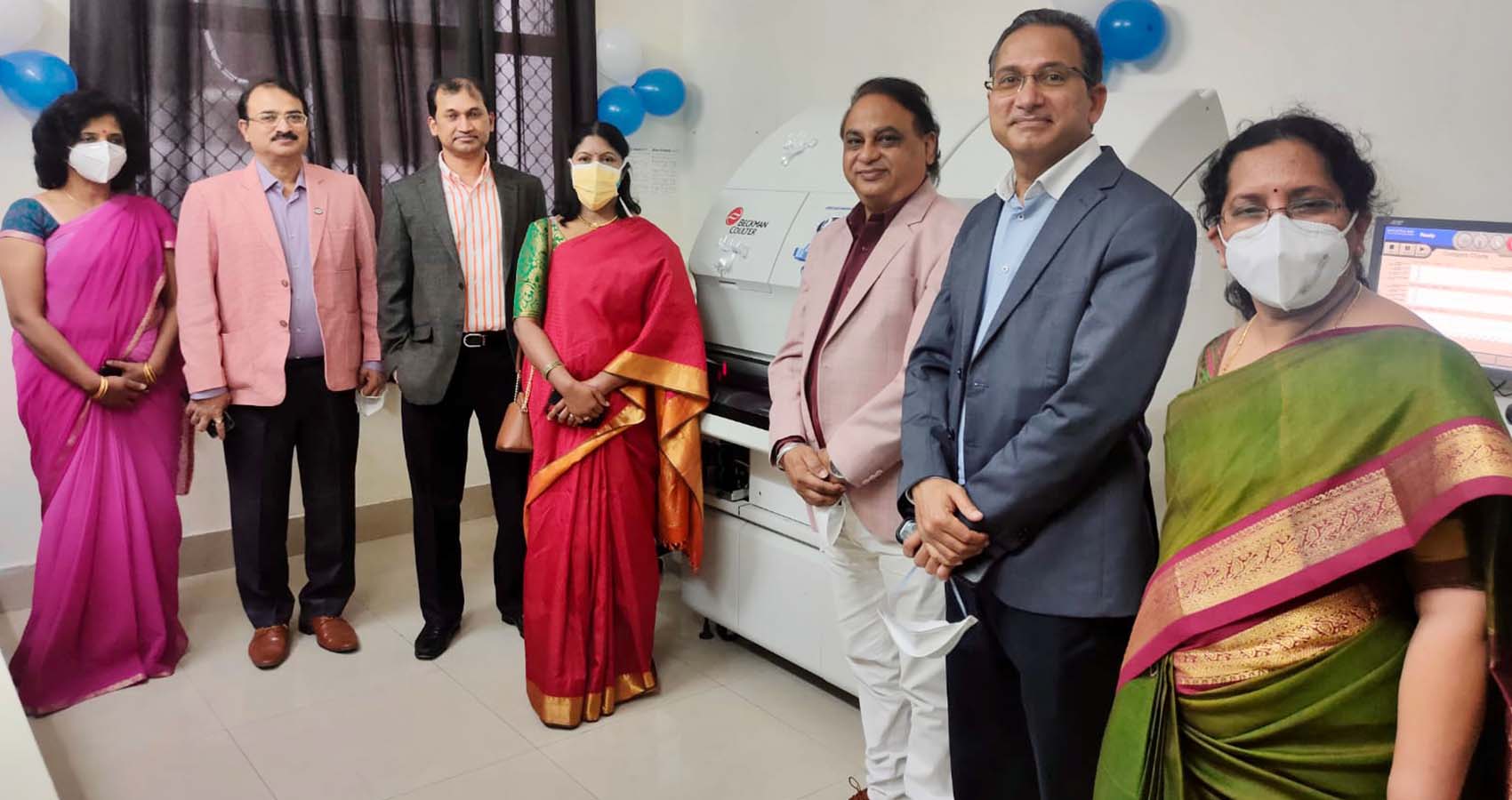
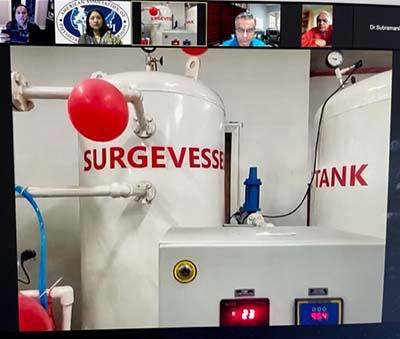 “The generosity of the members of AAPI has been unprecedented,” says Dr. Anupama Gotimukula, President of AAPI. “I want to thank the AAPI fraternity, for not only contributing $5.5 Million towards Covid Relief Funds for India, but has spent hundreds of hours in coordinating and disbursing the vital medical supplies to the most needed hospitals across India.”
“The generosity of the members of AAPI has been unprecedented,” says Dr. Anupama Gotimukula, President of AAPI. “I want to thank the AAPI fraternity, for not only contributing $5.5 Million towards Covid Relief Funds for India, but has spent hundreds of hours in coordinating and disbursing the vital medical supplies to the most needed hospitals across India.”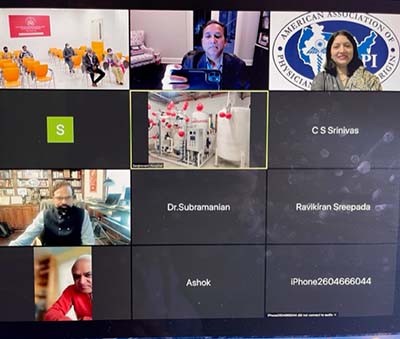 “We continue to coordinate efforts to make available the much needed vaccines in the Slum areas in major cities where compliance is very low and apart from life-saving equipment for severe Covid patients management in ICUs,” said Dr. Tarak Vasavada, who has been in the forefront leading AAPI’s efforts to help India during the Covid.
“We continue to coordinate efforts to make available the much needed vaccines in the Slum areas in major cities where compliance is very low and apart from life-saving equipment for severe Covid patients management in ICUs,” said Dr. Tarak Vasavada, who has been in the forefront leading AAPI’s efforts to help India during the Covid. “AAPI has sent more than 2300 oxygen concentrators, 100 ventilators, 200 high flow oxygen devices since 2021 to various parts of India. We are working to help AIIMS across the country which have been opened recently that haven’t secured the full funding yet from the government. After our initial donation to AIIMS, Bibinagar, Telangana AAPI is planning to donate immunoanlysers to all AIIMS across the country. As you may remember, AAPI had donated ventilators and high flow oxygen equipment to AIIMS in the past,” Dr. Satheesh Kathula, Clinical Professor of Medicine and AAPI Secretary said.
“AAPI has sent more than 2300 oxygen concentrators, 100 ventilators, 200 high flow oxygen devices since 2021 to various parts of India. We are working to help AIIMS across the country which have been opened recently that haven’t secured the full funding yet from the government. After our initial donation to AIIMS, Bibinagar, Telangana AAPI is planning to donate immunoanlysers to all AIIMS across the country. As you may remember, AAPI had donated ventilators and high flow oxygen equipment to AIIMS in the past,” Dr. Satheesh Kathula, Clinical Professor of Medicine and AAPI Secretary said.

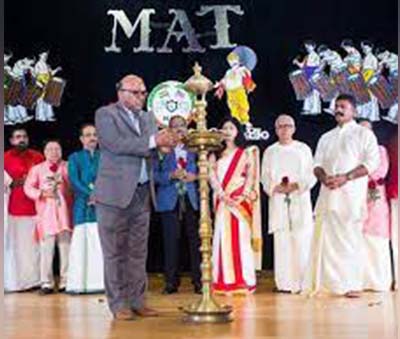 Madhavan B Nair was born and raised in Neyyattinkara, located to the south of capital city Trivandrum of Kerala State. He is from Thalakulam Kunnakode family and born to Rajyasree Bhaskara Pillai and Rugmini Amma. His father Rajyasree Bhaskara Pillai was a freedom fighter, Editor and Publisher of Rajyasree Newspaper during that period. He completed his Primary, Middle and Higher Secondary schooling from Government School, Neyyattinkara; St. Mary’s School, Pattom and Government High School, Kattathurai respectively.
Madhavan B Nair was born and raised in Neyyattinkara, located to the south of capital city Trivandrum of Kerala State. He is from Thalakulam Kunnakode family and born to Rajyasree Bhaskara Pillai and Rugmini Amma. His father Rajyasree Bhaskara Pillai was a freedom fighter, Editor and Publisher of Rajyasree Newspaper during that period. He completed his Primary, Middle and Higher Secondary schooling from Government School, Neyyattinkara; St. Mary’s School, Pattom and Government High School, Kattathurai respectively.
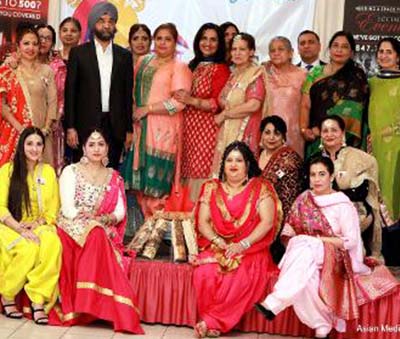 The festival of Lohri holds great significance as it marks the harvest of the rabi crops and the end of winter days. In Northern India, Lohri is usually celebrated with a bonfire. The lighting of a bonfire during this festival is an old tradition. Ancient people lit the bonfire to welcome the return of longer days.
The festival of Lohri holds great significance as it marks the harvest of the rabi crops and the end of winter days. In Northern India, Lohri is usually celebrated with a bonfire. The lighting of a bonfire during this festival is an old tradition. Ancient people lit the bonfire to welcome the return of longer days. After more than a decade on the South Asian music scene she was honored to receive the ‘Special Contribution Award’ at the UK Bhangra Awards, 2019. She also won her Global Music Award ,2021 for Best Female Vocalist for her latest solo album “Love is my Religion”.
After more than a decade on the South Asian music scene she was honored to receive the ‘Special Contribution Award’ at the UK Bhangra Awards, 2019. She also won her Global Music Award ,2021 for Best Female Vocalist for her latest solo album “Love is my Religion”.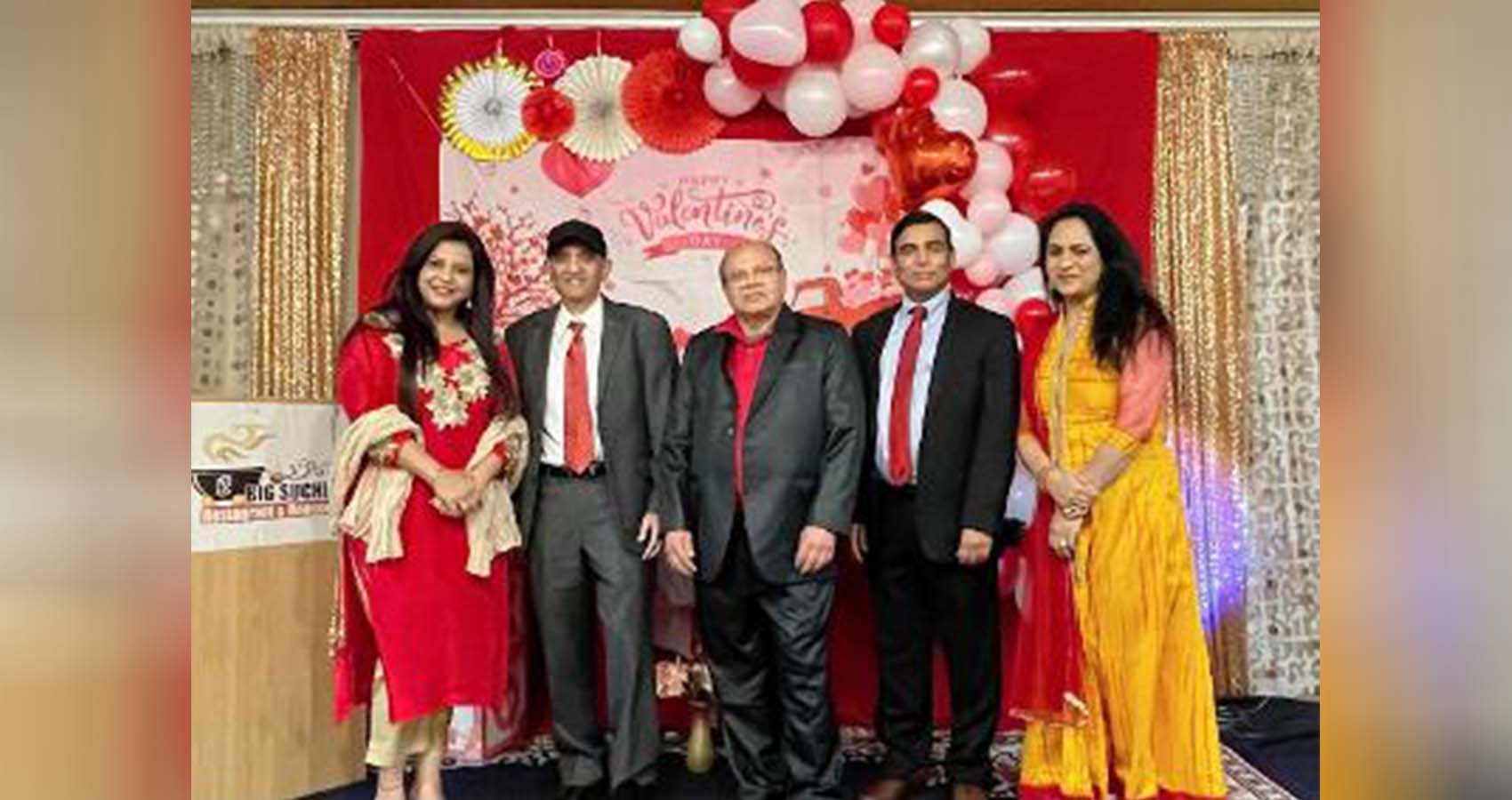
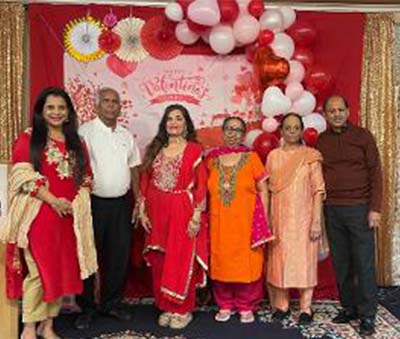 Members celebrating their birthday in January and February were congratulated on their special days. Some members were also presented with awards for their excellent community service and leadership qualities. Award winning members included Ashwin Majumdar, Suresh Amin, Haribhai Lilabem Thakkar, Pinky Thakkar, Aruna Patel and Dilip Patel. Awards were presented by Arvind Patel.
Members celebrating their birthday in January and February were congratulated on their special days. Some members were also presented with awards for their excellent community service and leadership qualities. Award winning members included Ashwin Majumdar, Suresh Amin, Haribhai Lilabem Thakkar, Pinky Thakkar, Aruna Patel and Dilip Patel. Awards were presented by Arvind Patel.
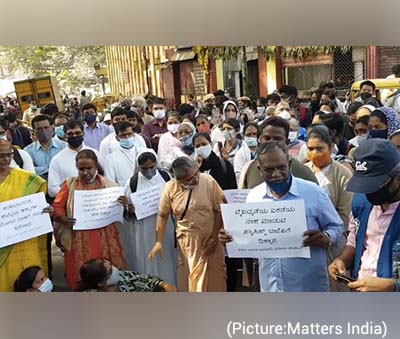 While articulating that that a new Anti-Conversion Law is not necessary since the Indian Constitution has enough provisions for the same, the signatories also stated: `Wherever the Anti-Conversion law, ironically officially called Freedom of Religion Act, was passed, it became a justification for the persecution of the minorities and other marginalized identities. The attacks on the minorities grew sharply in recent years since this law was used as a weapon targeting the dignity of Christians and Muslims particularly belonging to Adivais, Dalits and women.’ The petition called for joining hands to defend the values enshrined in the Indian Constitution and protection of human rights of the minorities and other marginalized sections in India. The petition was initiated by the National Solidarity Forum, a network of groups and individuals who started acting in response to the Kandhamal Genocide on the Adivasi Christians and Dalit Christians in 2007-2008.
While articulating that that a new Anti-Conversion Law is not necessary since the Indian Constitution has enough provisions for the same, the signatories also stated: `Wherever the Anti-Conversion law, ironically officially called Freedom of Religion Act, was passed, it became a justification for the persecution of the minorities and other marginalized identities. The attacks on the minorities grew sharply in recent years since this law was used as a weapon targeting the dignity of Christians and Muslims particularly belonging to Adivais, Dalits and women.’ The petition called for joining hands to defend the values enshrined in the Indian Constitution and protection of human rights of the minorities and other marginalized sections in India. The petition was initiated by the National Solidarity Forum, a network of groups and individuals who started acting in response to the Kandhamal Genocide on the Adivasi Christians and Dalit Christians in 2007-2008.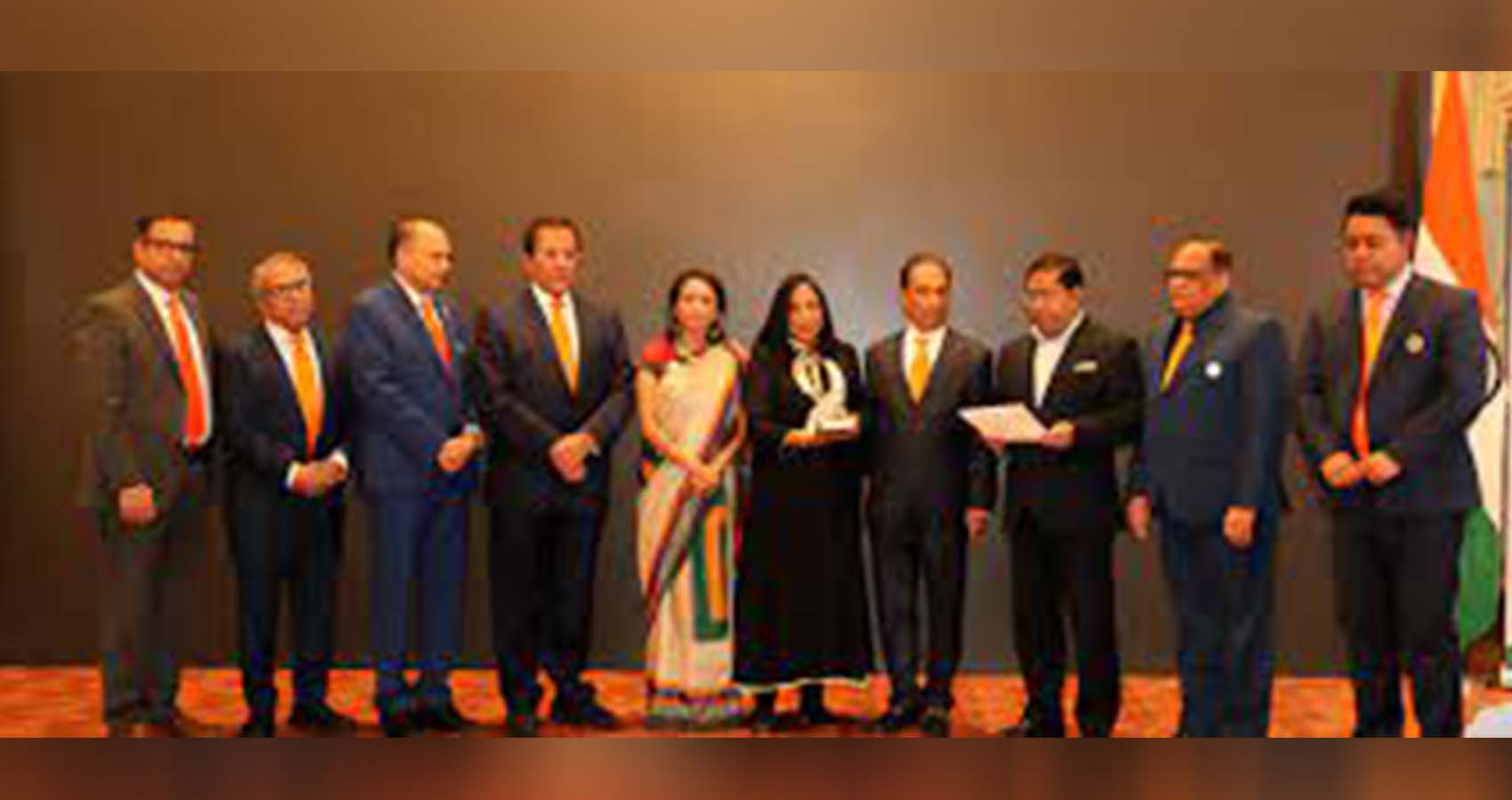
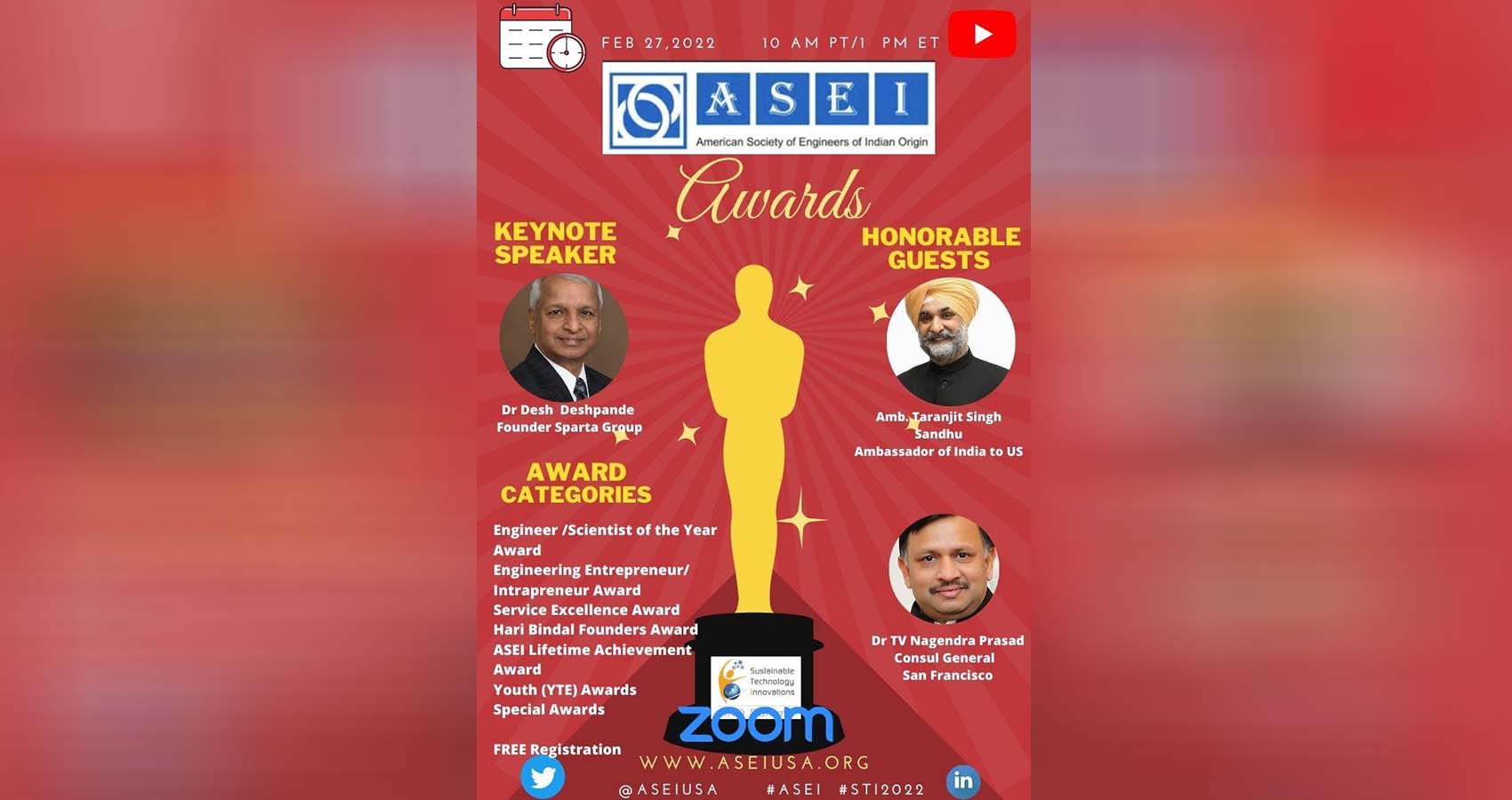
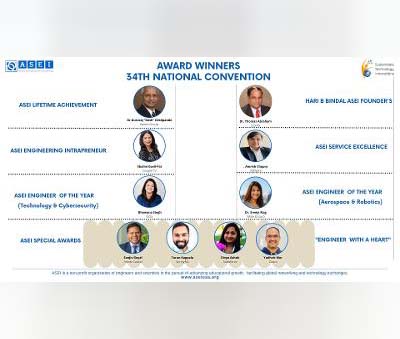 The award ceremony for this convention will end with a finale awards ceremony session on Feb27 at 10 am (PST). where 10 outstanding achievers and those who contributed to ASEI growth and the society at large will be honored in addition to student winners of the YTE competition. This year’s outstanding achievement awards go to the following:
The award ceremony for this convention will end with a finale awards ceremony session on Feb27 at 10 am (PST). where 10 outstanding achievers and those who contributed to ASEI growth and the society at large will be honored in addition to student winners of the YTE competition. This year’s outstanding achievement awards go to the following: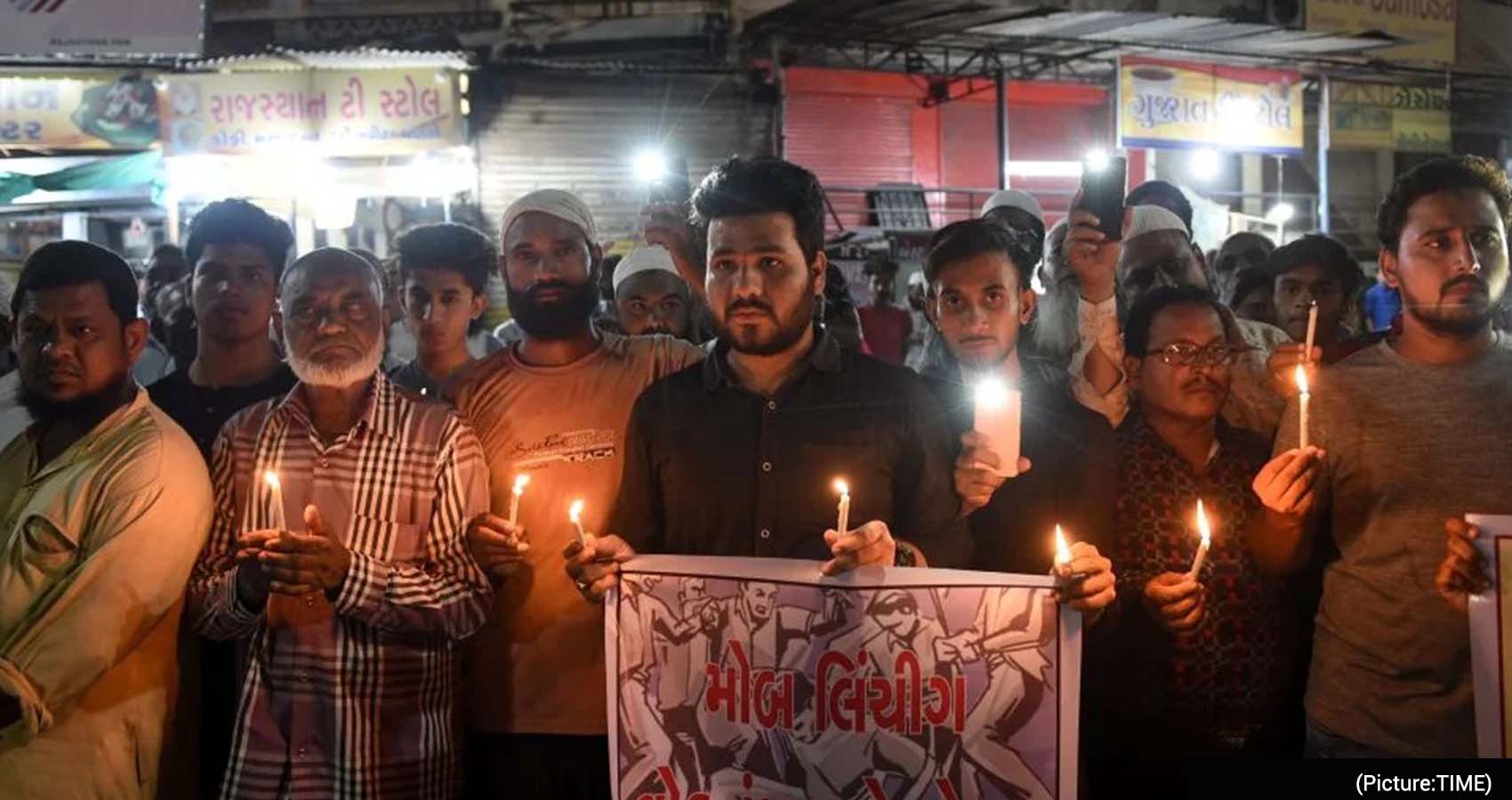
 This was perhaps the third most violent Christmas the community has faced in India. On Christmas eve of 1998, 36 rural log churches were burnt and destroyed in the Dangs forested district of the state of Gujarat. The incidents were dubbed a “laboratory for right wing religious and nationalist fanatics.” On Christmas eve of 2007, another forest district, this time Kandhamal in the state of Orissa [now called Odisha] became the laboratory. Villages, houses, small prayer halls, large churches, and institutions were burnt, and people forced to flee for their lives into the forest. The violence was repeated a few months later. More than 100 were killed, many women, including a Catholic Nun raped, and close to 400 Churches and institutions destroyed. The Orissa government had identified the attackers as belonging to an arm of the Rashtriya Swayamsewak Sangh which had launched a massive hate campaign targeting the Christian community.
This was perhaps the third most violent Christmas the community has faced in India. On Christmas eve of 1998, 36 rural log churches were burnt and destroyed in the Dangs forested district of the state of Gujarat. The incidents were dubbed a “laboratory for right wing religious and nationalist fanatics.” On Christmas eve of 2007, another forest district, this time Kandhamal in the state of Orissa [now called Odisha] became the laboratory. Villages, houses, small prayer halls, large churches, and institutions were burnt, and people forced to flee for their lives into the forest. The violence was repeated a few months later. More than 100 were killed, many women, including a Catholic Nun raped, and close to 400 Churches and institutions destroyed. The Orissa government had identified the attackers as belonging to an arm of the Rashtriya Swayamsewak Sangh which had launched a massive hate campaign targeting the Christian community.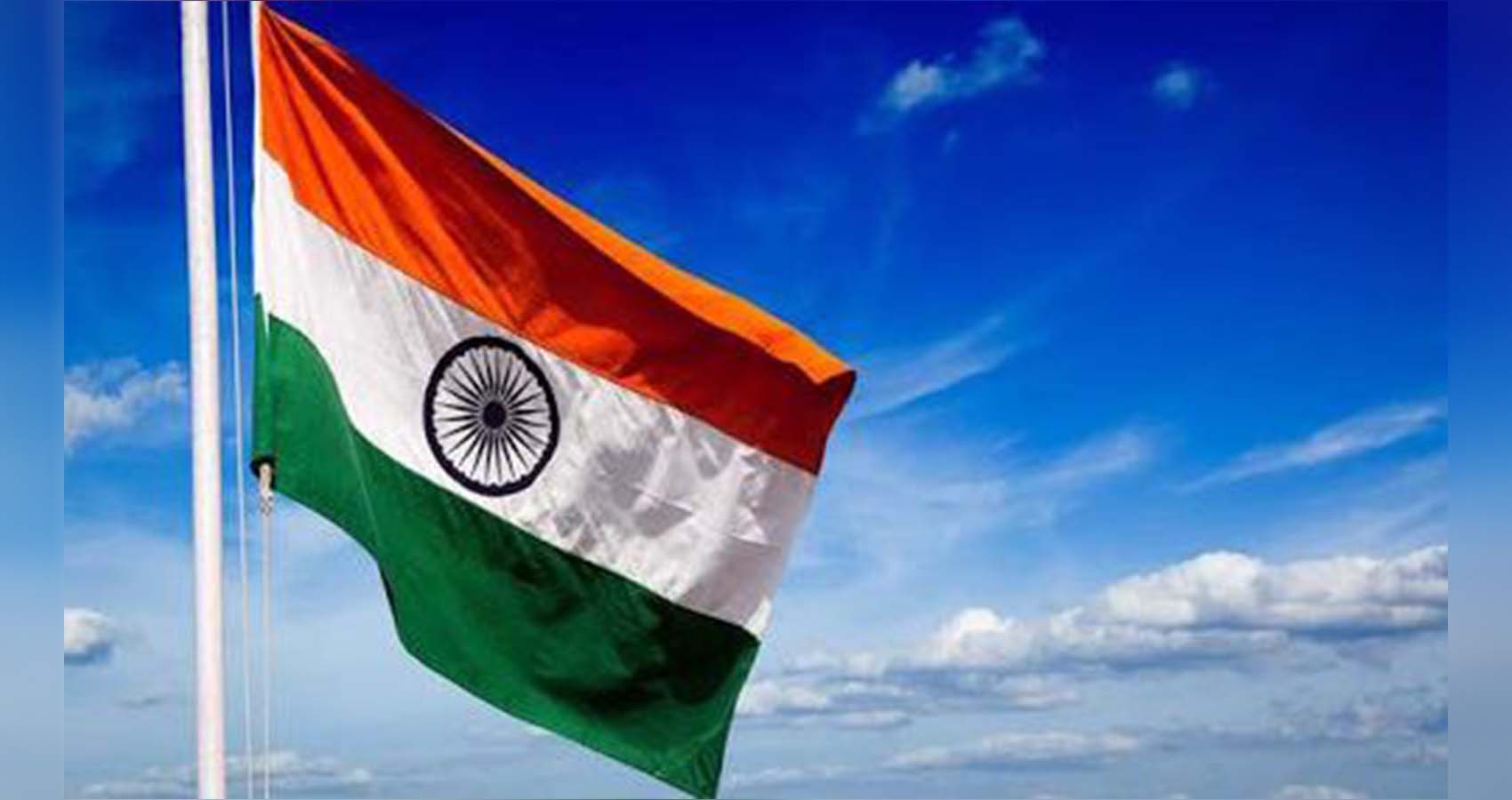
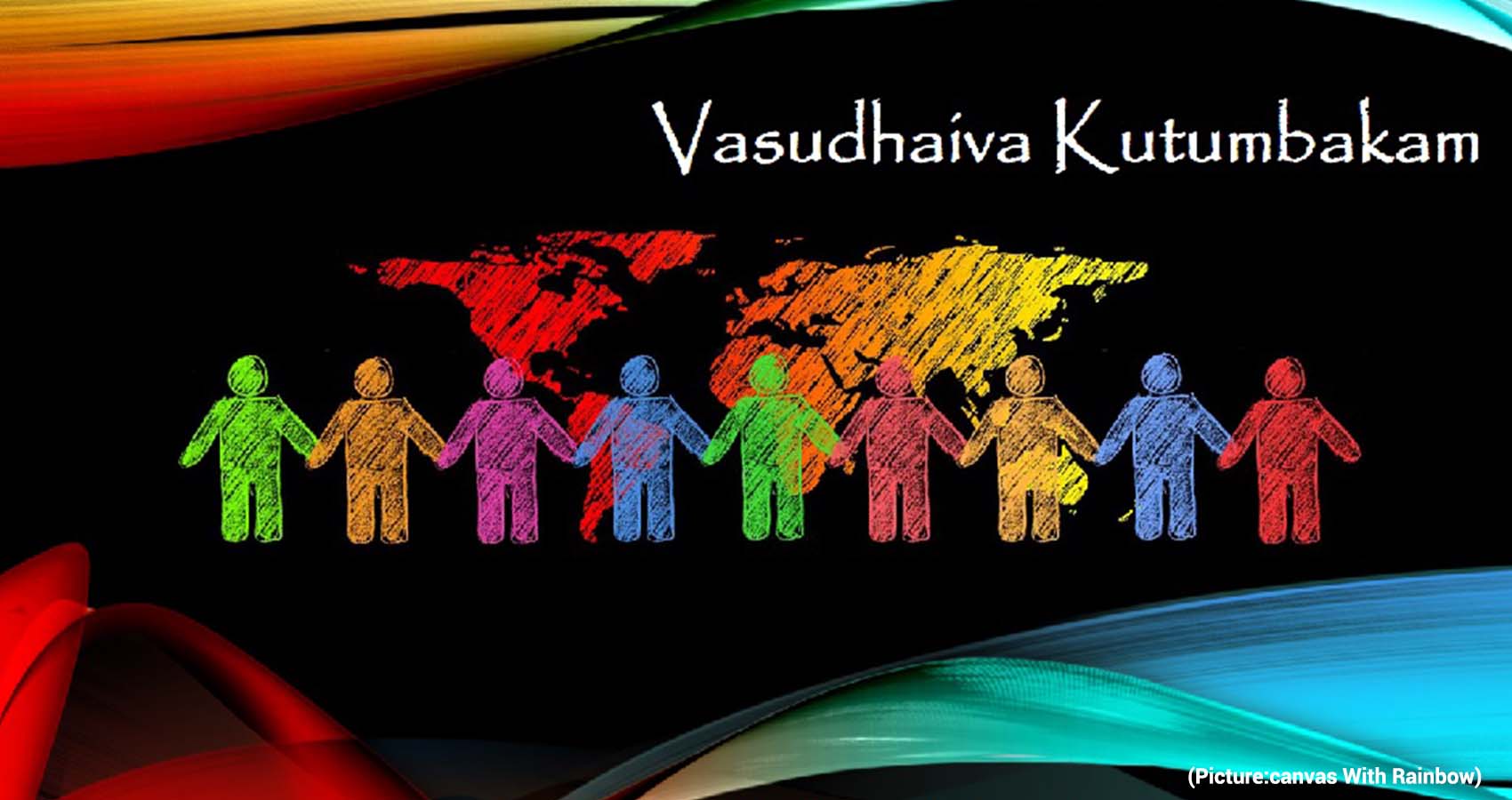
 During the colonial period, divisive tendencies in the name of religion reared their head due to the British policy of divide and rule. The elite sections of society initiated and encouraged these tendencies. However, they were overshadowed by the integrative and all-inclusive freedom movement. It is here that the magical interpretation of Hinduism by Gandhi succeeded in mobilising people of all religions within the single thread of Indian nationalism. The charisma of Gandhi’s movements left a deep impression on people of all faiths. People recited shlokas from the Gita and verses from the Koran and the Bible in his prayer meetings.
During the colonial period, divisive tendencies in the name of religion reared their head due to the British policy of divide and rule. The elite sections of society initiated and encouraged these tendencies. However, they were overshadowed by the integrative and all-inclusive freedom movement. It is here that the magical interpretation of Hinduism by Gandhi succeeded in mobilising people of all religions within the single thread of Indian nationalism. The charisma of Gandhi’s movements left a deep impression on people of all faiths. People recited shlokas from the Gita and verses from the Koran and the Bible in his prayer meetings.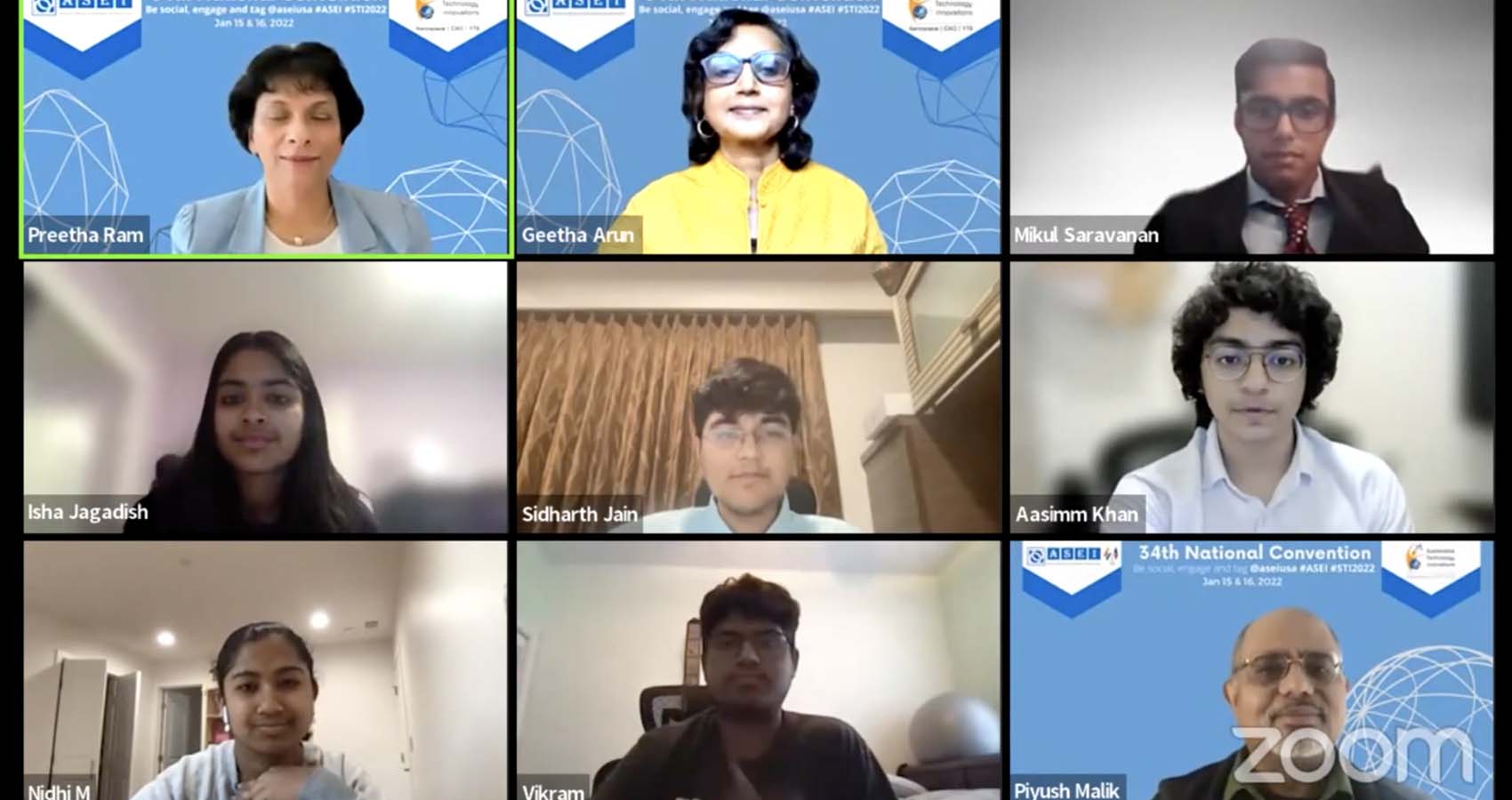
 Living on the moon panel explored getting most efficiently and cheaply to the Moon not only for tourism, but to establish settlements on the Moon, to live and work there. This time, it will be mining for the most important, life sustaining water-ice on the Moon, as well as exploring the lava tubes for habitats. Moderated by Dr. David Livingston, the knowledgeable expert panelists Dr. Bhavya Lal, Prof. Haym Benoroya and Dr. Ajay Kothari shared their vision
Living on the moon panel explored getting most efficiently and cheaply to the Moon not only for tourism, but to establish settlements on the Moon, to live and work there. This time, it will be mining for the most important, life sustaining water-ice on the Moon, as well as exploring the lava tubes for habitats. Moderated by Dr. David Livingston, the knowledgeable expert panelists Dr. Bhavya Lal, Prof. Haym Benoroya and Dr. Ajay Kothari shared their vision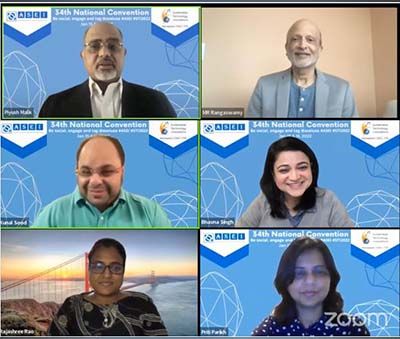 Veteran philanthropist and venture capitalist MR Rangaswami captivated the audience with his whirlwind tour of 40 years’ journey of Indian engineers from the trenches to the corner office in the US. Citing numerous success stories from his chapter in the book “Kamala Harris and the rise of Indian Americans”, he engaged with audience questions as well.
Veteran philanthropist and venture capitalist MR Rangaswami captivated the audience with his whirlwind tour of 40 years’ journey of Indian engineers from the trenches to the corner office in the US. Citing numerous success stories from his chapter in the book “Kamala Harris and the rise of Indian Americans”, he engaged with audience questions as well.
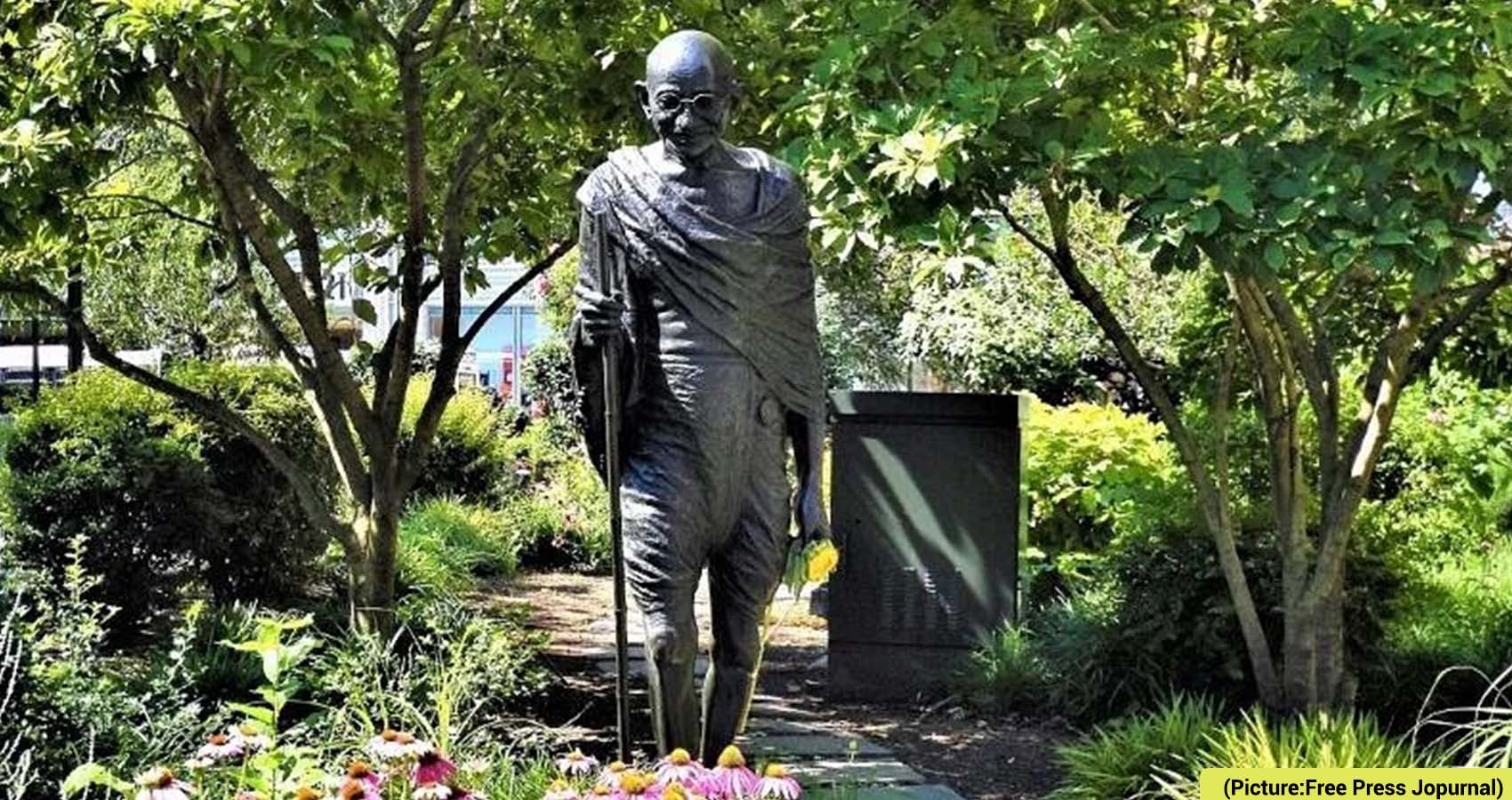
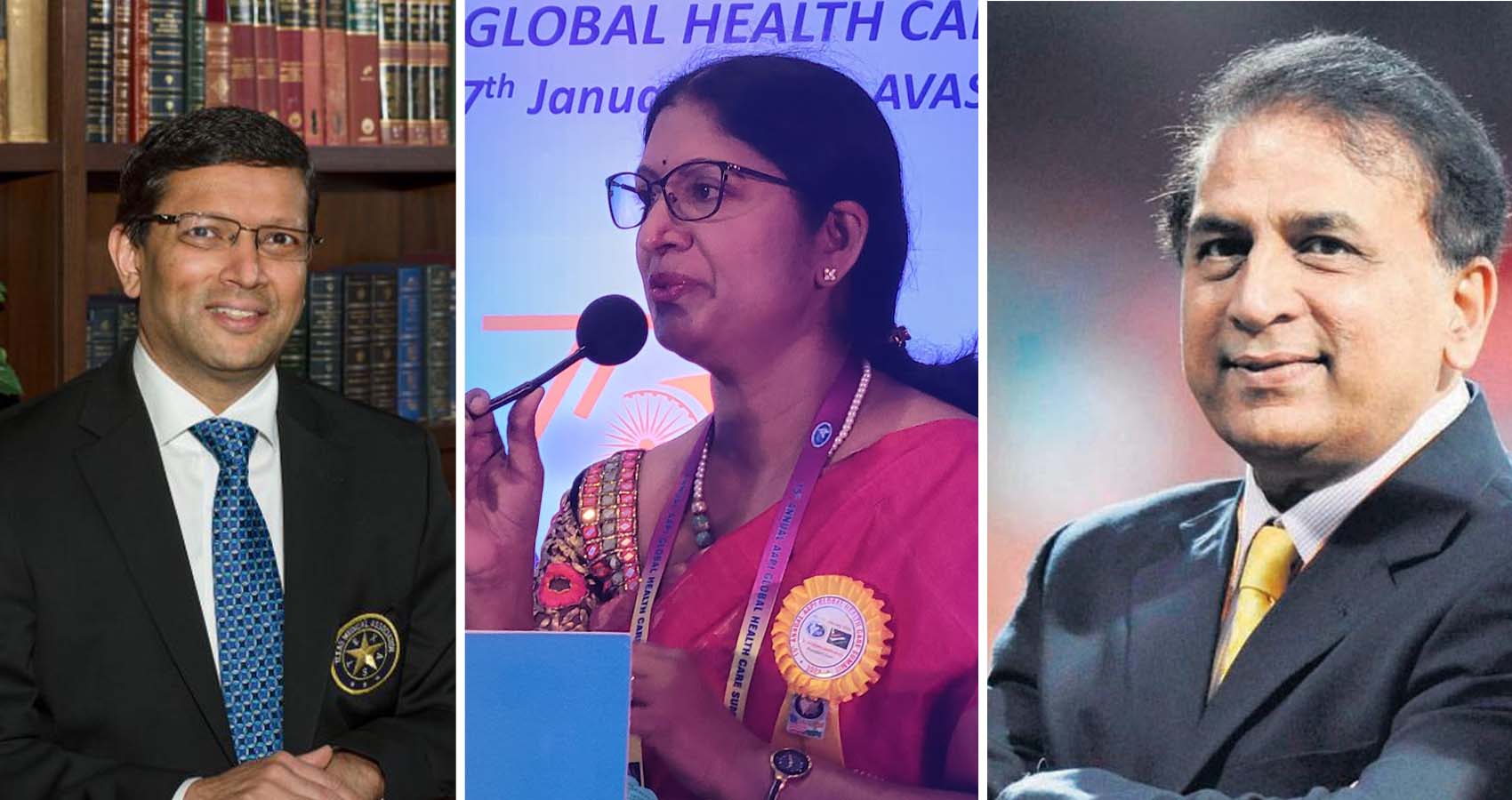
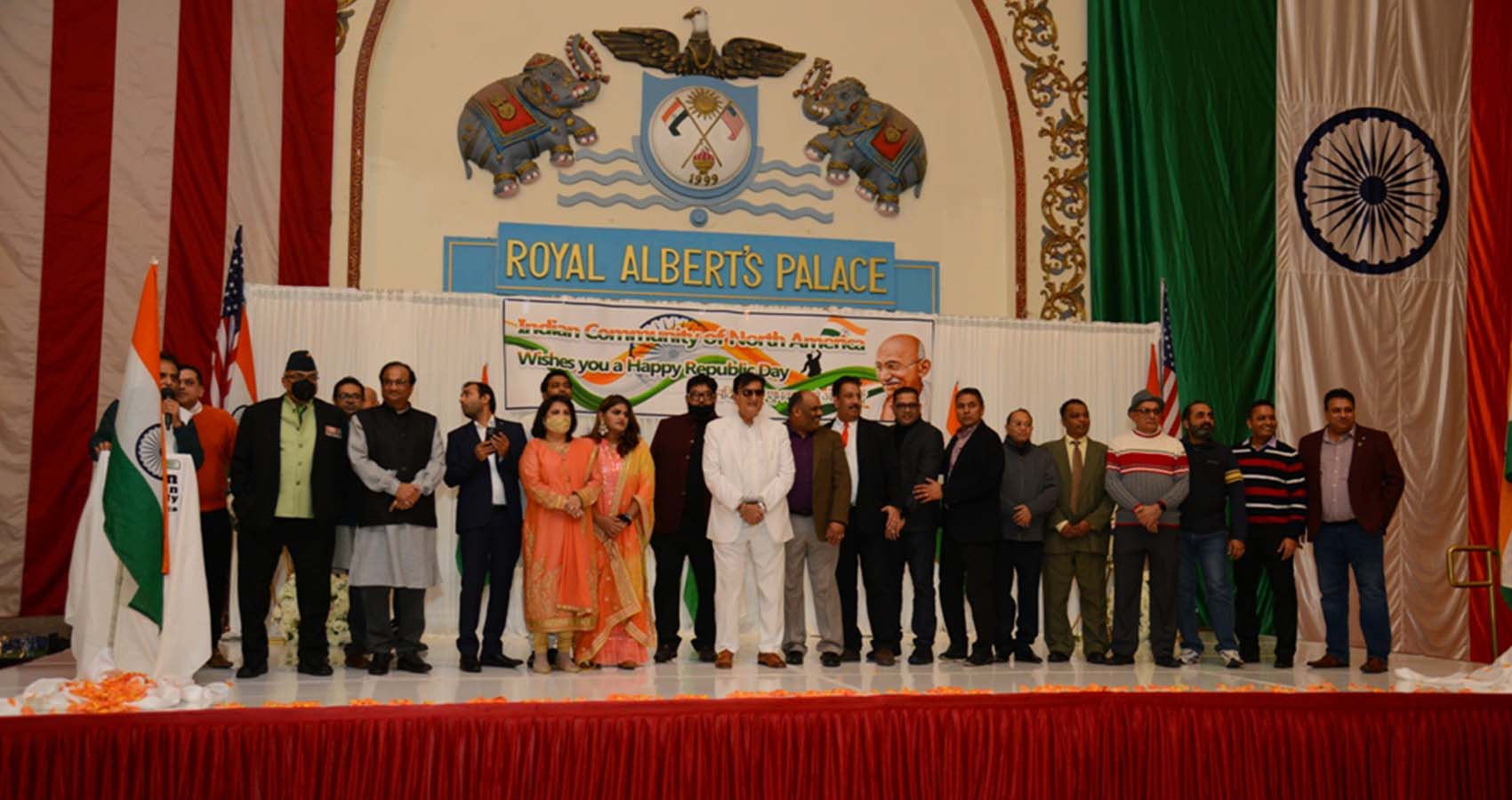
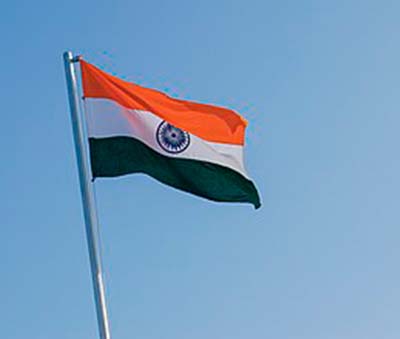 The attendees also included Commissioner Sue Kylie who is running for Congress, and Township office holders, elected officials, representatives from the Police Department and the Department of Defense. Among other guests were heads of several community organizations, sponsors of the event and donors.
The attendees also included Commissioner Sue Kylie who is running for Congress, and Township office holders, elected officials, representatives from the Police Department and the Department of Defense. Among other guests were heads of several community organizations, sponsors of the event and donors.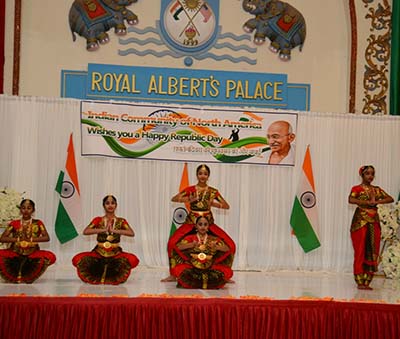 Speaking to those gathered, Dr. Sunil Parikh said he was very proud to see IACONA take a big step towards creating more awareness about India by celebrating India’s Republic Day. He said the SSAI had been working in New Jersey and in India for the past 21 months, providing meals, masks, plasma, navigation help for COVID testing and for vaccination. The organization was planning a new Health Center in partnership with St. Peters Hospital, he said.
Speaking to those gathered, Dr. Sunil Parikh said he was very proud to see IACONA take a big step towards creating more awareness about India by celebrating India’s Republic Day. He said the SSAI had been working in New Jersey and in India for the past 21 months, providing meals, masks, plasma, navigation help for COVID testing and for vaccination. The organization was planning a new Health Center in partnership with St. Peters Hospital, he said.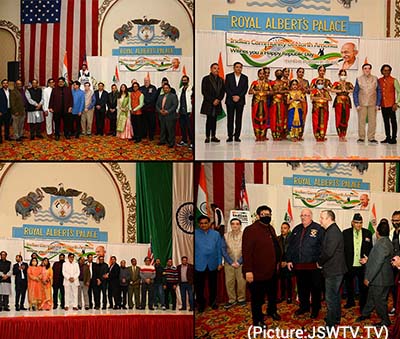 The Federation of Indian Associations Ohio held a Flag Hoisting ceremony at the Ohio State House in Columbus, Ohio, on January 26. Ohio State Senator Niraj Antani and prominent members of the Indian community were present at the event. The program was live-streamed.
The Federation of Indian Associations Ohio held a Flag Hoisting ceremony at the Ohio State House in Columbus, Ohio, on January 26. Ohio State Senator Niraj Antani and prominent members of the Indian community were present at the event. The program was live-streamed.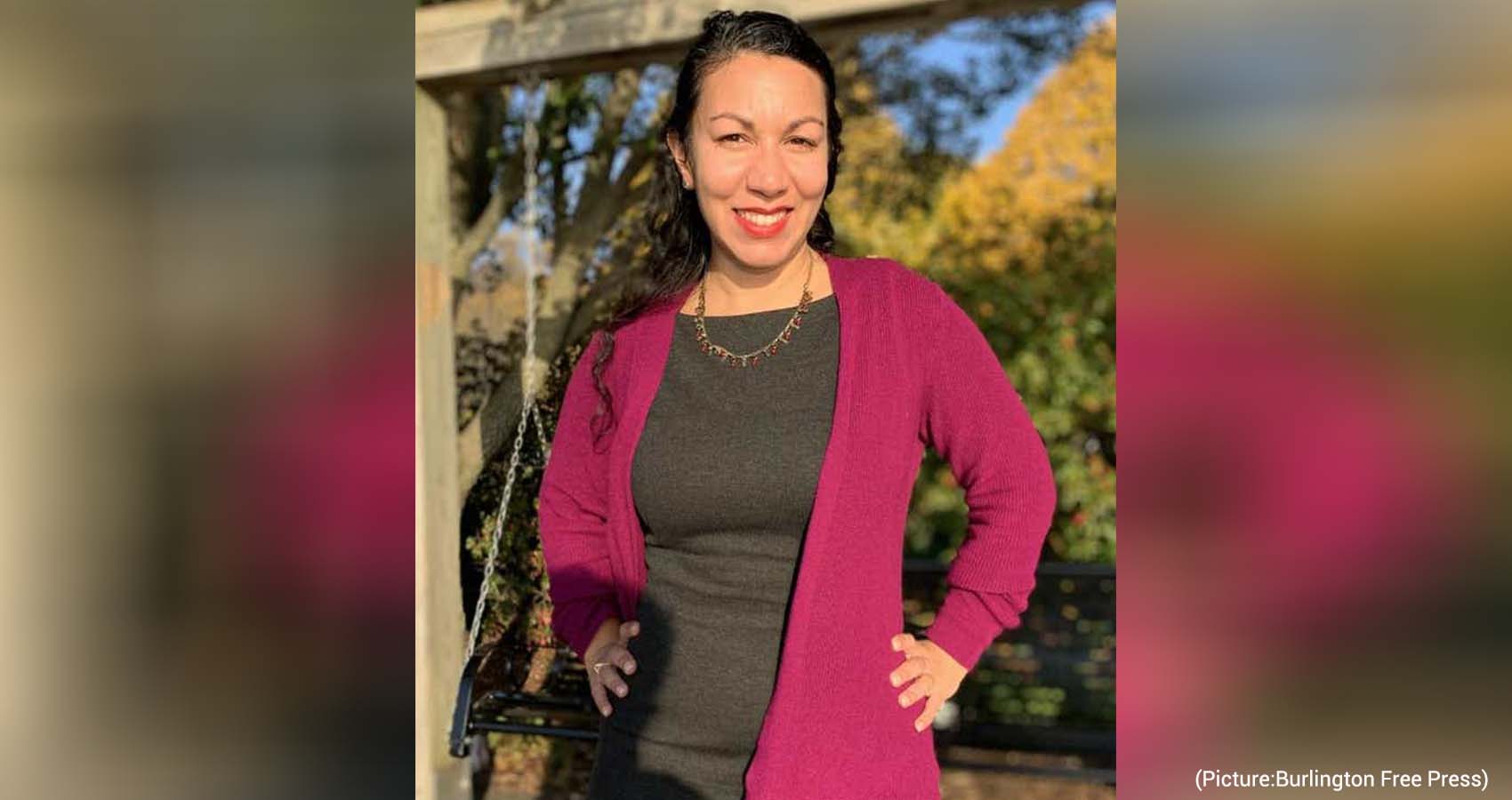
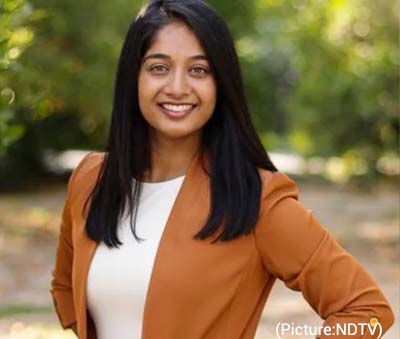 “Our team is extremely honored to endorse Nida Allam and Kesha Ram Hinsdale for Congress. Both Nida and Kesha uphold the progressive and justice-oriented values that we at IMPACT are thrilled to support in tandem,” Makhija said.
“Our team is extremely honored to endorse Nida Allam and Kesha Ram Hinsdale for Congress. Both Nida and Kesha uphold the progressive and justice-oriented values that we at IMPACT are thrilled to support in tandem,” Makhija said.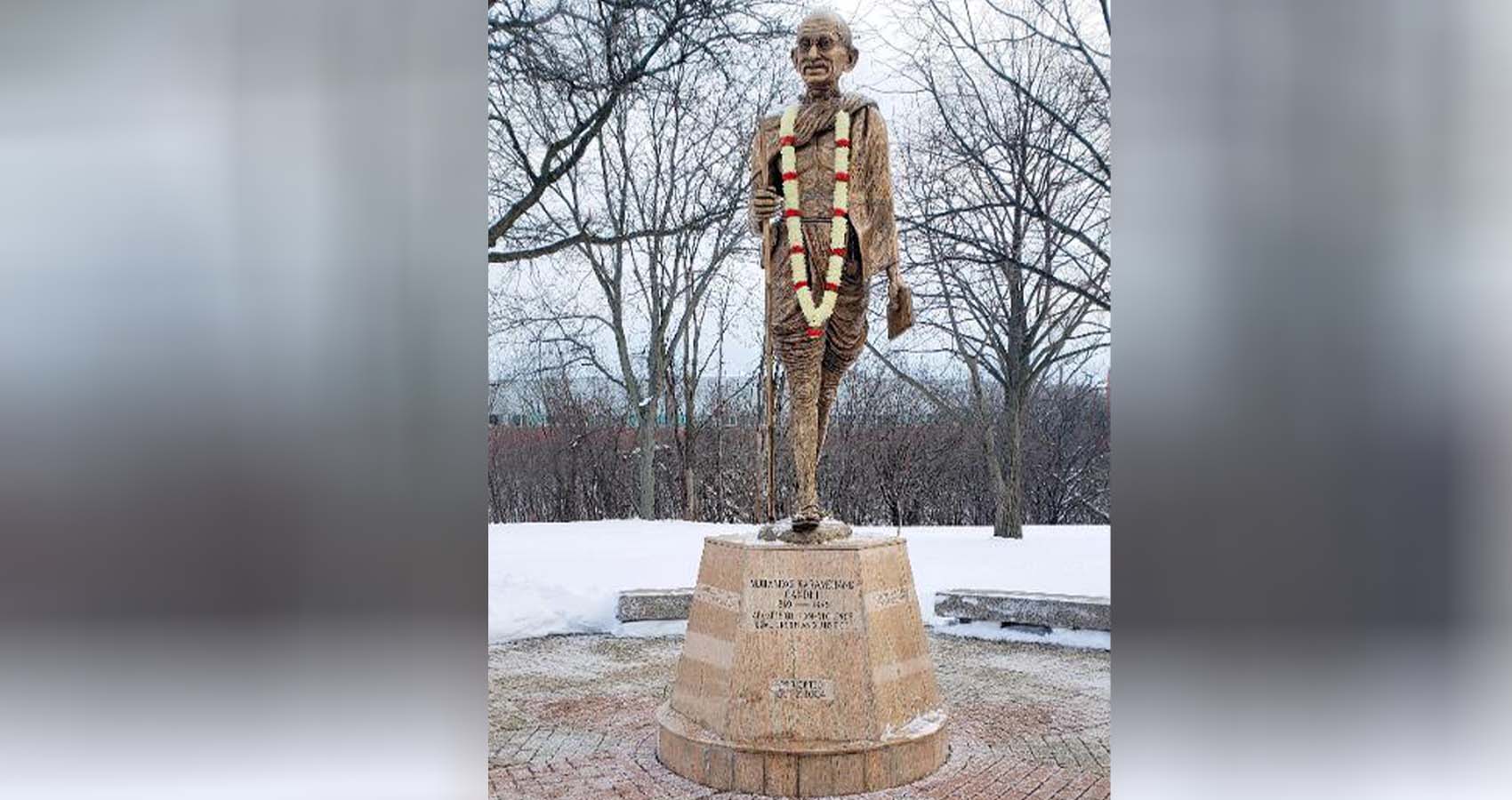
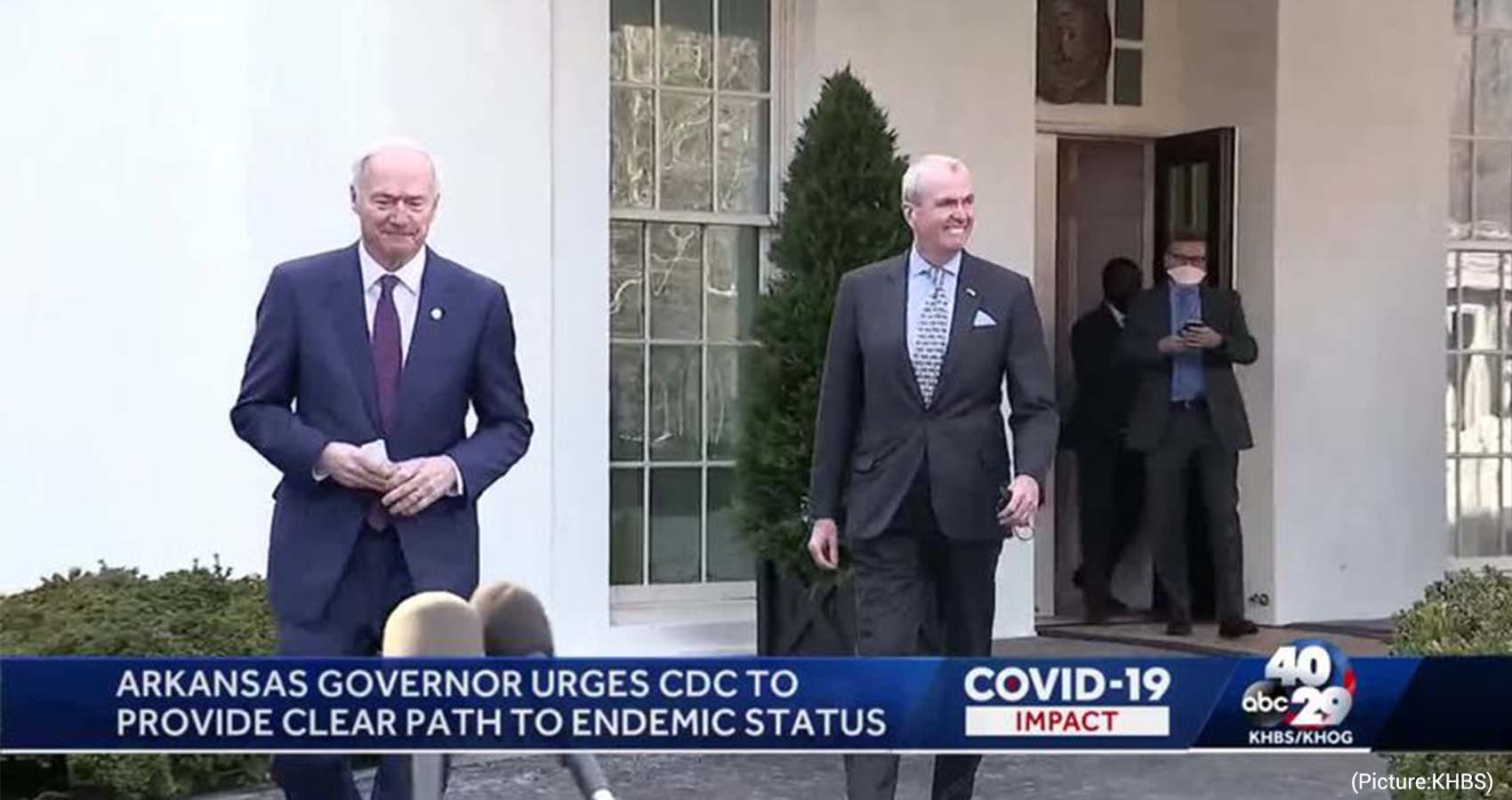
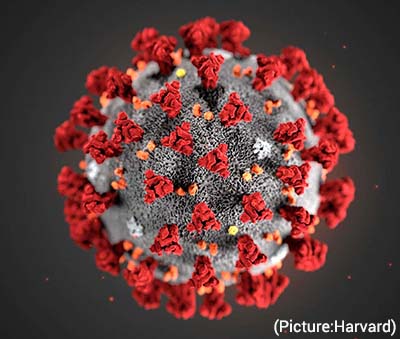 The governors had met earlier with
The governors had met earlier with 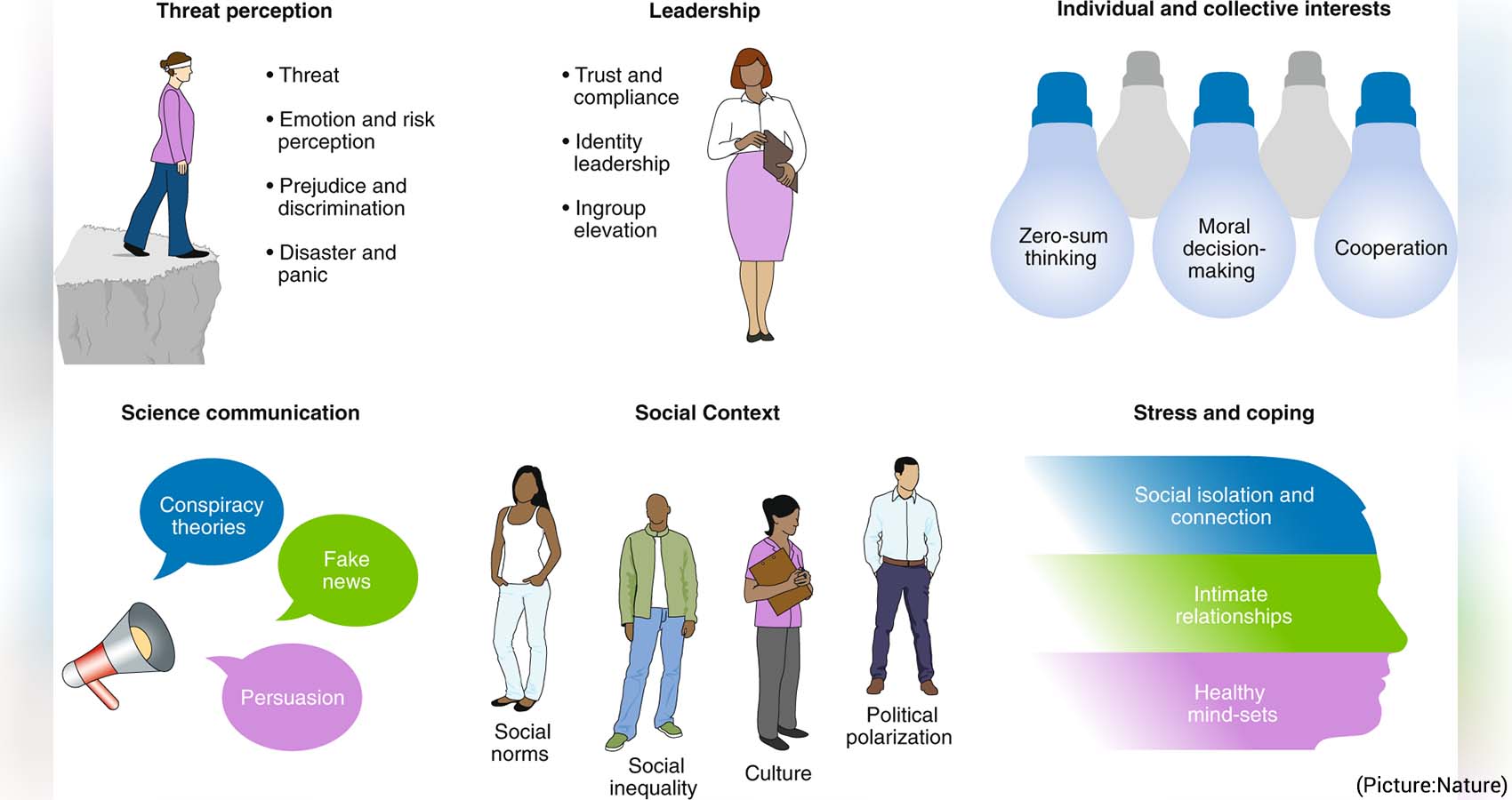
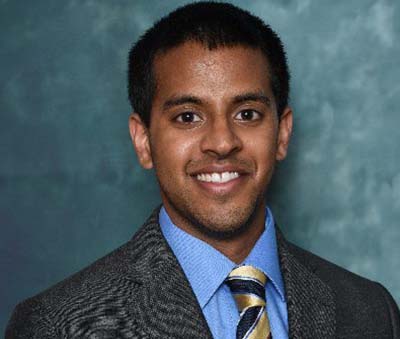 The researchers determined that low SES patients—who more commonly received health care under government payor programs such as Medicare and Medicaid (63% vs. 49%)—had more urgent/emergent surgery (21% vs. 13%), with minimally-invasive approaches used less often (24% vs. 39%).
The researchers determined that low SES patients—who more commonly received health care under government payor programs such as Medicare and Medicaid (63% vs. 49%)—had more urgent/emergent surgery (21% vs. 13%), with minimally-invasive approaches used less often (24% vs. 39%).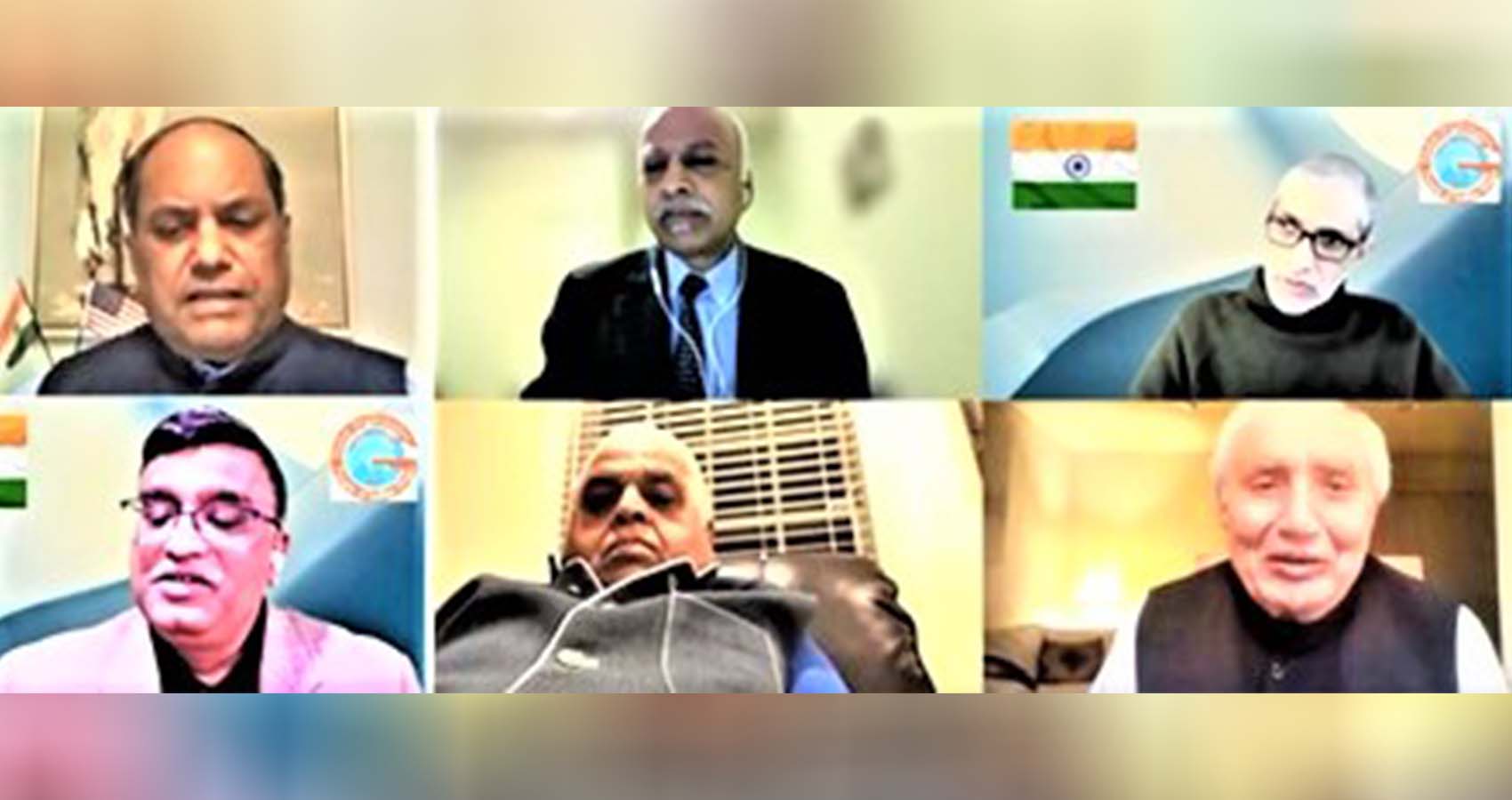
 In his inaugural address, Indian Consul General Randhir Kumar Jaiswal, a career diplomat with over two decades of diplomatic career serving in Portugal, Cuba, South Africa and at the Permanent Mission of India in New York, greeted the Diaspora in the United States and around the world on the occasion of India’s 73rd Republic Day celebrations.
In his inaugural address, Indian Consul General Randhir Kumar Jaiswal, a career diplomat with over two decades of diplomatic career serving in Portugal, Cuba, South Africa and at the Permanent Mission of India in New York, greeted the Diaspora in the United States and around the world on the occasion of India’s 73rd Republic Day celebrations. Referring to the several elected Indian American leaders who attended the event, Ambassador Jaiswal said, “Your presence and greetings mean a lot to us and to the Indian Diaspora and to the Indo-US relationship.” Announcing that India has provided 1.6 Billion does of Covid vaccination in the past 1 year, the senior diplomat representing India told the participants, how India’s economy is doing remarkably well and that there are 60,000 StartUP Companies established in the past year. He praised India’s efforts towards women’s empowerment as India continues to contribute towards world peace and prosperity.
Referring to the several elected Indian American leaders who attended the event, Ambassador Jaiswal said, “Your presence and greetings mean a lot to us and to the Indian Diaspora and to the Indo-US relationship.” Announcing that India has provided 1.6 Billion does of Covid vaccination in the past 1 year, the senior diplomat representing India told the participants, how India’s economy is doing remarkably well and that there are 60,000 StartUP Companies established in the past year. He praised India’s efforts towards women’s empowerment as India continues to contribute towards world peace and prosperity. Kesha Ram, Burlington, Vermont, VT State Senator, shared of the reasons for her entering politics. “I got engaged with the community for long, where we care for each other.” One of the youngest ever to be elected to State Assembly at the age of 21, she said, “I am the first ever woman of color top be elected to the state Assembly in Vermont. Continuing to break through the barriers, we can work together to elect more NRIs. “It’s incredible to be of public service, following in the footsteps of my great grandfathers, ” she said, referring to her ancestry back in India, who had fought for the freedom for India. “We have carried with us that spirit of community service.”
Kesha Ram, Burlington, Vermont, VT State Senator, shared of the reasons for her entering politics. “I got engaged with the community for long, where we care for each other.” One of the youngest ever to be elected to State Assembly at the age of 21, she said, “I am the first ever woman of color top be elected to the state Assembly in Vermont. Continuing to break through the barriers, we can work together to elect more NRIs. “It’s incredible to be of public service, following in the footsteps of my great grandfathers, ” she said, referring to her ancestry back in India, who had fought for the freedom for India. “We have carried with us that spirit of community service.”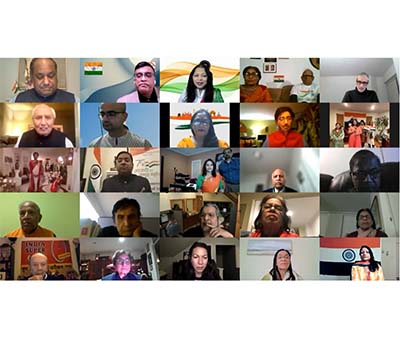 Dr. Jaya Daptardar eloquently emceed the event. American National Anthem was sung by: Mathy Pillai, while the Indian National Anthem was by Jyothi Gupta and team from Long Island. Popular artists from around the world, including Pallavi Belwariar , Kedar Godbole , Srinivas Gunupuru, and Trupti Shah presented popular evergreen patriotic songs such as Vande Mataram and Jai Ho with their beautiful voices. Media Sponsor and Live Streaming was provided by Indus TV (New Jersey). Shivender Sofat, President of GOPIO Manhattan, proposed vote of thanks.
Dr. Jaya Daptardar eloquently emceed the event. American National Anthem was sung by: Mathy Pillai, while the Indian National Anthem was by Jyothi Gupta and team from Long Island. Popular artists from around the world, including Pallavi Belwariar , Kedar Godbole , Srinivas Gunupuru, and Trupti Shah presented popular evergreen patriotic songs such as Vande Mataram and Jai Ho with their beautiful voices. Media Sponsor and Live Streaming was provided by Indus TV (New Jersey). Shivender Sofat, President of GOPIO Manhattan, proposed vote of thanks.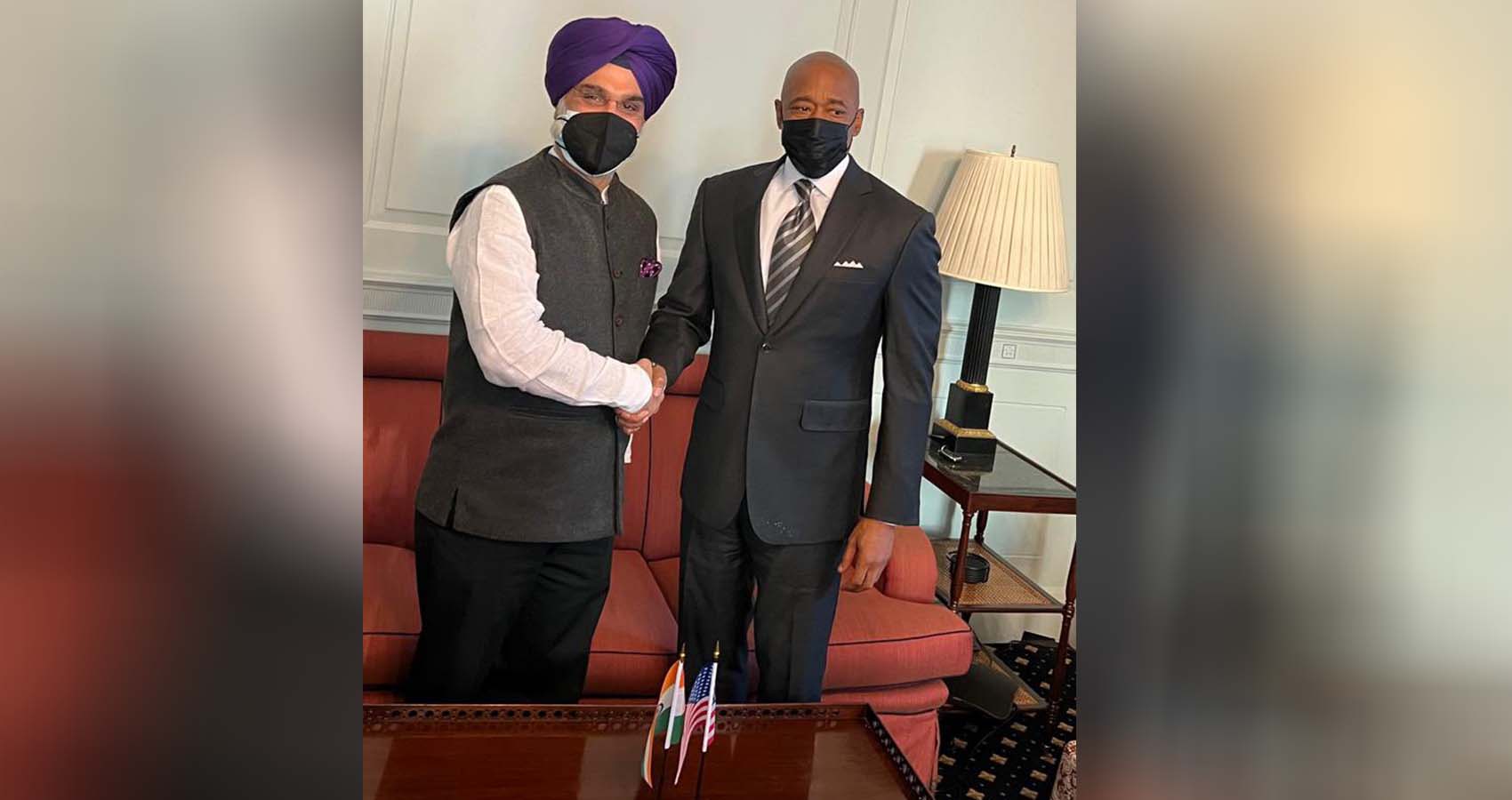
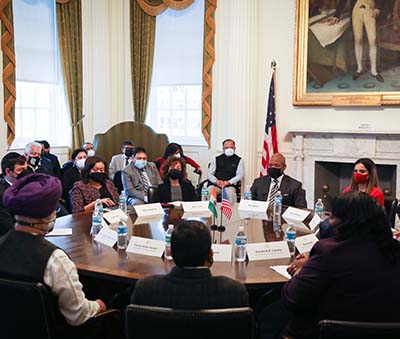 They held discussion on further bolstering the strong partnership between India and the City of New York with special emphasis on key areas including affordable healthcare, renewable energy, new and emerging technology, education and knowledge partnership, IT and fintech.
They held discussion on further bolstering the strong partnership between India and the City of New York with special emphasis on key areas including affordable healthcare, renewable energy, new and emerging technology, education and knowledge partnership, IT and fintech.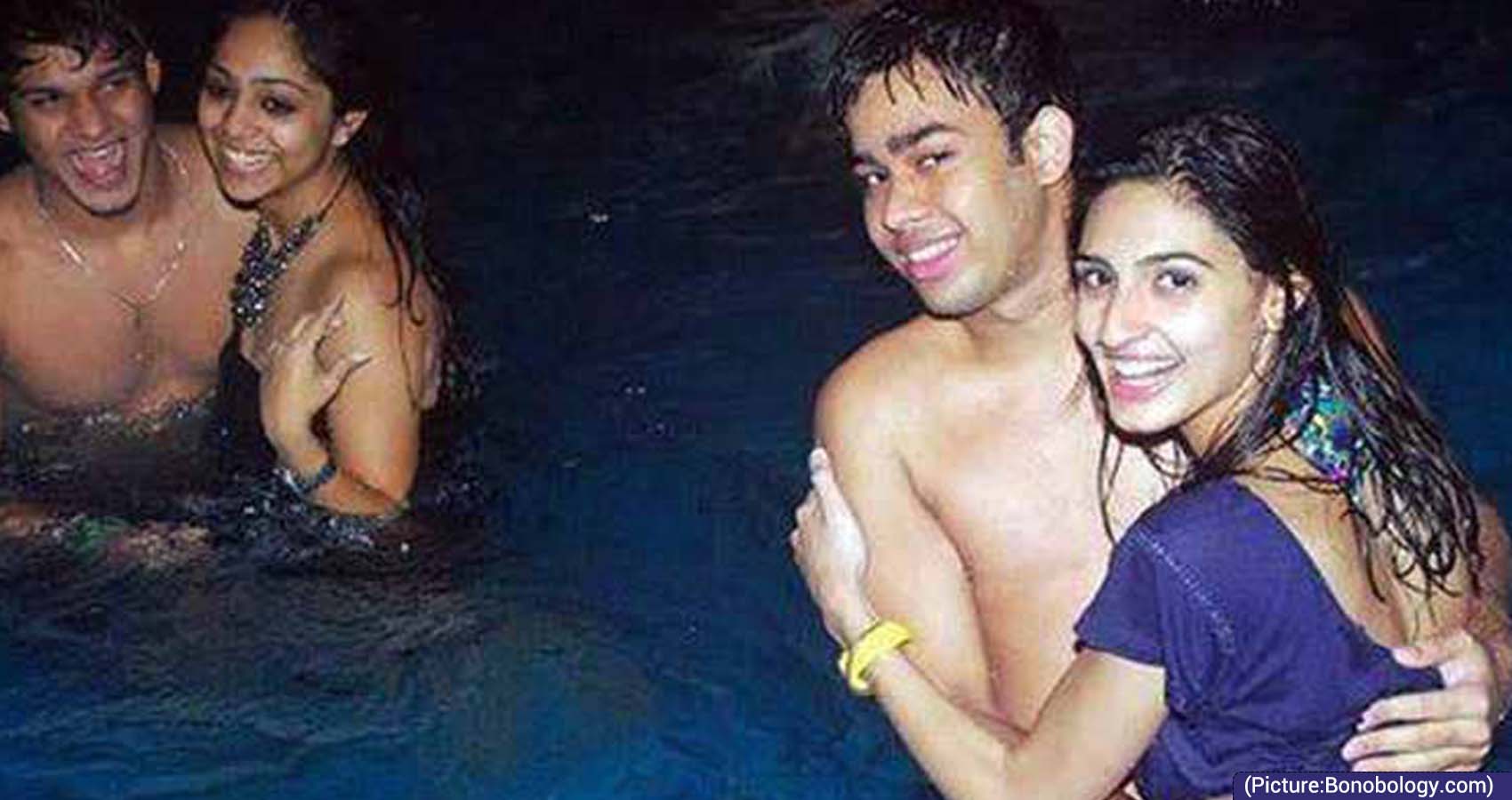
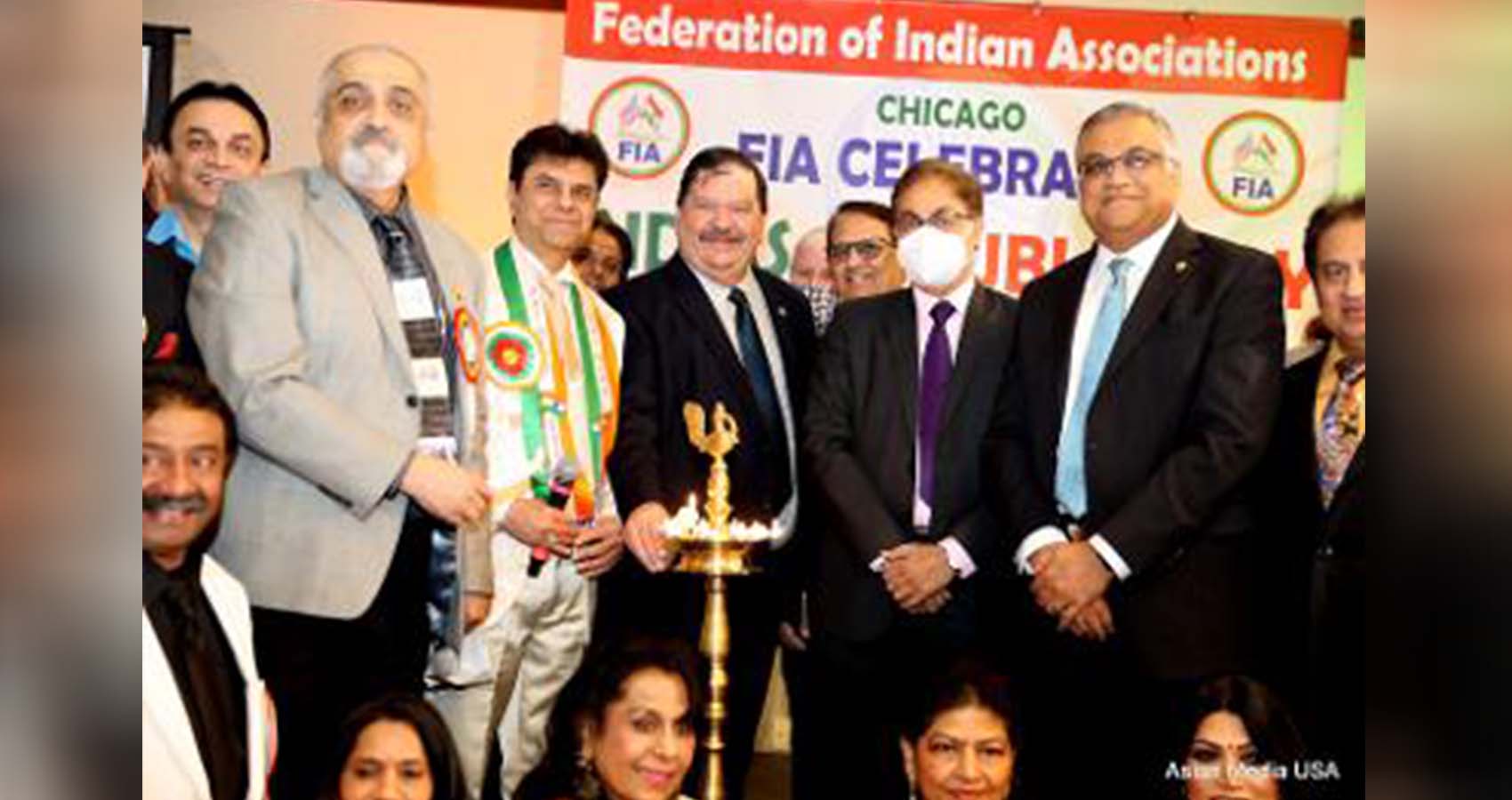
 Congressman Raja Krishnamoorthi in his inimitable style addressed the cheering audience and expressed great joy and best wishes to Team FIA and the entire Indian community for the outstanding contributions, over more than a decade now.
Congressman Raja Krishnamoorthi in his inimitable style addressed the cheering audience and expressed great joy and best wishes to Team FIA and the entire Indian community for the outstanding contributions, over more than a decade now. Hitesh Bhatt, Founder & Kim Bhatt, President of the Bhatt Foundation were honored with a Plaque and were acknowledged for their sponsorship support to FIA. In their speech, the Bhatt’s, shared their message of “Improving Global HealthCare and Education through Innovation”. They touched upon their philanthropic work in USA / India / Honduras / Africa and expressed their interest in supporting FIA’s initiatives as well.
Hitesh Bhatt, Founder & Kim Bhatt, President of the Bhatt Foundation were honored with a Plaque and were acknowledged for their sponsorship support to FIA. In their speech, the Bhatt’s, shared their message of “Improving Global HealthCare and Education through Innovation”. They touched upon their philanthropic work in USA / India / Honduras / Africa and expressed their interest in supporting FIA’s initiatives as well.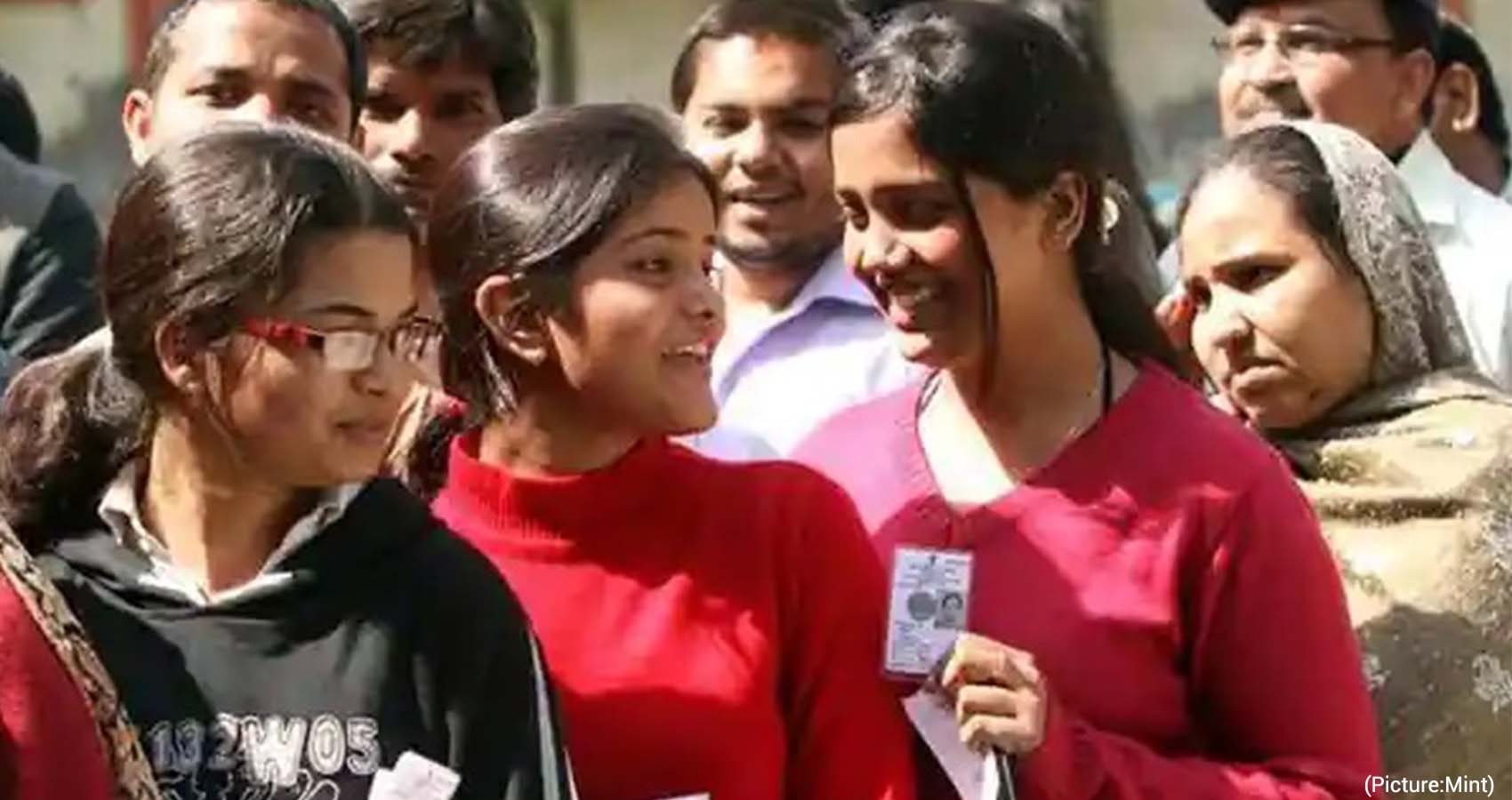
 The total fertility rate (TFR), which is an average number of children per women, has also come down to 2 in 2019-21 from 2.2 in 2015-16, as per the Survey.
The total fertility rate (TFR), which is an average number of children per women, has also come down to 2 in 2019-21 from 2.2 in 2015-16, as per the Survey.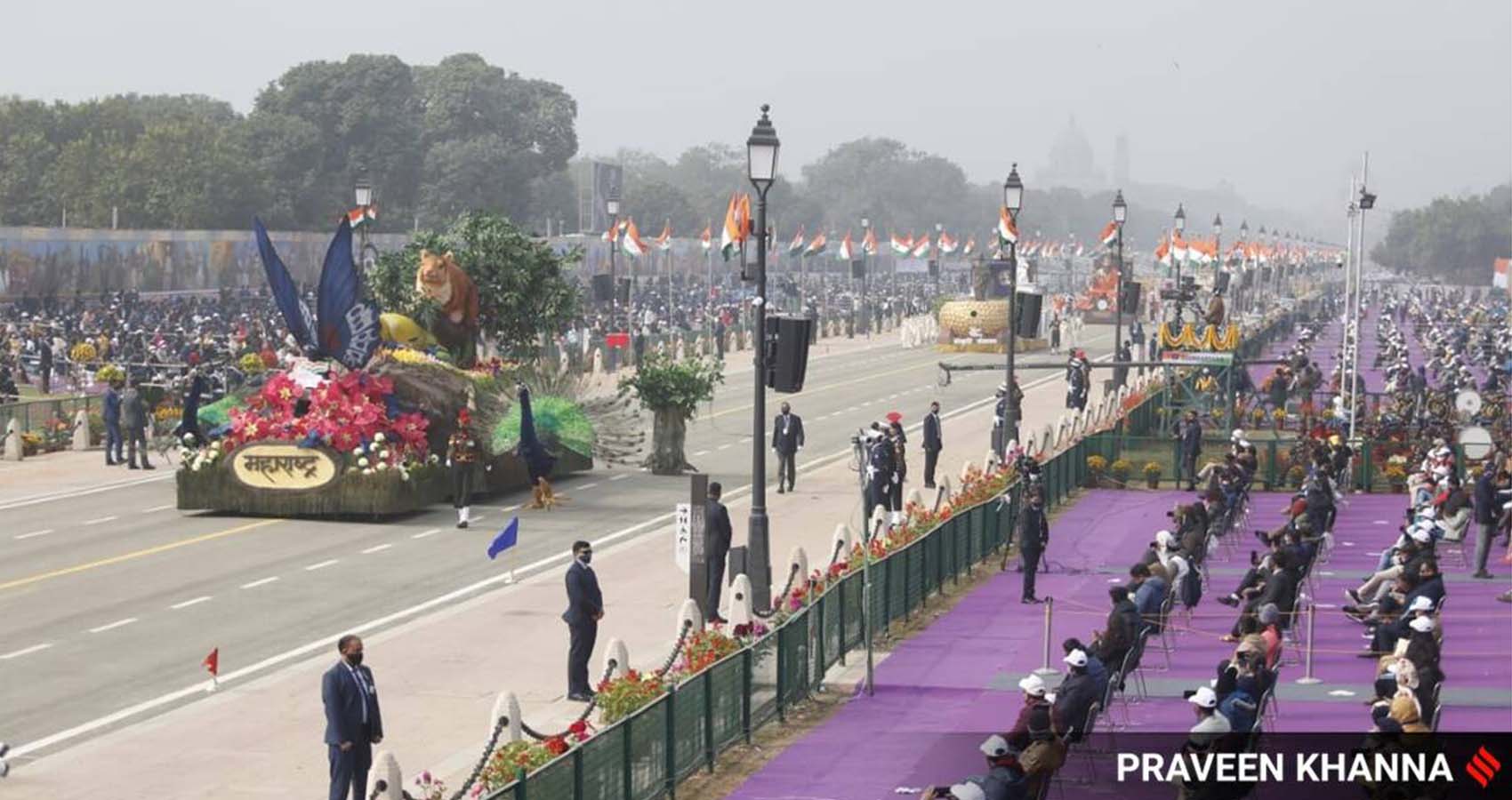
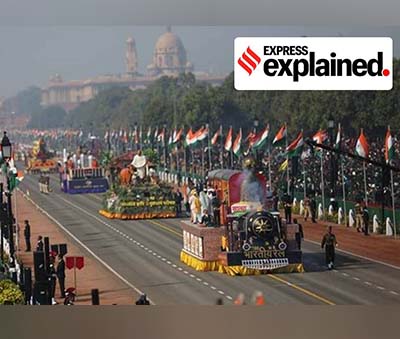 At a time when several Opposition-ruled states complained that their tableaux were not selected for the Republic Day parade, even as the government insisted that the decision was taken by an expert committee and there is no political intervention, the tableaux of four of the five poll-bound states made it to Rajpath on Republic Day.
At a time when several Opposition-ruled states complained that their tableaux were not selected for the Republic Day parade, even as the government insisted that the decision was taken by an expert committee and there is no political intervention, the tableaux of four of the five poll-bound states made it to Rajpath on Republic Day.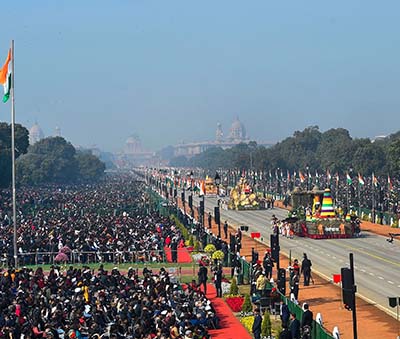 The Air Force tableau paid homage to the victory over Pakistan in the 1971 War, with models of MiG 21, Gnat — both of which were used in the war — and the Light Combat Helicopters. DRDO showcased major weapon platforms developed by it, including the Light Combat Aircraft Tejas and an Air Independent Propulsion system it is working on for the submarines.
The Air Force tableau paid homage to the victory over Pakistan in the 1971 War, with models of MiG 21, Gnat — both of which were used in the war — and the Light Combat Helicopters. DRDO showcased major weapon platforms developed by it, including the Light Combat Aircraft Tejas and an Air Independent Propulsion system it is working on for the submarines.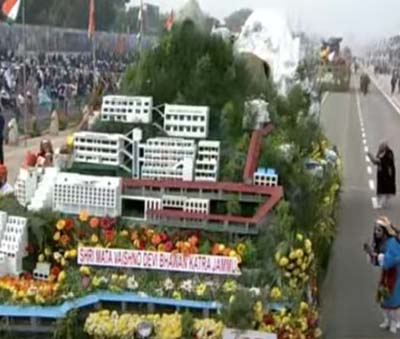 Meanwhile, Goa showed symbols of its heritage and Haryana had a simplistic tableau with several sportsmen from the state on a “victory chariot” carrying the national flag. The idea was to highlight that although it occupies only 1.3 per cent of the country’s landmass and 2.09 per cent of the population, sportsmen from the state have brought maximum medals for the country in various international sporting events, including the Olympics.
Meanwhile, Goa showed symbols of its heritage and Haryana had a simplistic tableau with several sportsmen from the state on a “victory chariot” carrying the national flag. The idea was to highlight that although it occupies only 1.3 per cent of the country’s landmass and 2.09 per cent of the population, sportsmen from the state have brought maximum medals for the country in various international sporting events, including the Olympics.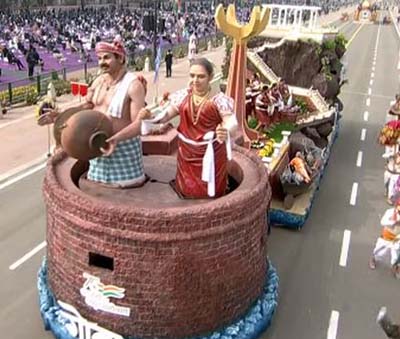 Maharashtra showed the rich biodiversity of the state, with 15 animals and 22 plants as a part of the tableau, including large models of the Blue Mormon Butterfly and more.
Maharashtra showed the rich biodiversity of the state, with 15 animals and 22 plants as a part of the tableau, including large models of the Blue Mormon Butterfly and more.
 During the much anticipated CEOs Forum, a panel of healthcare experts, health industry leaders, opinion makers, and community organizers discussed the significance of promoting Preventive healthcare in India.
During the much anticipated CEOs Forum, a panel of healthcare experts, health industry leaders, opinion makers, and community organizers discussed the significance of promoting Preventive healthcare in India. Analyzing and assimilating the diverse and expert views expressed by the renowned speakers at the CEO Forum regarding the current state of healthcare in India, the CEO Forum provided a great stage to interact with a varied and distinct group of individuals and corporations, and comprehend the complex dynamics of the commerce of health care enterprise.
Analyzing and assimilating the diverse and expert views expressed by the renowned speakers at the CEO Forum regarding the current state of healthcare in India, the CEO Forum provided a great stage to interact with a varied and distinct group of individuals and corporations, and comprehend the complex dynamics of the commerce of health care enterprise. Urging the Government of India to encourage private hospitals and insurance companies to provide Annual Physical exams, or Telehealth visits at an affordable cost to patients, the CEO Forum members stated, “many routine lab tests, vaccinations, blood pressure checks, and some cancer screenings like self-breast examination can be done remotely and even at patients’ homes with the help of Asha
Urging the Government of India to encourage private hospitals and insurance companies to provide Annual Physical exams, or Telehealth visits at an affordable cost to patients, the CEO Forum members stated, “many routine lab tests, vaccinations, blood pressure checks, and some cancer screenings like self-breast examination can be done remotely and even at patients’ homes with the help of Asha 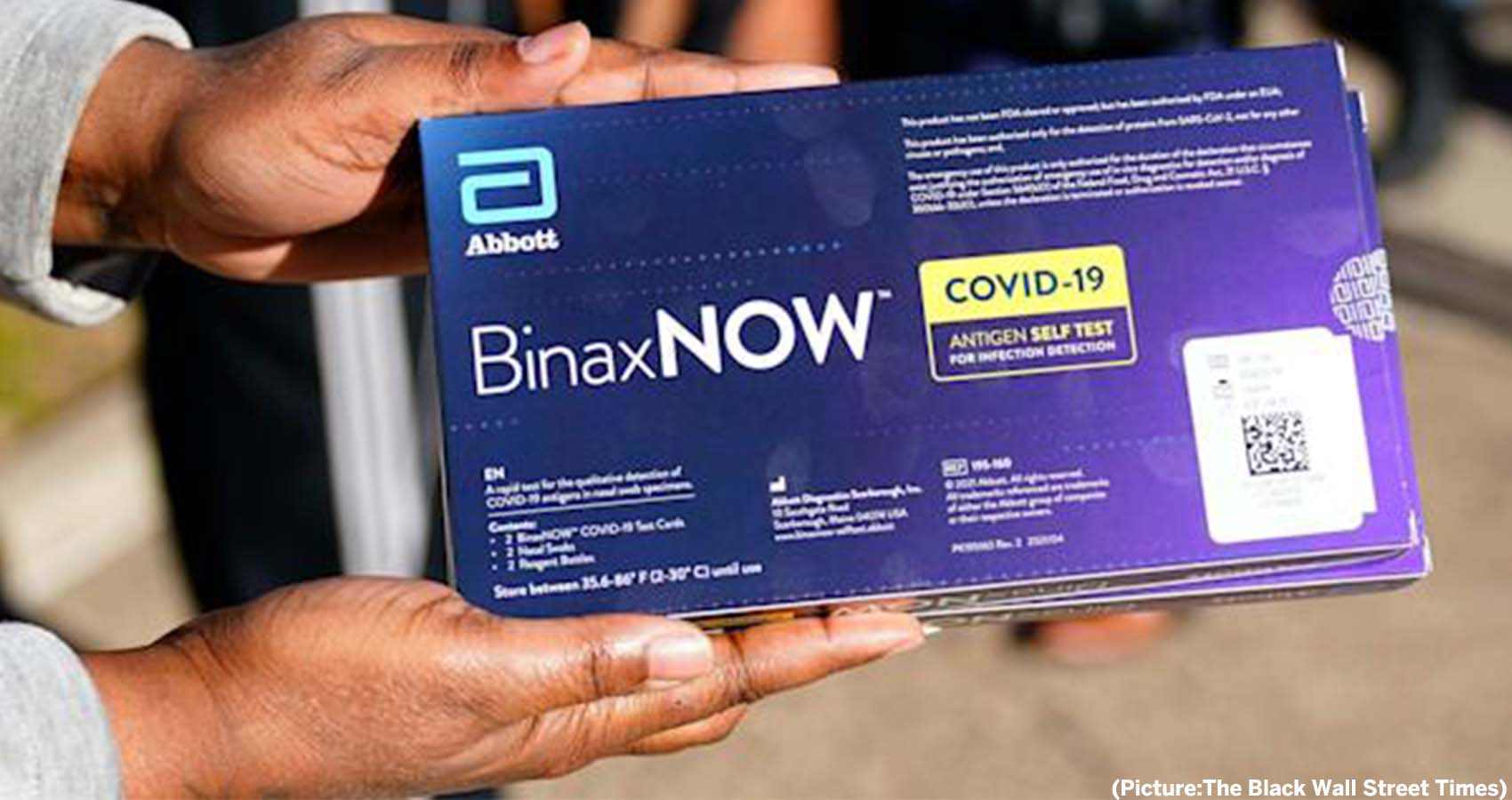
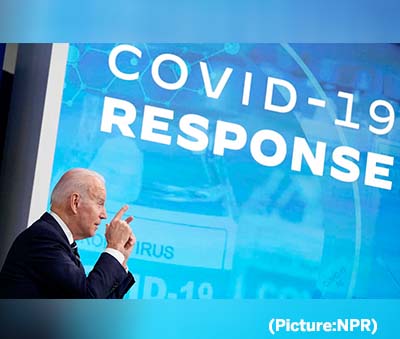 Public health experts and the Centers for Disease Control and Prevention recommend that Americans use at-home tests if they begin to have symptoms, at least five days after coming in close contact with someone who has COVID-19, or are gathering indoors with a group of people who are at risk of severe disease or unvaccinated.
Public health experts and the Centers for Disease Control and Prevention recommend that Americans use at-home tests if they begin to have symptoms, at least five days after coming in close contact with someone who has COVID-19, or are gathering indoors with a group of people who are at risk of severe disease or unvaccinated.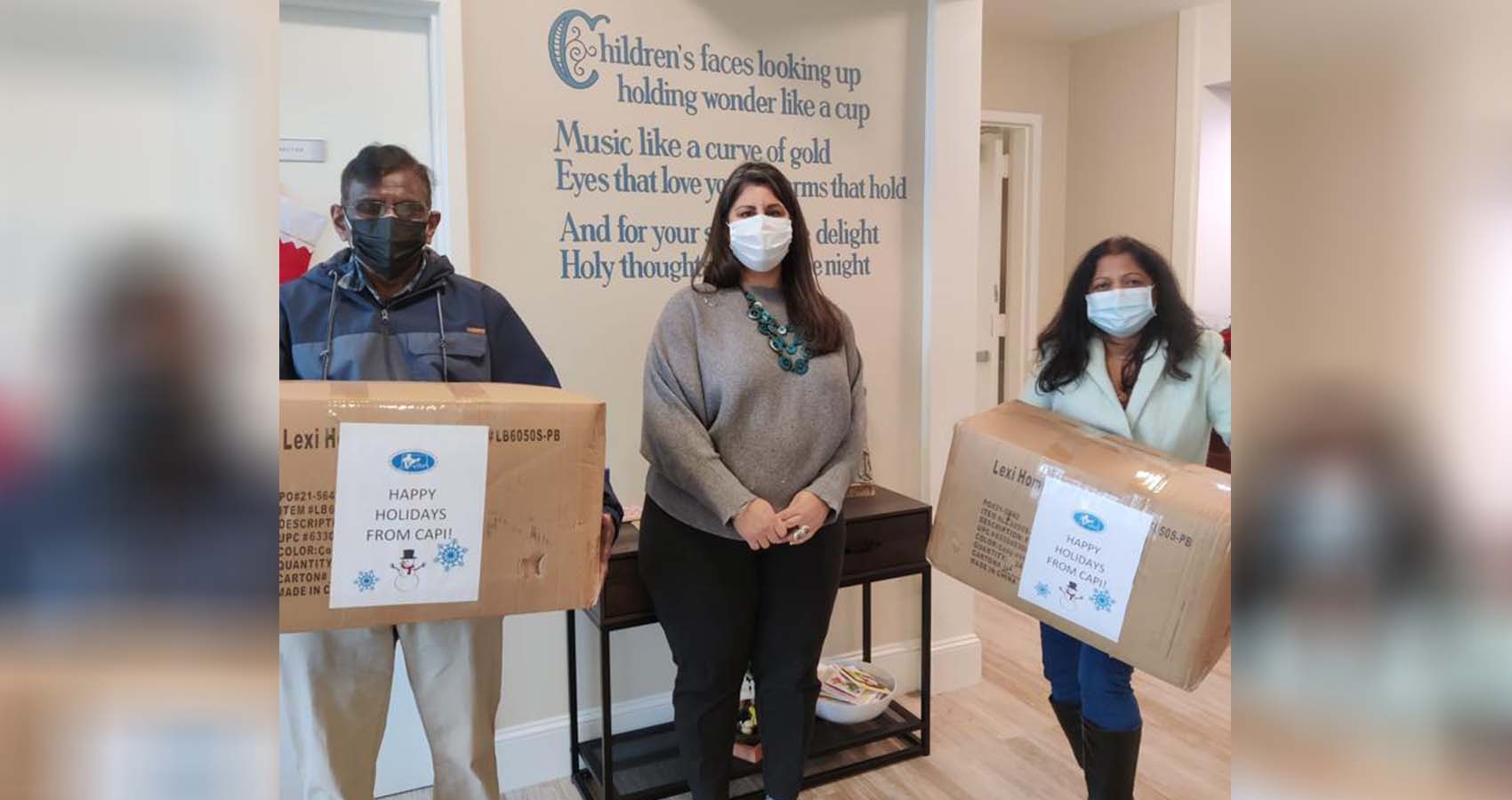
 Jaya Daptardar, Executive Healthcare Business Consultant, CEO and Founder and a leader of the local CAPI Chapter. The kits included blankets, hats, and socks. The AAPI team raised 2200$ within ten days and accomplished this feat.
Jaya Daptardar, Executive Healthcare Business Consultant, CEO and Founder and a leader of the local CAPI Chapter. The kits included blankets, hats, and socks. The AAPI team raised 2200$ within ten days and accomplished this feat. “This was a one of a kind experience for the whole team of physicians and young volunteers alike. Our younger generation of aspirant physicians helped distribute and volunteered their time,” said Dr. Sushil Gupta. “The beneficiaries included children, pregnant women, new moms, and older population.”
“This was a one of a kind experience for the whole team of physicians and young volunteers alike. Our younger generation of aspirant physicians helped distribute and volunteered their time,” said Dr. Sushil Gupta. “The beneficiaries included children, pregnant women, new moms, and older population.”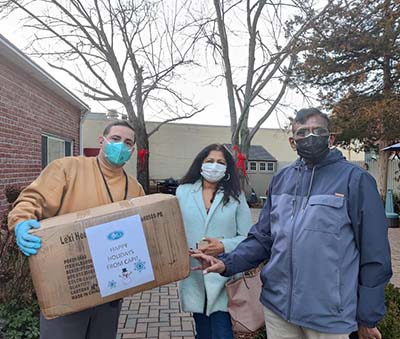 AAPI launched “Share a blanket” project during the holiday season recently to give some warmth to the needy. The project was initially conceptualized by Dr. Binod Sinha, an AAPI member from New Jersey. This project was successful and received very well by the local chapters and communities. For more details and to join the Share A Blanket Drive in your state, please visit:
AAPI launched “Share a blanket” project during the holiday season recently to give some warmth to the needy. The project was initially conceptualized by Dr. Binod Sinha, an AAPI member from New Jersey. This project was successful and received very well by the local chapters and communities. For more details and to join the Share A Blanket Drive in your state, please visit: 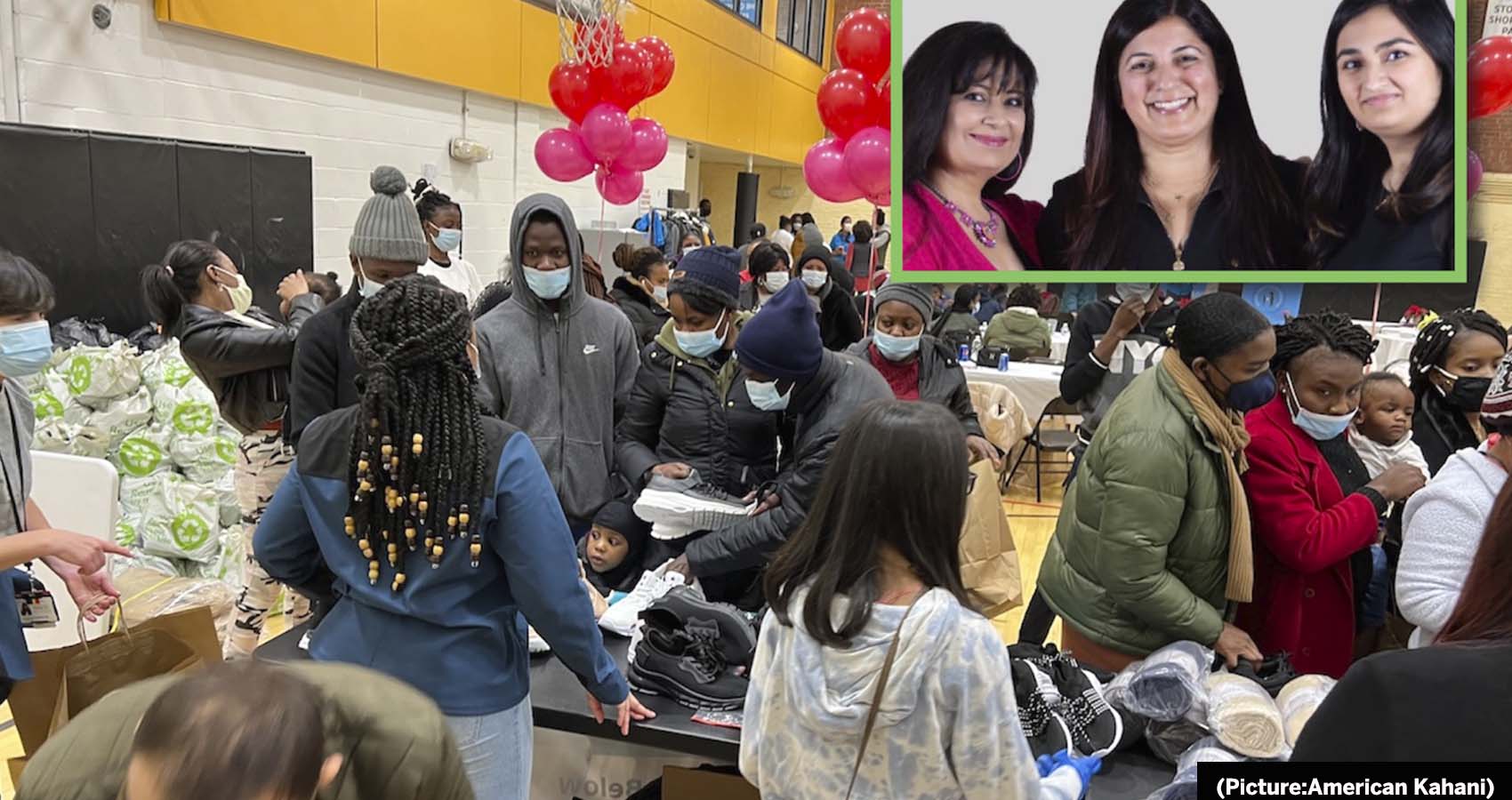
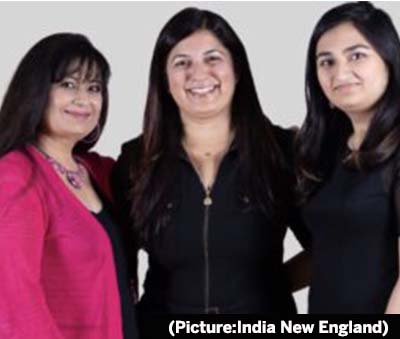 Haitain refugees have faced a significant plight, and there are hundreds of them across Massachusetts, struggling to find basic essentials. A major humanitarian crisis around the world and in our neck of the woods, the Women Who Win team excitedly joined the Gift of Gratitude project on December 19th, an event where they provided vaccine clinics, and other basic essentials like blankets etc. to Haitians in need. We led a shoe donation drive at the event with the Indian Medical Association of New England (IMANE), and were able to donate over 150 shoes to these refugees. The First Haitian-American City Councilor of Boston Ruthzee Louijeane stated, “It was really wonderful to see communities coming together to support our immigrants. We are in a difficult season right now that really asks us to look out for each other. Few things demonstrate that more than welcoming the stranger in our midst.”
Haitain refugees have faced a significant plight, and there are hundreds of them across Massachusetts, struggling to find basic essentials. A major humanitarian crisis around the world and in our neck of the woods, the Women Who Win team excitedly joined the Gift of Gratitude project on December 19th, an event where they provided vaccine clinics, and other basic essentials like blankets etc. to Haitians in need. We led a shoe donation drive at the event with the Indian Medical Association of New England (IMANE), and were able to donate over 150 shoes to these refugees. The First Haitian-American City Councilor of Boston Ruthzee Louijeane stated, “It was really wonderful to see communities coming together to support our immigrants. We are in a difficult season right now that really asks us to look out for each other. Few things demonstrate that more than welcoming the stranger in our midst.”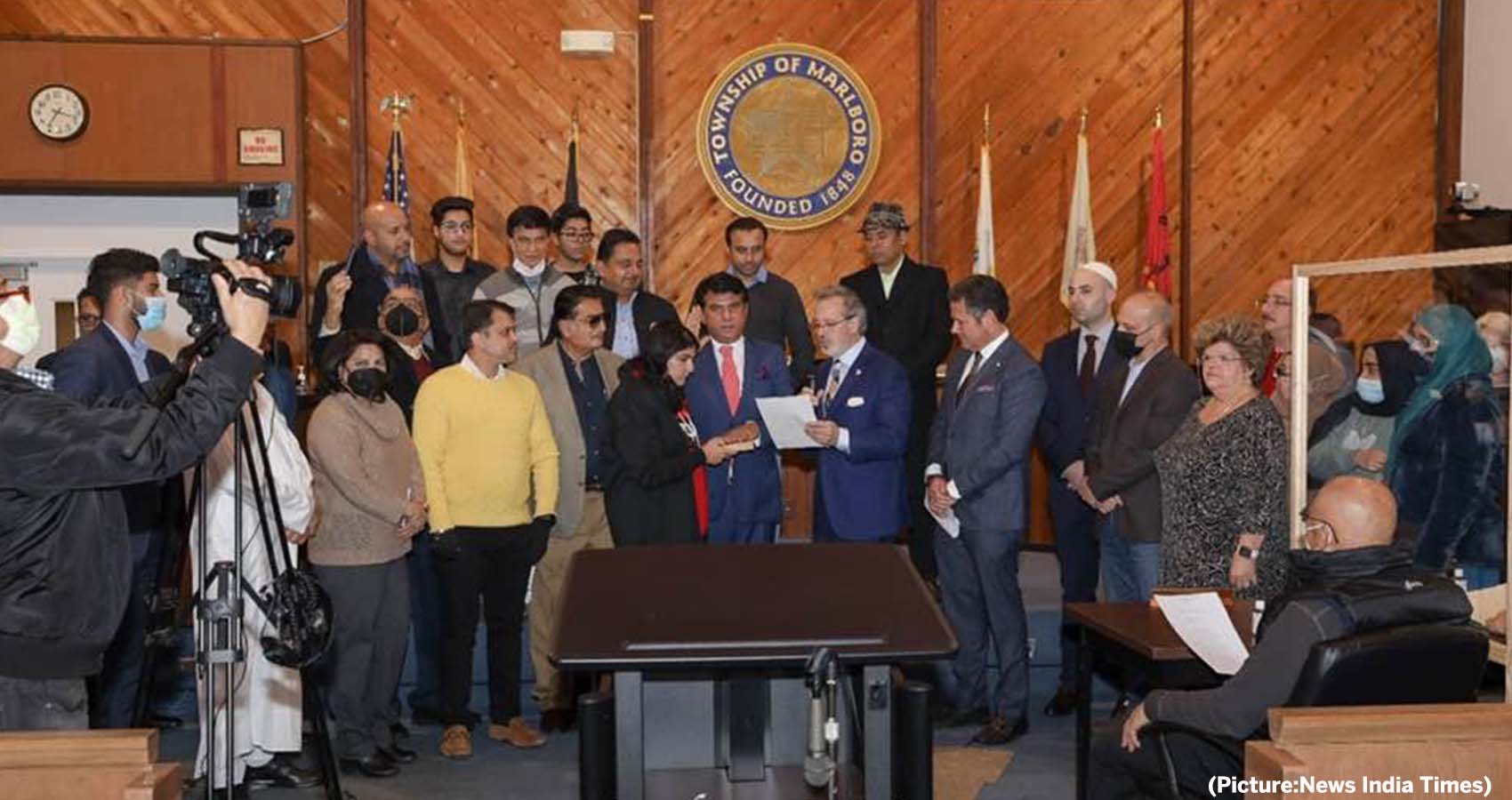
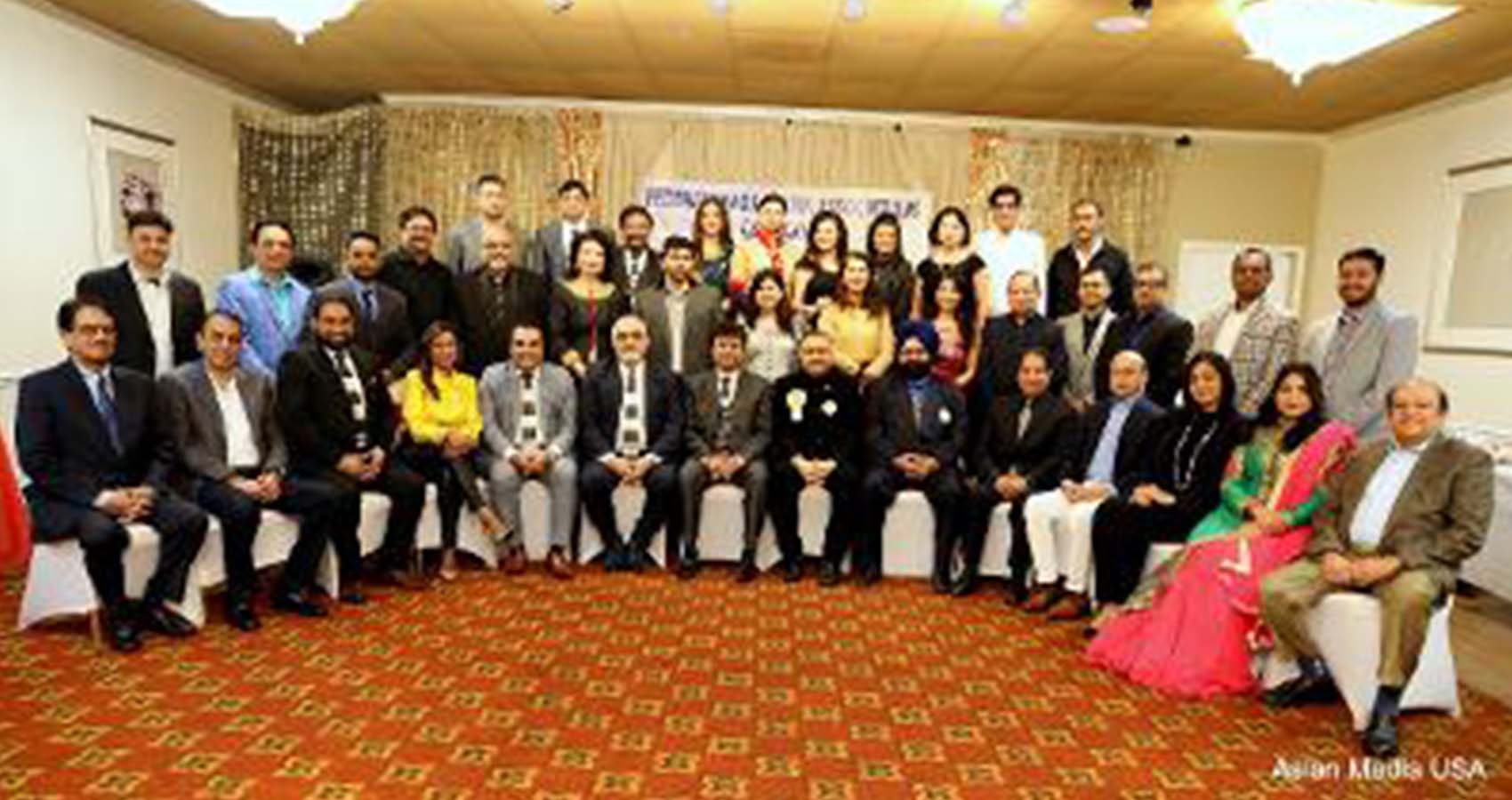
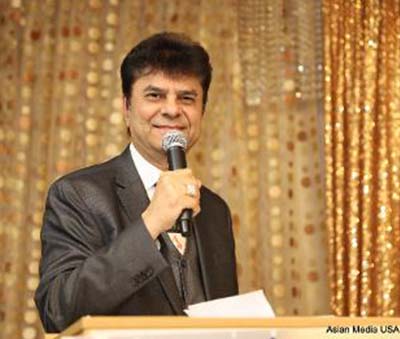 The meeting was focused on the New Year and the New Beginnings under the leadership of President Hitesh Gandhi. Opening speeches were delivered by Sunil Shah, Hitesh Gandhi and Founding Members Mukesh Shah, Rita Singh, Neil Khot, Dhitu Bhagwakar, followed by other members present. There were exciting new updates shared about the upcoming FIA event for celebrating India’s 73rd Republic Day. Date, Venue and other details were discussed. Due to the exponential spread of Covid-19, Team FIA decided that FIA will host a virtual event on Jan 29th, 2022. More to come on that!!
The meeting was focused on the New Year and the New Beginnings under the leadership of President Hitesh Gandhi. Opening speeches were delivered by Sunil Shah, Hitesh Gandhi and Founding Members Mukesh Shah, Rita Singh, Neil Khot, Dhitu Bhagwakar, followed by other members present. There were exciting new updates shared about the upcoming FIA event for celebrating India’s 73rd Republic Day. Date, Venue and other details were discussed. Due to the exponential spread of Covid-19, Team FIA decided that FIA will host a virtual event on Jan 29th, 2022. More to come on that!!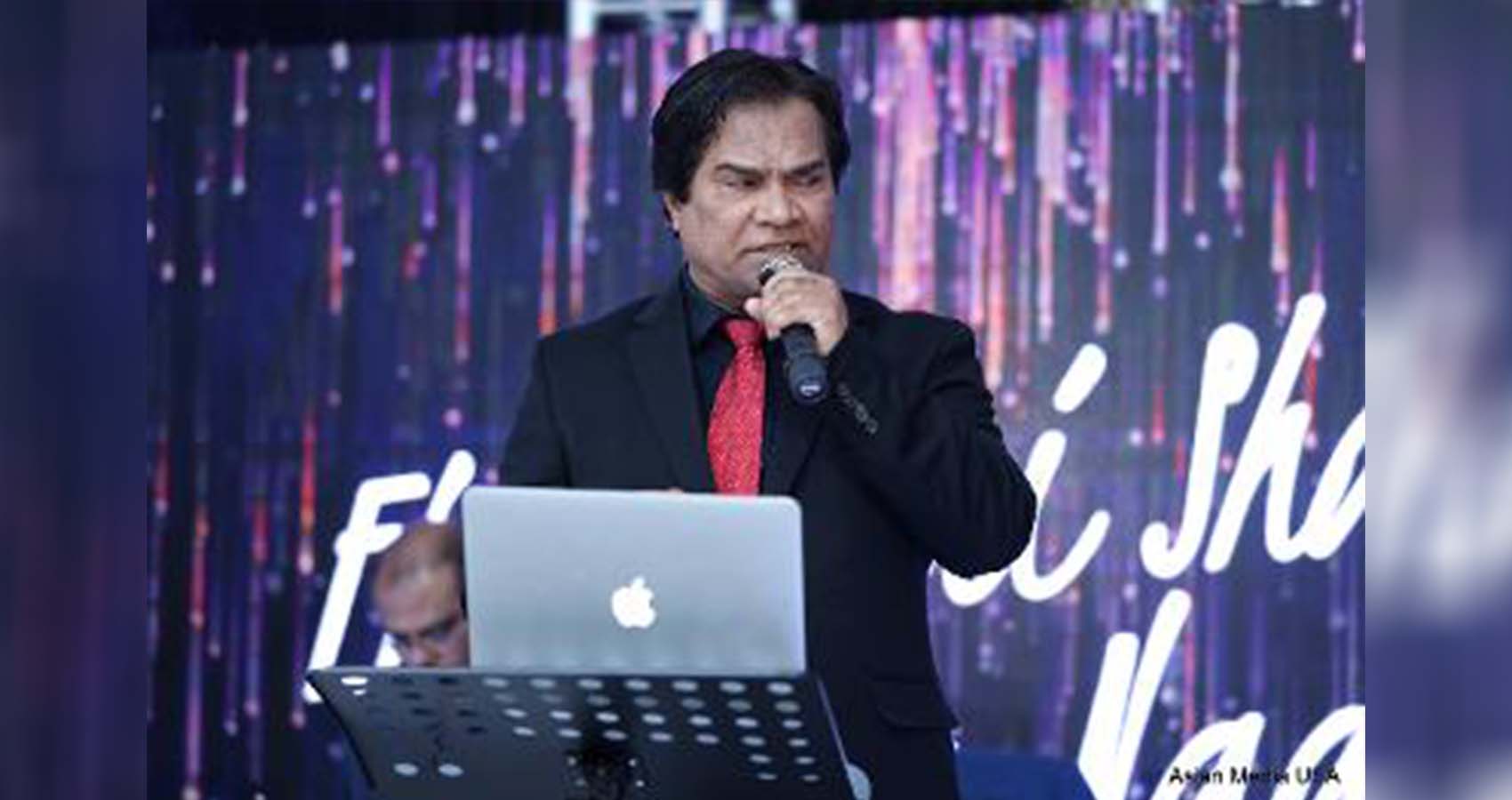
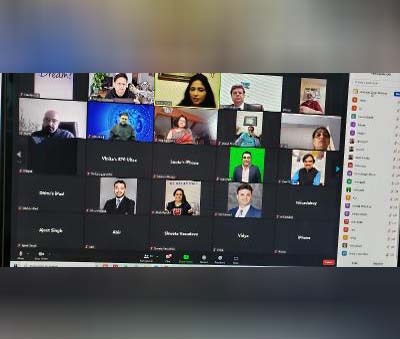 The event started with the Shanti Mantras and Prayers offered by Anu Malhotra and opening condolences speeches by Sunil Shah and Hitesh Gandhi. A tribute video was played, capturing the precious moments in Mir Ali ji’s life (Video Credit: Harry Siddhu, CEO Outland group of Companies). Prominent leaders who also spoke were Neil Khot, Rita Shah, Mukesh Shah, Dhitu Bhgwakar, Smita Shah, Keerthi Reevori, Suresh Bodiwala, Ajeet Singh, Harry Siddhu, Mujeeb Ahmed, Gurmeet Singh Dhalwaan, Vinita Gulabani, Abir Maru, Richa Chand, Ila Chaudhari, Pika Munshi, Jitendra Balsara, Dr Fawaad Ahmad, Malti Pandhi, Monalisha Borghain, Manmeet Kaur, Vidya Joshi, Vikas Kalwani, Chandni Kalra, Dr Afroz Hafeez and many more friends who gave their heartfelt condolences to the cherished friend and colleague that they lost all too sudden. Song video clips of Mir were played several times in between the speeches, that made everyone feel teary eyed, at the same time reminded them of what a fine artist and human being he was.
The event started with the Shanti Mantras and Prayers offered by Anu Malhotra and opening condolences speeches by Sunil Shah and Hitesh Gandhi. A tribute video was played, capturing the precious moments in Mir Ali ji’s life (Video Credit: Harry Siddhu, CEO Outland group of Companies). Prominent leaders who also spoke were Neil Khot, Rita Shah, Mukesh Shah, Dhitu Bhgwakar, Smita Shah, Keerthi Reevori, Suresh Bodiwala, Ajeet Singh, Harry Siddhu, Mujeeb Ahmed, Gurmeet Singh Dhalwaan, Vinita Gulabani, Abir Maru, Richa Chand, Ila Chaudhari, Pika Munshi, Jitendra Balsara, Dr Fawaad Ahmad, Malti Pandhi, Monalisha Borghain, Manmeet Kaur, Vidya Joshi, Vikas Kalwani, Chandni Kalra, Dr Afroz Hafeez and many more friends who gave their heartfelt condolences to the cherished friend and colleague that they lost all too sudden. Song video clips of Mir were played several times in between the speeches, that made everyone feel teary eyed, at the same time reminded them of what a fine artist and human being he was.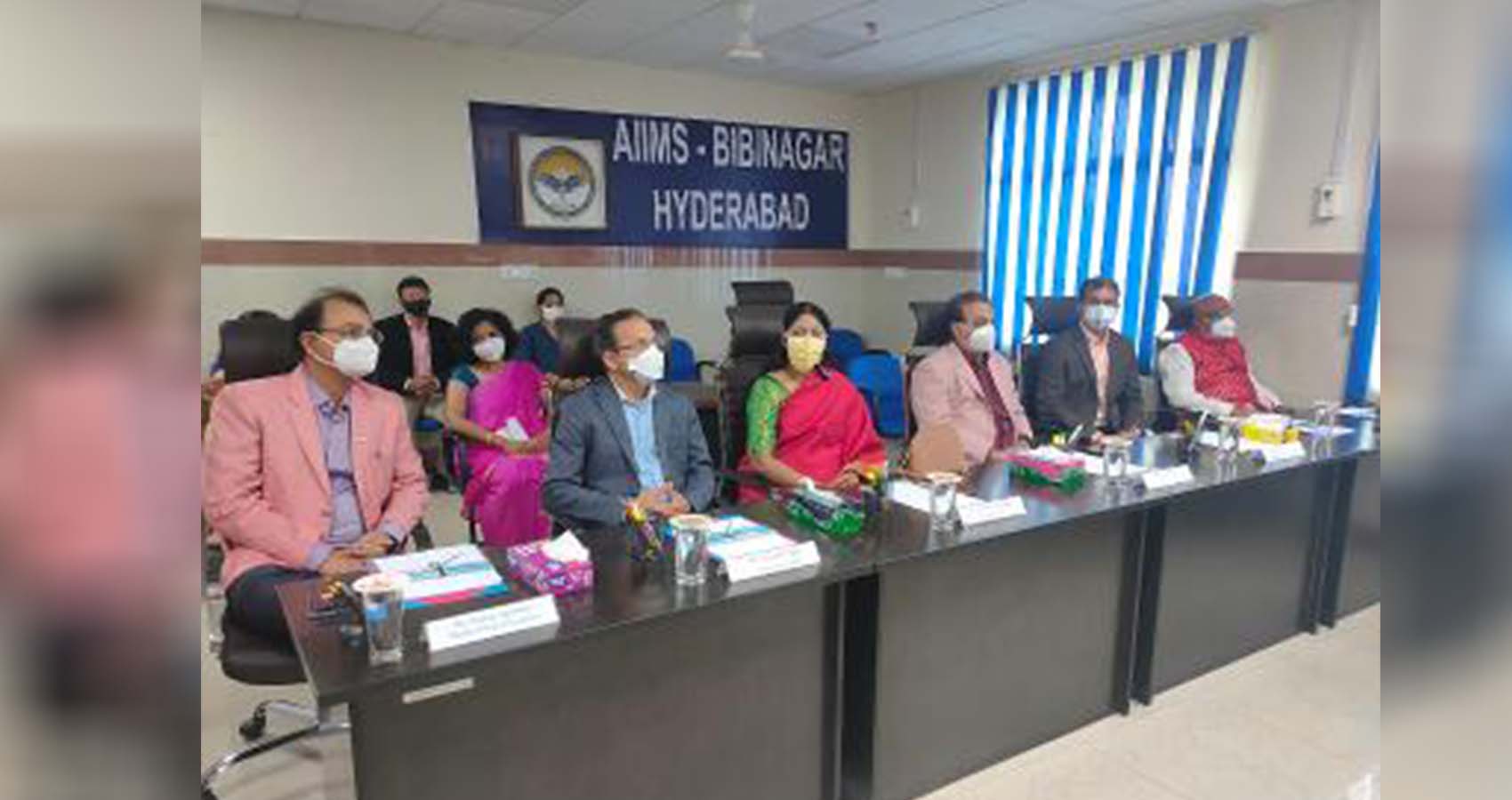
 In continuation of its efforts, during the recently concluded Global Healthcare Summit in Hyderabad, AAPI donated immunoanalyzer at AIIMS, Bibinagar, Telangana, which does hundreds of tests every day. This is part of Covid relief efforts AAPI has taken over during the second wave of pandemic.
In continuation of its efforts, during the recently concluded Global Healthcare Summit in Hyderabad, AAPI donated immunoanalyzer at AIIMS, Bibinagar, Telangana, which does hundreds of tests every day. This is part of Covid relief efforts AAPI has taken over during the second wave of pandemic. AAPI coordinated with dozens of physicians including primary care physicians, ER, critical care and ID physicians, who see these patients on a constant basis, to help during this crisis. Questions are being sent by email and physicians answer them at the earliest convenience.
AAPI coordinated with dozens of physicians including primary care physicians, ER, critical care and ID physicians, who see these patients on a constant basis, to help during this crisis. Questions are being sent by email and physicians answer them at the earliest convenience.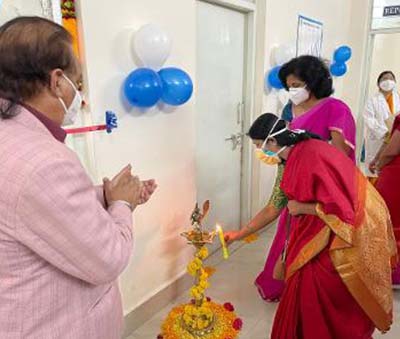 Dr. Anupama Gotimukula, president of AAPI along with Dr. Satheesh Kathula, AAPI secretary, and Dr. Sujeeth Punnam, Chair, Chair, Covid relief committee participated in the inauguration of biochemistry lab/Immunoanalyzer at AIIMS, Bibinagar, Hyderabad. Later on they planted trees in AIIMS Vatika, Bibinagar and named one of them “AAPI”. For more details, please visit:
Dr. Anupama Gotimukula, president of AAPI along with Dr. Satheesh Kathula, AAPI secretary, and Dr. Sujeeth Punnam, Chair, Chair, Covid relief committee participated in the inauguration of biochemistry lab/Immunoanalyzer at AIIMS, Bibinagar, Hyderabad. Later on they planted trees in AIIMS Vatika, Bibinagar and named one of them “AAPI”. For more details, please visit: 
 “During the 15th annual Global Healthcare Summit, organized in Hyderabad, India from January 5th to 7th, 2022, physician leaders from the United States and India had an opportunity to brainstorm and explore ways to focus on the theme, “Transformation of Healthcare through Telehealth and Technology usage during this post-Covid Era,” and have recommended possible ways to plan and implement preventive medicine that will save resources and precious human lives,” said Dr. Anupama Gotimukula, President of AAPI.
“During the 15th annual Global Healthcare Summit, organized in Hyderabad, India from January 5th to 7th, 2022, physician leaders from the United States and India had an opportunity to brainstorm and explore ways to focus on the theme, “Transformation of Healthcare through Telehealth and Technology usage during this post-Covid Era,” and have recommended possible ways to plan and implement preventive medicine that will save resources and precious human lives,” said Dr. Anupama Gotimukula, President of AAPI. “With numerous initiatives, AAPI has come a long way since its inception and has proved to be beneficial not only to Indian-origin American Physicians, but to Indian healthcare as well,” Mr. Naidu observed. He urged the medical fraternity and told them, “as you seek excellence in human health and well-being, do not forget the power of a kind human touch when treating your patients.”
“With numerous initiatives, AAPI has come a long way since its inception and has proved to be beneficial not only to Indian-origin American Physicians, but to Indian healthcare as well,” Mr. Naidu observed. He urged the medical fraternity and told them, “as you seek excellence in human health and well-being, do not forget the power of a kind human touch when treating your patients.” The groundbreaking Global Healthcare Summit (GHS) organized by AAPI in collaboration with the Government of India, BAPIO & GAPIO, as well as Host Alumni Chapters, including OGKTMA, ATMGUSA, KAMCOSA, and GMCGA, was packed with programs that were treat to the hearts and souls of every participant.
The groundbreaking Global Healthcare Summit (GHS) organized by AAPI in collaboration with the Government of India, BAPIO & GAPIO, as well as Host Alumni Chapters, including OGKTMA, ATMGUSA, KAMCOSA, and GMCGA, was packed with programs that were treat to the hearts and souls of every participant. Dr. Ravi Kolli, President-Elect f AAPI said, “We have made great strides in helping people to live longer, however, people are spending too many years in poor health, and these gains in health not felt equally across society. We need to focus on the rising levels of obesity, mental illness, addictions, age-related conditions like dementia, and a growing, ageing, and diverse populations, We also need to be aware of cyberbullying, pervasive misinformation and other harmful social media influences affecting our youth.”
Dr. Ravi Kolli, President-Elect f AAPI said, “We have made great strides in helping people to live longer, however, people are spending too many years in poor health, and these gains in health not felt equally across society. We need to focus on the rising levels of obesity, mental illness, addictions, age-related conditions like dementia, and a growing, ageing, and diverse populations, We also need to be aware of cyberbullying, pervasive misinformation and other harmful social media influences affecting our youth.” Dr. Krishan Kumar, Treasurer of AAPI, pointed out, “India, thus needs to redouble and continue its efforts and dedicate resources to tackle these perennial challenges. Many of these projects and programs need regular funding, and management of resources. We are grateful to dozens of AAPI members who have committed to serve India with an ongoing commitment.”
Dr. Krishan Kumar, Treasurer of AAPI, pointed out, “India, thus needs to redouble and continue its efforts and dedicate resources to tackle these perennial challenges. Many of these projects and programs need regular funding, and management of resources. We are grateful to dozens of AAPI members who have committed to serve India with an ongoing commitment.” The topics for CMEs broadly covered the recent advances in Medicine. Workshops on Medical Education and Reforms in India, Psychiatry, Palliative Care and Diabetes as well the seminar on Lifestyle Medicine led by world renowned leader and founder of Life Style Medicine, Dr. Neil Bernard were educative and offered new awareness on trends in medicine and healthier living. The Tuberclosis Awareness Seminar focused on recent advances in the TB epidemic.
The topics for CMEs broadly covered the recent advances in Medicine. Workshops on Medical Education and Reforms in India, Psychiatry, Palliative Care and Diabetes as well the seminar on Lifestyle Medicine led by world renowned leader and founder of Life Style Medicine, Dr. Neil Bernard were educative and offered new awareness on trends in medicine and healthier living. The Tuberclosis Awareness Seminar focused on recent advances in the TB epidemic. The CEO Forum, chaired by Dr. Joseph Chalil had a galaxy of CEOs from India and the United States, who shared their insights into the challenges and opportunities for making healthcare affordable, using modern technology and scientific research, Sangita Reddy, Joint MD of Apollo group of hospitals and incoming Chairman of FICCI shared her passion for the care of the masses, using technology to reach out. She praised AAPI’s efforts to help India through its Healthcare Summits in making policies in healthcare delivery more effective.
The CEO Forum, chaired by Dr. Joseph Chalil had a galaxy of CEOs from India and the United States, who shared their insights into the challenges and opportunities for making healthcare affordable, using modern technology and scientific research, Sangita Reddy, Joint MD of Apollo group of hospitals and incoming Chairman of FICCI shared her passion for the care of the masses, using technology to reach out. She praised AAPI’s efforts to help India through its Healthcare Summits in making policies in healthcare delivery more effective.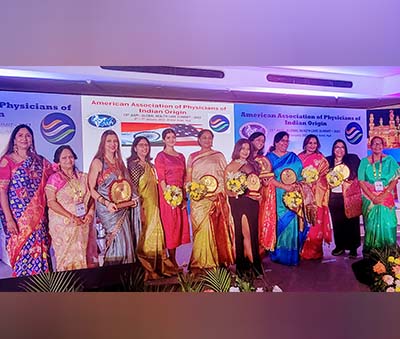 “January is #CervicalCancer Awareness Month! In coordination with the local organizers of the GHS, AAPI is donating funds for the HPV Vaccination, a total of 200 doses of the vaccine for 100 children from the state of Telangana on January 9th,” said Dr. Meher Medavaram, an organizer of the program. “AAPI’s this new initiative through education and awareness programs, is aimed at help save millions of lives in India,” she added.
“January is #CervicalCancer Awareness Month! In coordination with the local organizers of the GHS, AAPI is donating funds for the HPV Vaccination, a total of 200 doses of the vaccine for 100 children from the state of Telangana on January 9th,” said Dr. Meher Medavaram, an organizer of the program. “AAPI’s this new initiative through education and awareness programs, is aimed at help save millions of lives in India,” she added.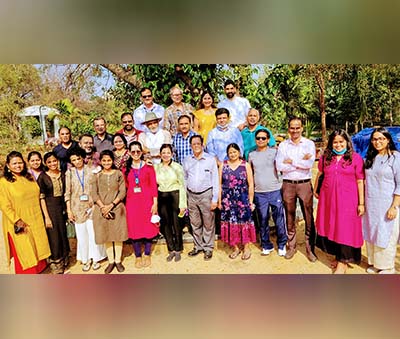 The Pre-Tour of the GHS 2019 took the delegates to the serene Kanha Shanti Vanam, located in the suburbs of Hyderabad. Magnificent in its conception and design, tranquil in its atmosphere, Kanha, blending the beauty of nature with sprawling facilities gave an inspiring experience to AAPI members an opportunity to learn to relax and meditate, through the Heartfulness movement.
The Pre-Tour of the GHS 2019 took the delegates to the serene Kanha Shanti Vanam, located in the suburbs of Hyderabad. Magnificent in its conception and design, tranquil in its atmosphere, Kanha, blending the beauty of nature with sprawling facilities gave an inspiring experience to AAPI members an opportunity to learn to relax and meditate, through the Heartfulness movement.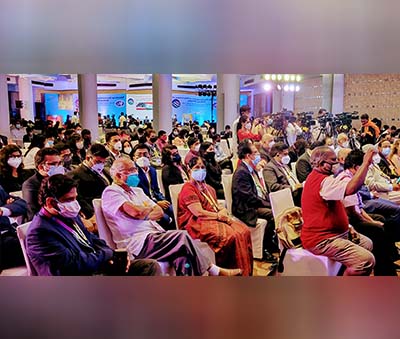 During his address to the AAPI delegates on Jan 6th, DAAJI inspired the audience with his enriching address focusing on modern day life, the stressors and the challenges, while offering insights into how stress relaxation, meditation and cleansing would help human beings lead a peaceful life.
During his address to the AAPI delegates on Jan 6th, DAAJI inspired the audience with his enriching address focusing on modern day life, the stressors and the challenges, while offering insights into how stress relaxation, meditation and cleansing would help human beings lead a peaceful life.


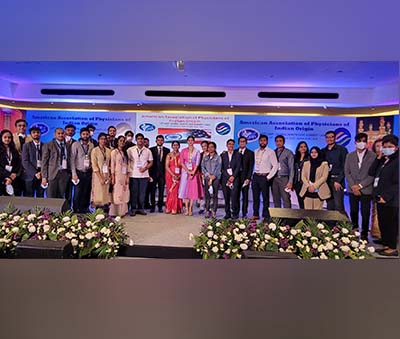 “With numerous initiatives, AAPI has come a long way since its inception and has proved to be beneficial not only to Indian-origin American Physicians, but to Indian healthcare as well,” Mr. Naidu observed. He urged the medical fraternity and told them, “as you seek excellence in human health and well-being, do not forget the power of a kind human touch when treating your patients.”
“With numerous initiatives, AAPI has come a long way since its inception and has proved to be beneficial not only to Indian-origin American Physicians, but to Indian healthcare as well,” Mr. Naidu observed. He urged the medical fraternity and told them, “as you seek excellence in human health and well-being, do not forget the power of a kind human touch when treating your patients.” In her welcome address, Dr. Anupama Gotimukula, President of AAPI, said, “This year’s Summit is focused on the theme: “Prevention is better than cure” through Technology, Telemedicine, and Transformation from the current disease-care system to a preventive healthcare system.” Dr. Gotimukula, who has chosen to focus on the “Adopt a Village” Rural Preventive Healthcare screening initiative, stated that “AAPI has brought to the attention of the Government of India the need for preventive health care screening to help detect diseases at an early stage and our purpose of the Global health summit is to interact and collaborate with Government of India and emphasize the need of annual preventive healthcare screening and have the healthcare accessible and affordable.”
In her welcome address, Dr. Anupama Gotimukula, President of AAPI, said, “This year’s Summit is focused on the theme: “Prevention is better than cure” through Technology, Telemedicine, and Transformation from the current disease-care system to a preventive healthcare system.” Dr. Gotimukula, who has chosen to focus on the “Adopt a Village” Rural Preventive Healthcare screening initiative, stated that “AAPI has brought to the attention of the Government of India the need for preventive health care screening to help detect diseases at an early stage and our purpose of the Global health summit is to interact and collaborate with Government of India and emphasize the need of annual preventive healthcare screening and have the healthcare accessible and affordable.” “We thank all the AAPI Members who are sparing their valuable time to come over to Hyderabad in order to attend this event, despite the ongoing situation of the existence of Omicron and travel restrictions. We really appreciate this gesture of courage and confidence displayed by you on behalf of Local Org. Committee, for braving odds and attending the 15th Annual AAPI GHS, Hyderabad. This is highly admirable,” said Dr. D. Dwarakanatha Reddy, India Chair, AAPI GHS 2022.
“We thank all the AAPI Members who are sparing their valuable time to come over to Hyderabad in order to attend this event, despite the ongoing situation of the existence of Omicron and travel restrictions. We really appreciate this gesture of courage and confidence displayed by you on behalf of Local Org. Committee, for braving odds and attending the 15th Annual AAPI GHS, Hyderabad. This is highly admirable,” said Dr. D. Dwarakanatha Reddy, India Chair, AAPI GHS 2022.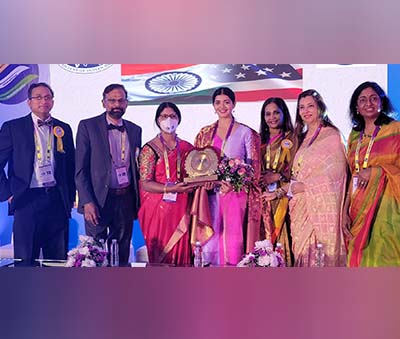 Dr. Krishan Kumar, Treasurer of AAPI, pointed out, “India, thus needs to redouble and continue its efforts and dedicate resources to tackle these perennial challenges. Many of these projects and programs need regular funding, and management of resources. We are grateful to dozens of AAPI members who have committed to serve India with an ongoing commitment.”
Dr. Krishan Kumar, Treasurer of AAPI, pointed out, “India, thus needs to redouble and continue its efforts and dedicate resources to tackle these perennial challenges. Many of these projects and programs need regular funding, and management of resources. We are grateful to dozens of AAPI members who have committed to serve India with an ongoing commitment.” Calling it an important initiative, he praised AAPI for its “awareness program for CPR (Cardiopulmonary Resuscitation). At a time of increasing share of Non-Communicable Diseases, especially those related to the heart, we need greater awareness among people to apply CPR as a lifesaving first-aid technique and save lives during heart attacks or near drowning. I believe school children, at least at higher secondary level, and in fact, every citizen, must be taught CPR along with other basic aspects of first-aid,” her added.
Calling it an important initiative, he praised AAPI for its “awareness program for CPR (Cardiopulmonary Resuscitation). At a time of increasing share of Non-Communicable Diseases, especially those related to the heart, we need greater awareness among people to apply CPR as a lifesaving first-aid technique and save lives during heart attacks or near drowning. I believe school children, at least at higher secondary level, and in fact, every citizen, must be taught CPR along with other basic aspects of first-aid,” her added.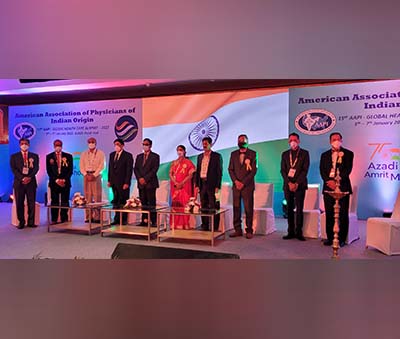 These Indian-origin physicians are a personification of our nation’s cherished civilisational value of ‘Vasudhaiva Kutumbakam’. They are among the most successful ambassadors of India’s value systems and propagators of our mission to ‘Share and Care’ for all the people of the world, irrespective of their nationalities. We are indeed proud of them and their services.
These Indian-origin physicians are a personification of our nation’s cherished civilisational value of ‘Vasudhaiva Kutumbakam’. They are among the most successful ambassadors of India’s value systems and propagators of our mission to ‘Share and Care’ for all the people of the world, irrespective of their nationalities. We are indeed proud of them and their services. To bridge the gap between urban and rural communities, the Vice President suggested seriously exploring the use of telehealth and other technological solutions in reaching out better to rural and remote areas. “This will expand the utilization of our limited manpower and health infrastructure to reach the last mile,” he said.
To bridge the gap between urban and rural communities, the Vice President suggested seriously exploring the use of telehealth and other technological solutions in reaching out better to rural and remote areas. “This will expand the utilization of our limited manpower and health infrastructure to reach the last mile,” he said.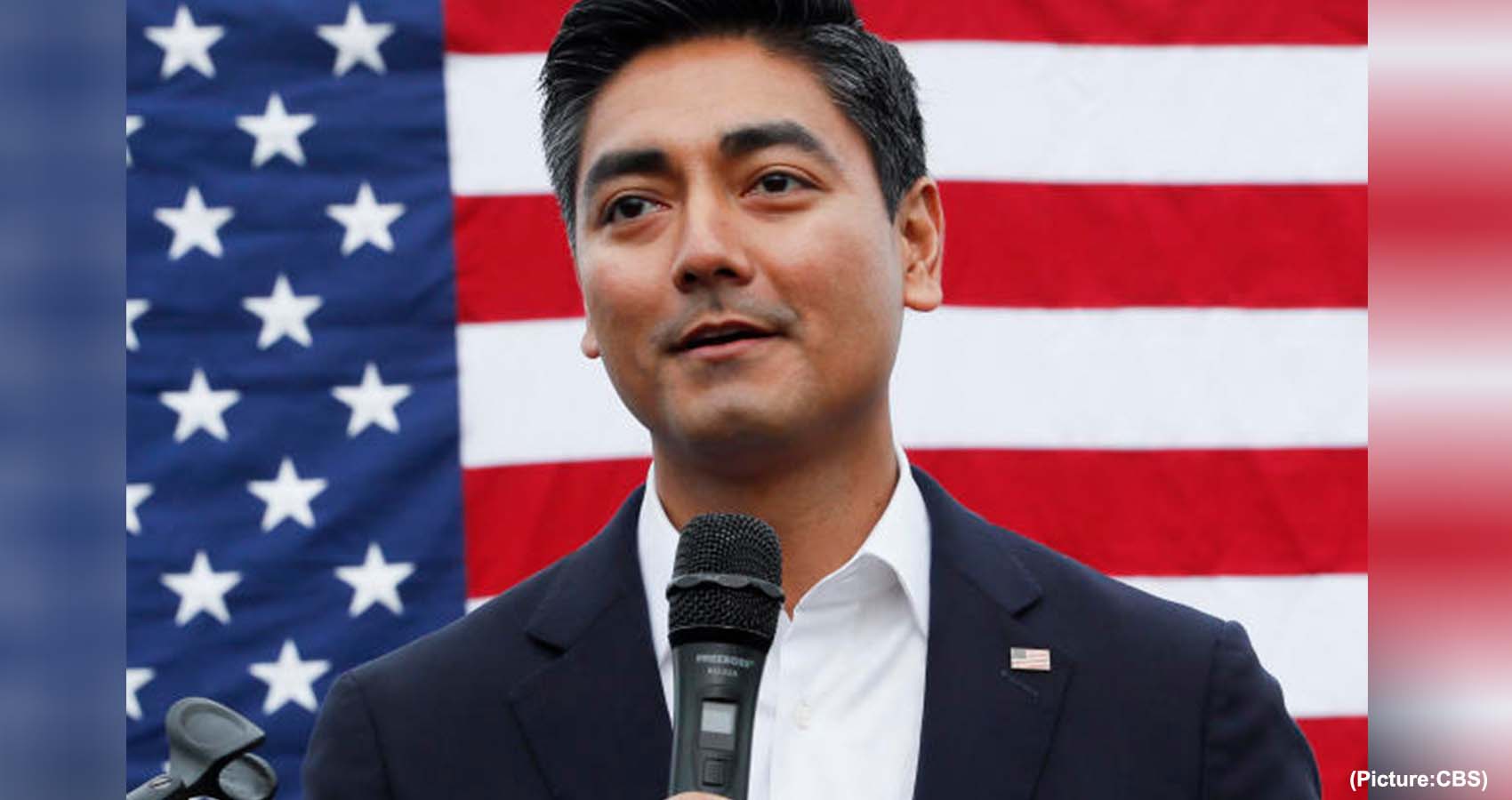
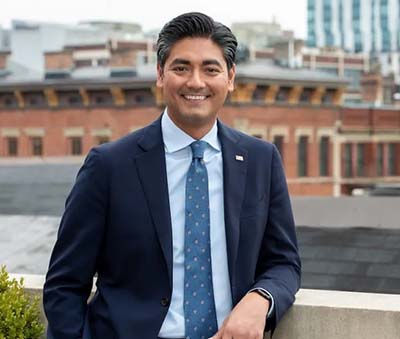 Pureval is to be sworn in as Mayor of the City of Cincinnati on January 4, 2022. “We are so grateful for the many reforms and the leadership Aftab Pureval has brought to the Clerk of Court’s office since he was elected in 2016 and re-elected in 2020,” said Gwen McFarlin, Chair of the Hamilton County Democratic Party.
Pureval is to be sworn in as Mayor of the City of Cincinnati on January 4, 2022. “We are so grateful for the many reforms and the leadership Aftab Pureval has brought to the Clerk of Court’s office since he was elected in 2016 and re-elected in 2020,” said Gwen McFarlin, Chair of the Hamilton County Democratic Party.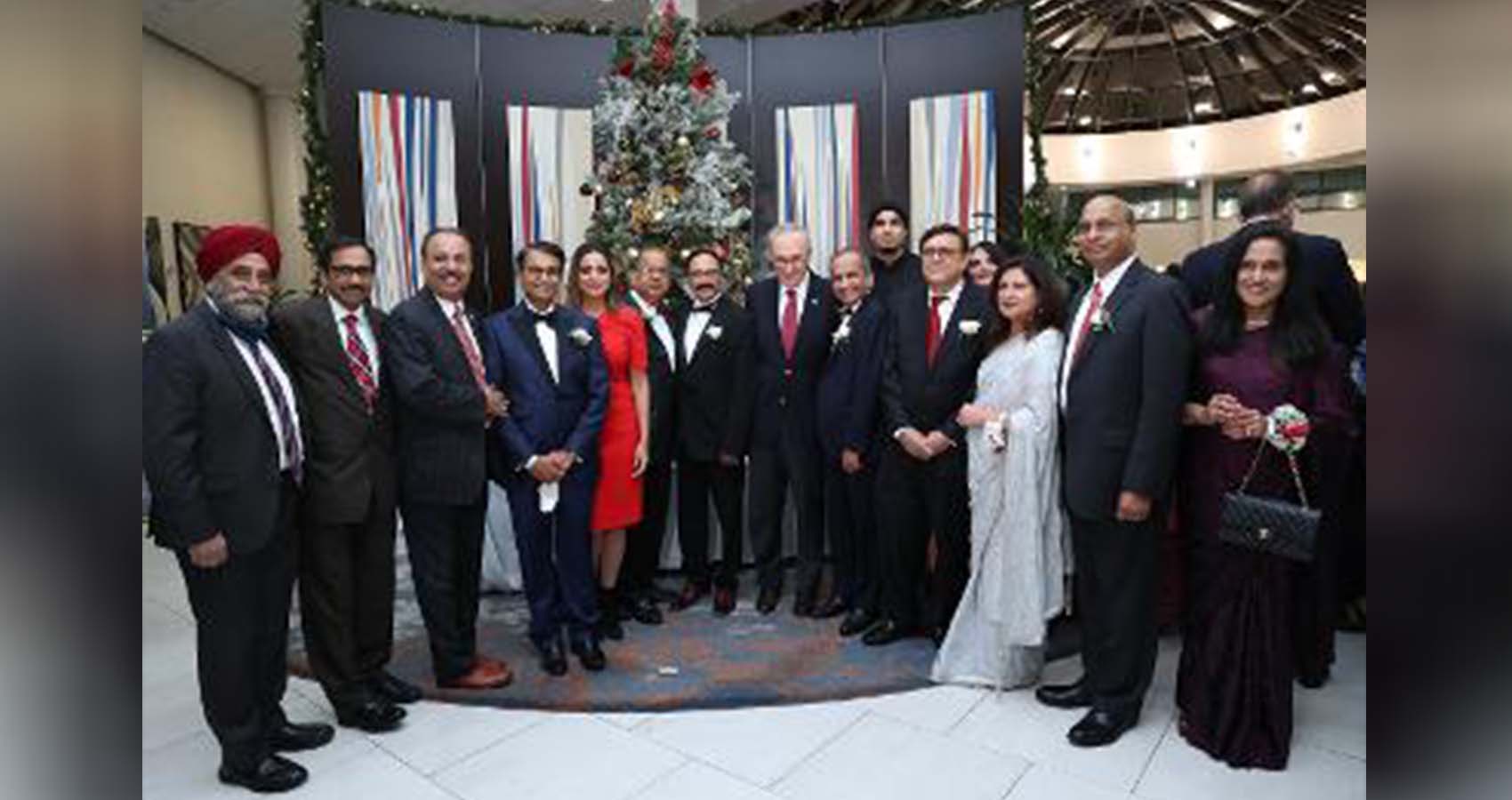
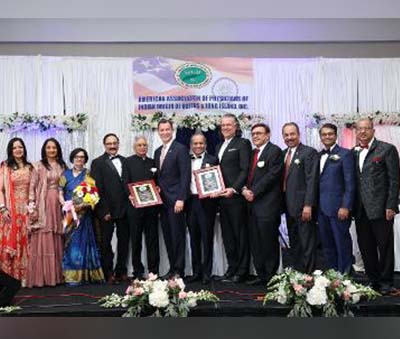 The United States Senate Majority Leader Chuck Schumer, chief guest at the event, in his address, praised the contributions of Indian Americans to the larger American society. He lauded the great contributions of the largest AAPI Chapter with over 850 Member Physicians, who serve the state of New York in various capacities. “For 25 years, members of AAPI QLI has worked tirelessly to support Indian American physicians excel in patient care , teaching and research,” he said.
The United States Senate Majority Leader Chuck Schumer, chief guest at the event, in his address, praised the contributions of Indian Americans to the larger American society. He lauded the great contributions of the largest AAPI Chapter with over 850 Member Physicians, who serve the state of New York in various capacities. “For 25 years, members of AAPI QLI has worked tirelessly to support Indian American physicians excel in patient care , teaching and research,” he said.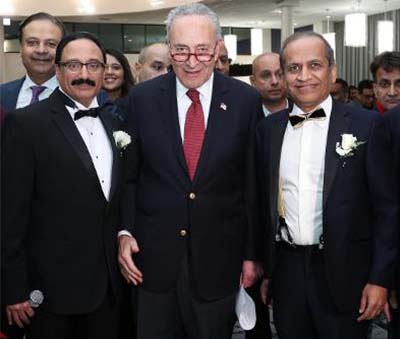 “I am grateful anmd stand here with adeep sense of gratitude and appreciation. You all esteemed members of AAPI QLI have given me tremendous opportunity to be your president during the very special year a silver jubilee year of AAPIQLI and to serve as the Chair of the Jubilee Celebrations. It has been my pleasure and very special privilege to serve as your president during silver jubilee year of AAPIQLI.”
“I am grateful anmd stand here with adeep sense of gratitude and appreciation. You all esteemed members of AAPI QLI have given me tremendous opportunity to be your president during the very special year a silver jubilee year of AAPIQLI and to serve as the Chair of the Jubilee Celebrations. It has been my pleasure and very special privilege to serve as your president during silver jubilee year of AAPIQLI.”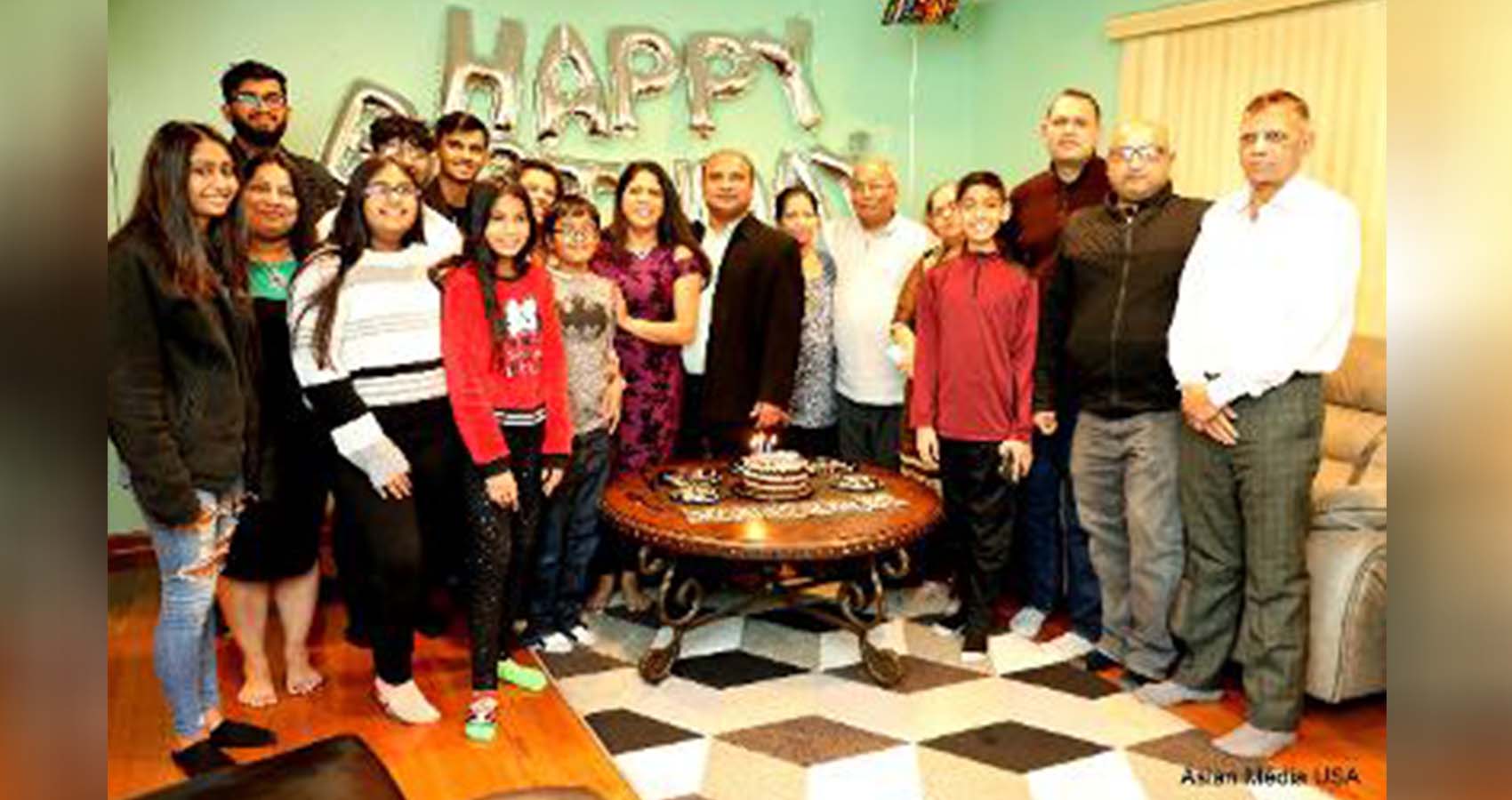
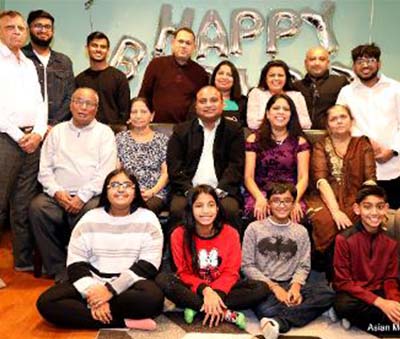 Born in the historical year of India’s Independence, 1947, to Shri Govind Lal Kothari and Smt. Sharda Kothari, in a small town of Gujarat called Kadi, Hasmukh finished his education with a degree in Civil Engineering, after which he procured a job as an assistant lecturer in Mumbai. In 1968, Hasmukh married Usha to start a blissful family life.
Born in the historical year of India’s Independence, 1947, to Shri Govind Lal Kothari and Smt. Sharda Kothari, in a small town of Gujarat called Kadi, Hasmukh finished his education with a degree in Civil Engineering, after which he procured a job as an assistant lecturer in Mumbai. In 1968, Hasmukh married Usha to start a blissful family life.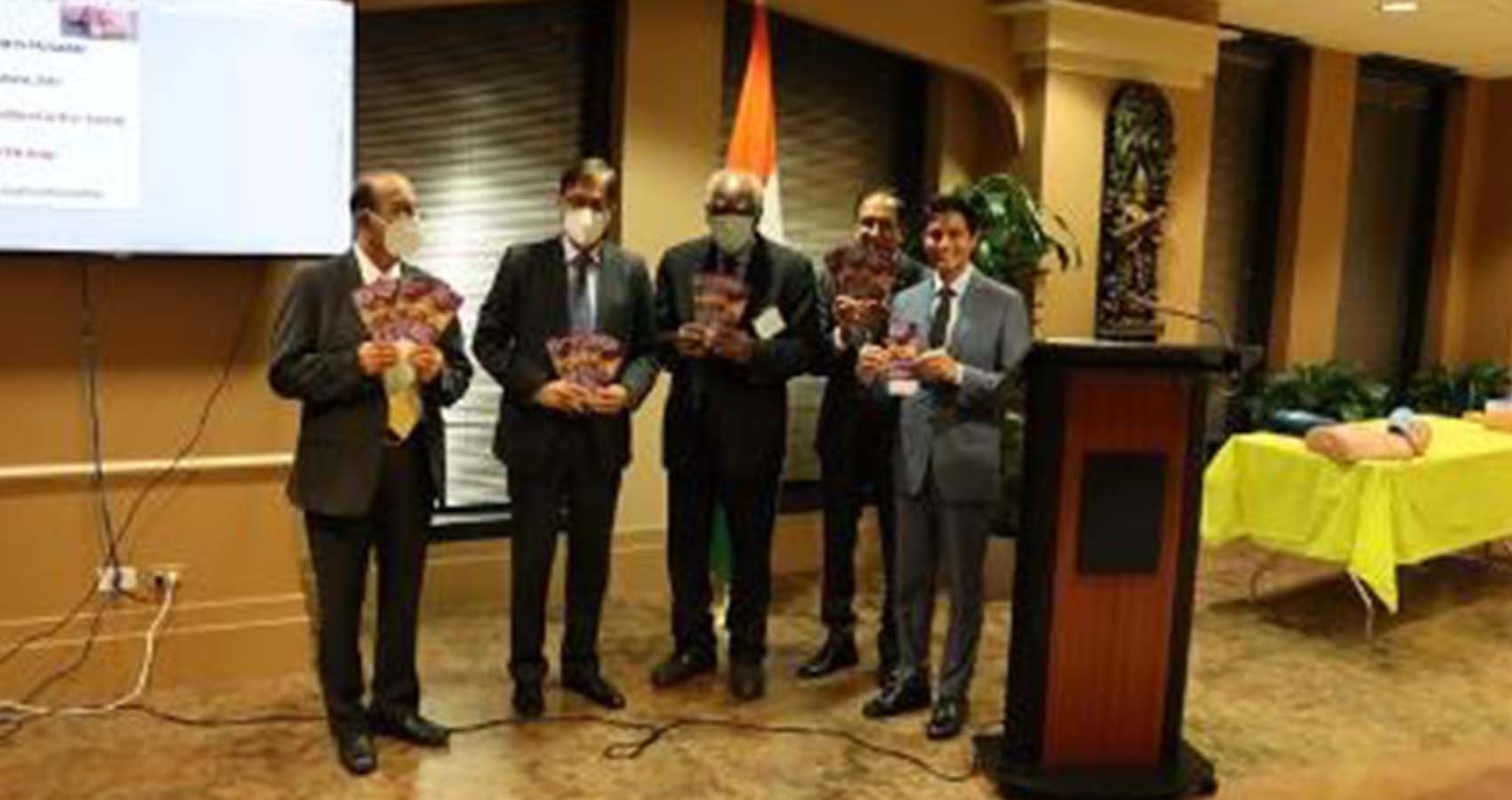
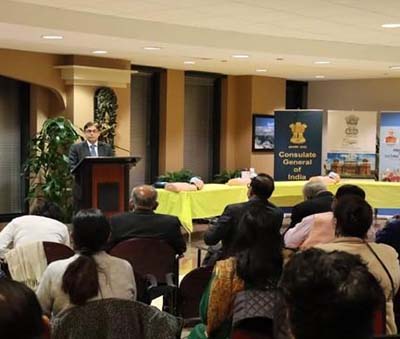 The Indian American community-focused program was jointly developed by Dr. Vemuri S Murthy, Chairman of the Board of Chicago Medical Society and Founder of the Chicago Medical Society Community Bystander CPR project “SMILE” (Saving More Illinois Lives through Education) in association with Dr. Srinivas Ramaka, an eminent Cardiologist from Telangana, India. The program was attended by several members of the Indian diaspora, leaders of Medical Organizations, and Diplomats of the Indian Consulate, staff, and families.
The Indian American community-focused program was jointly developed by Dr. Vemuri S Murthy, Chairman of the Board of Chicago Medical Society and Founder of the Chicago Medical Society Community Bystander CPR project “SMILE” (Saving More Illinois Lives through Education) in association with Dr. Srinivas Ramaka, an eminent Cardiologist from Telangana, India. The program was attended by several members of the Indian diaspora, leaders of Medical Organizations, and Diplomats of the Indian Consulate, staff, and families.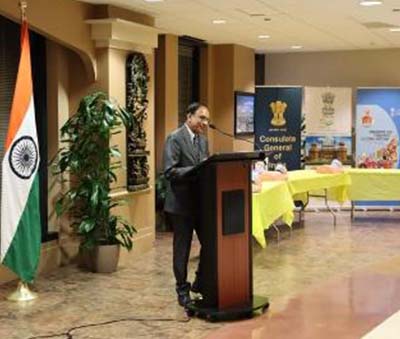 In his address, Hon’ble Member of Congress Danny K. Davis stressed the importance of taking care of one’s health. He commended the significant role of the Indian American doctors in contributing to the general health and well-being of US communities. In a virtual message, Honorable Congressman Raja Krishnamoorthi congratulated the Indian Consulate and Dr. Vemuri Murthy for organizing the program and their efforts to enhance outcomes after cardiac arrests among the communities.
In his address, Hon’ble Member of Congress Danny K. Davis stressed the importance of taking care of one’s health. He commended the significant role of the Indian American doctors in contributing to the general health and well-being of US communities. In a virtual message, Honorable Congressman Raja Krishnamoorthi congratulated the Indian Consulate and Dr. Vemuri Murthy for organizing the program and their efforts to enhance outcomes after cardiac arrests among the communities.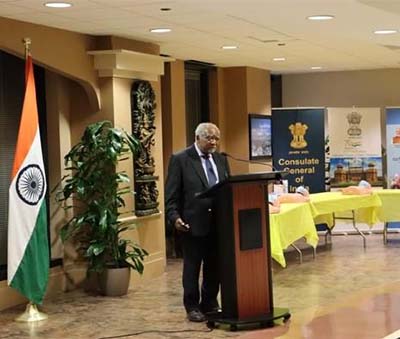 Efforts to raise awareness of heart disease and promote “Healthy Heart” lifestyles is essential. Heart disease is the number one Global Public Health problem. South Asians are at a four-times greater risk of heart disease than their western counterparts and have a greater chance of having a heart attack before 50 years of age. Heart attacks strike South Asian Men and Women at younger ages, and as a result, both morbidity and mortality are higher among them compared to any other ethnic group. They tend to develop heart disease ten years earlier than other groups.
Efforts to raise awareness of heart disease and promote “Healthy Heart” lifestyles is essential. Heart disease is the number one Global Public Health problem. South Asians are at a four-times greater risk of heart disease than their western counterparts and have a greater chance of having a heart attack before 50 years of age. Heart attacks strike South Asian Men and Women at younger ages, and as a result, both morbidity and mortality are higher among them compared to any other ethnic group. They tend to develop heart disease ten years earlier than other groups.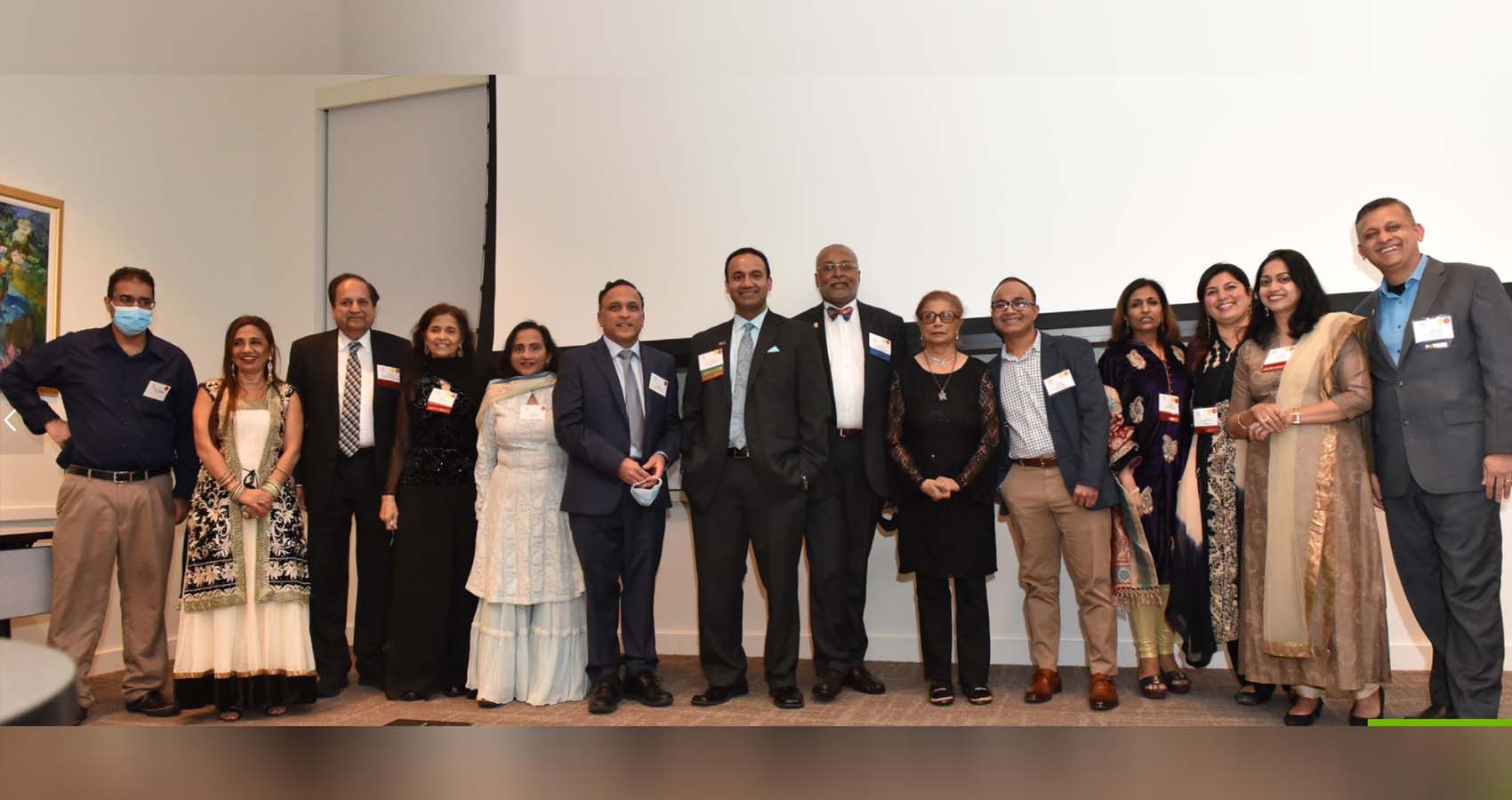


 While COVID-19 clearly played a role in this near-zero population growth, that growth had begun to plummet even before the pandemic. The 2020 census showed that from 2010 to 2020, the U.S. registered the
While COVID-19 clearly played a role in this near-zero population growth, that growth had begun to plummet even before the pandemic. The 2020 census showed that from 2010 to 2020, the U.S. registered the 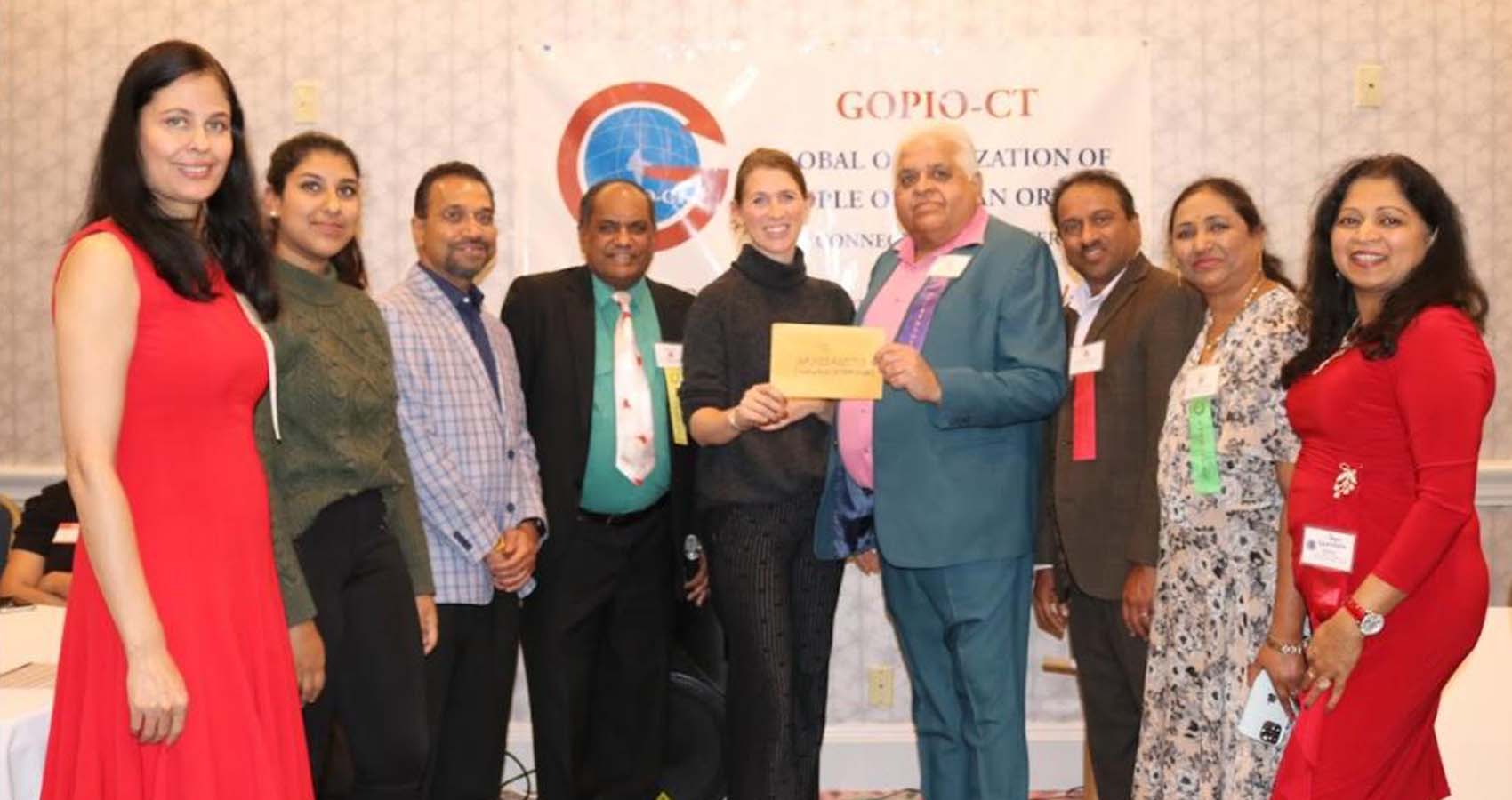
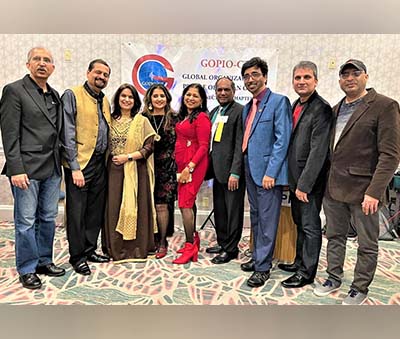 “As the pandemic was coming down in the year, the chapter organized several programs with physical presence participating with other ethnic communities celebrating Stamford’s founding, and organizing Indian and American flag hoisting at Govt. Center in Stamford to celebrate India’s 75th Independence Day which was followed by an India Festival at the Mill River Park, hosting UConn Indian students for a Networking Welcome Dinner, an interactive session with India’s Minister of State for External Affairs V. Muraleedharan, Hosting a Conversation with Indra Nooyi and a Diwali fundraiser for local charities,” added President Nichani.
“As the pandemic was coming down in the year, the chapter organized several programs with physical presence participating with other ethnic communities celebrating Stamford’s founding, and organizing Indian and American flag hoisting at Govt. Center in Stamford to celebrate India’s 75th Independence Day which was followed by an India Festival at the Mill River Park, hosting UConn Indian students for a Networking Welcome Dinner, an interactive session with India’s Minister of State for External Affairs V. Muraleedharan, Hosting a Conversation with Indra Nooyi and a Diwali fundraiser for local charities,” added President Nichani.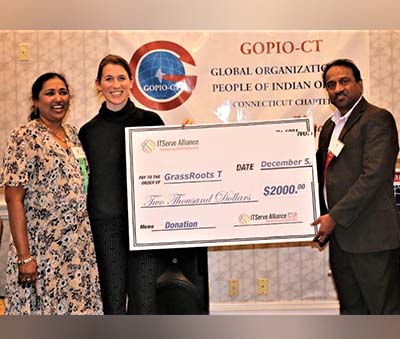 The fundraiser netted $5,500 to give to the local service organization Grassroots Tennis and Education, a youth development non-profit organization that uses sports of tennis to engage youth in out-of-school time programming in Norwalk and Stamford. The group’s volunteers teach tennis and helps students in education. Grassroots’ representative Ms. Samantha Hayes spoke about the organization and thanked GOPIO-CT for its generosity in raising funds for Grassroots. Another organization IT Serve Alliance also presented a check of $2,000 to Grassroots.
The fundraiser netted $5,500 to give to the local service organization Grassroots Tennis and Education, a youth development non-profit organization that uses sports of tennis to engage youth in out-of-school time programming in Norwalk and Stamford. The group’s volunteers teach tennis and helps students in education. Grassroots’ representative Ms. Samantha Hayes spoke about the organization and thanked GOPIO-CT for its generosity in raising funds for Grassroots. Another organization IT Serve Alliance also presented a check of $2,000 to Grassroots.
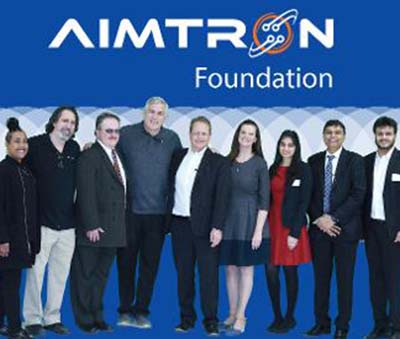 At the celebration, guests learned about Aimtron Foundation’s mission to bridge the educational gap for young people and their plan to provide manufacturing and technological training in an ever-changing world. They will do this by partnering with other manufacturing industry leaders who will give tours of their facilities, share knowledge and training and ultimately, offer employment opportunities to develop the workforce of the future. Guests were also able to tour the new 35,000 square foot American Pinball facility and learn more about the technology and building of pinball gaming machines.
At the celebration, guests learned about Aimtron Foundation’s mission to bridge the educational gap for young people and their plan to provide manufacturing and technological training in an ever-changing world. They will do this by partnering with other manufacturing industry leaders who will give tours of their facilities, share knowledge and training and ultimately, offer employment opportunities to develop the workforce of the future. Guests were also able to tour the new 35,000 square foot American Pinball facility and learn more about the technology and building of pinball gaming machines.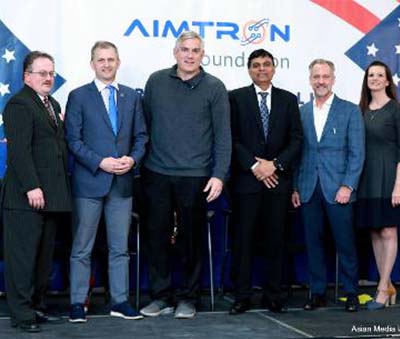 Mukesh Vasani, a devout family man with two married children who hold leadership positions at the company, founded Aimtron Corporation (now Aimtron Group) in 2008, at the height of the worst economic downturn since the great depression. His vision of starting Aimtron Foundation to kindle the entrepreneurial spark within the next generation is the realization of a dream born from his family, who were farmers back in India.
Mukesh Vasani, a devout family man with two married children who hold leadership positions at the company, founded Aimtron Corporation (now Aimtron Group) in 2008, at the height of the worst economic downturn since the great depression. His vision of starting Aimtron Foundation to kindle the entrepreneurial spark within the next generation is the realization of a dream born from his family, who were farmers back in India.
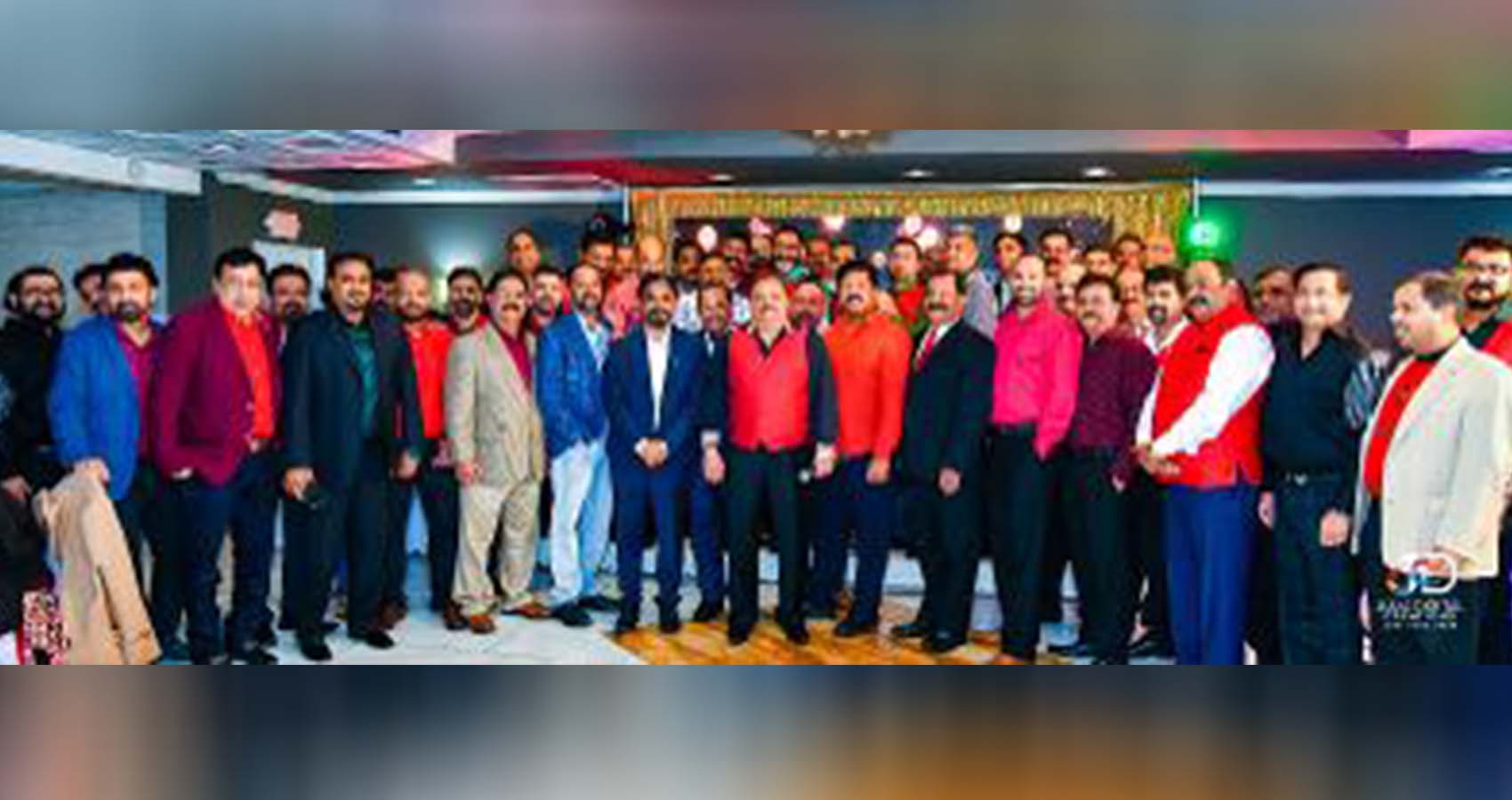
 “Life is better with friends,” Jacob Abraham told the participants in his welcome address, providing insight into the objectives of creating the Hedge Social Club. “Friends are the ones who know you and are always there when you need them most. During the pandemic times, a sense of community is more important now than ever before. People near you are looking to form connections and find support.”
“Life is better with friends,” Jacob Abraham told the participants in his welcome address, providing insight into the objectives of creating the Hedge Social Club. “Friends are the ones who know you and are always there when you need them most. During the pandemic times, a sense of community is more important now than ever before. People near you are looking to form connections and find support.”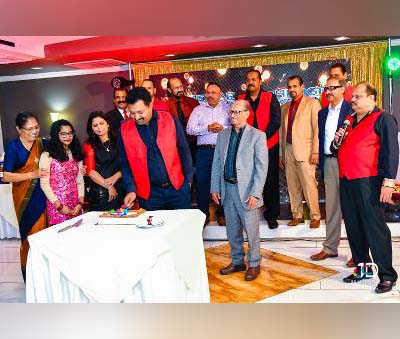 Senator Kevin Thomas of the New York State greeted the audience. Guest of Honor was Dr. Freemu Varghese, Founder and CEO of Freedia Media. Minos Abraham served eloquently as the Emcee for the program. Biju Chacko, a BOD member of IAPC introduced Jacob Abraham to the audience.
Senator Kevin Thomas of the New York State greeted the audience. Guest of Honor was Dr. Freemu Varghese, Founder and CEO of Freedia Media. Minos Abraham served eloquently as the Emcee for the program. Biju Chacko, a BOD member of IAPC introduced Jacob Abraham to the audience. Stating that Hedge Club is a forum to “Meet new people at the Hedge Club, which is the ultimate group” Jacob Abraham said, “HEDGE CLUB is the one you always wanted to be part of. A group that you feel you belong to, and you believe it to be an integral part of who you are.” The Club members meet every month and celebrate and enhance their fellowship and joy. To join the Group and expand one’s friends circle and spend quality time with people, please call Saji Abraham at: 516. 606.3268.
Stating that Hedge Club is a forum to “Meet new people at the Hedge Club, which is the ultimate group” Jacob Abraham said, “HEDGE CLUB is the one you always wanted to be part of. A group that you feel you belong to, and you believe it to be an integral part of who you are.” The Club members meet every month and celebrate and enhance their fellowship and joy. To join the Group and expand one’s friends circle and spend quality time with people, please call Saji Abraham at: 516. 606.3268.
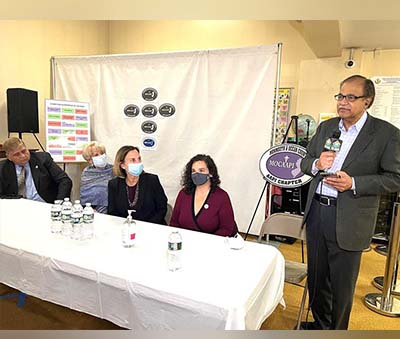 “It was a long-time dream of MOCAAPI members to make an impactful donation which is being fulfilled today by making a $150,000 donation to Fulfill Food Bank of Monmouth Ocean Counties and $150,000 to the Indian Cultural & Community Center to build a much-needed Community Hall in Toms River,” MOCAAPI President Dr. Avinash Gupta is quoted saying in the press release.
“It was a long-time dream of MOCAAPI members to make an impactful donation which is being fulfilled today by making a $150,000 donation to Fulfill Food Bank of Monmouth Ocean Counties and $150,000 to the Indian Cultural & Community Center to build a much-needed Community Hall in Toms River,” MOCAAPI President Dr. Avinash Gupta is quoted saying in the press release.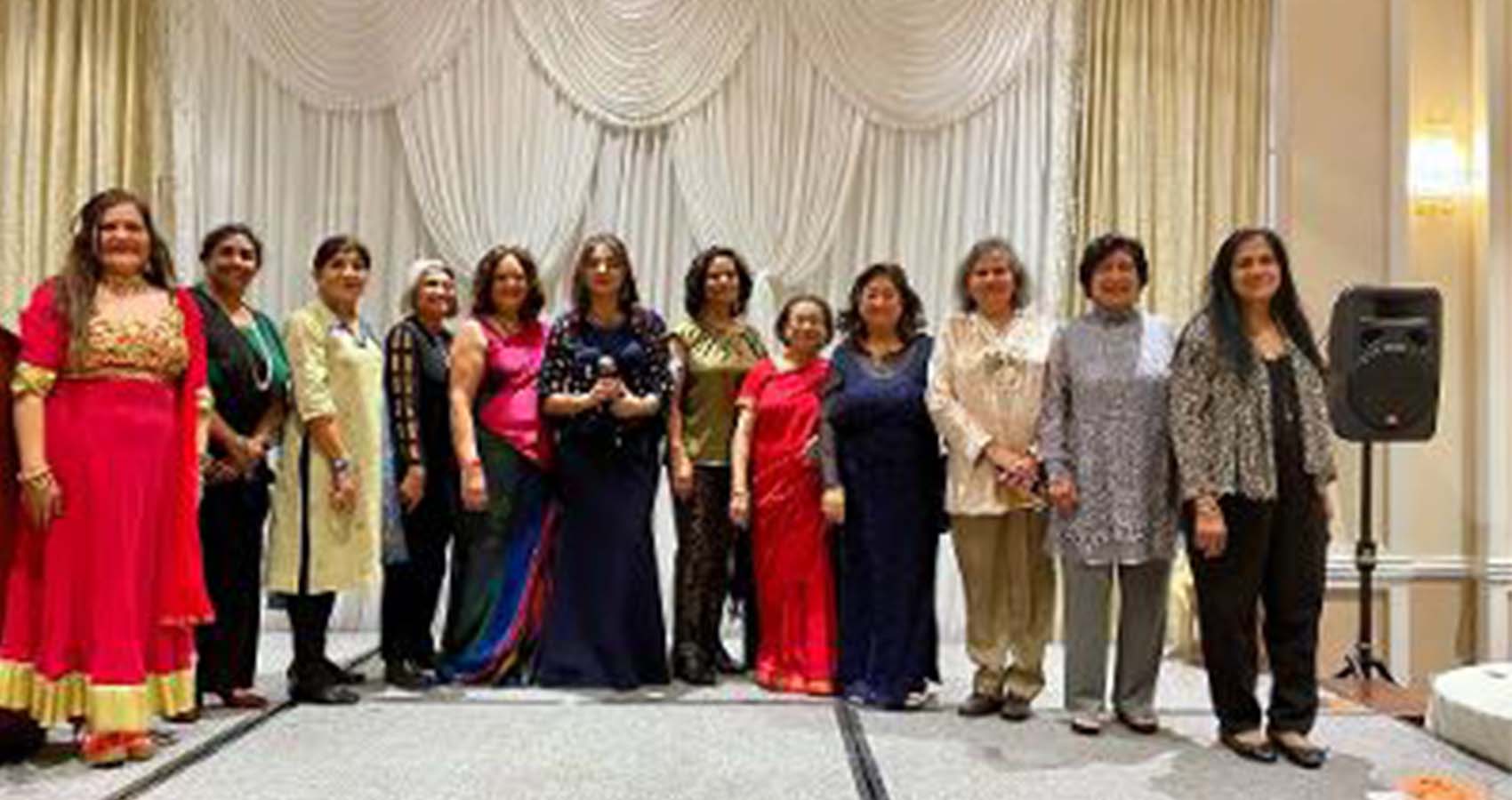
 The program was beautifully planned by Sarita Sood, Tara Swaminathan and Vinita Gulabani under the leadership of CIW vice president Preeti Chawla and superbly anchored by Vinita Gulabani. During breaks for delicious appetizers and a sumptuous lunch, attendees had a chance to catch up with old friends and make new ones.
The program was beautifully planned by Sarita Sood, Tara Swaminathan and Vinita Gulabani under the leadership of CIW vice president Preeti Chawla and superbly anchored by Vinita Gulabani. During breaks for delicious appetizers and a sumptuous lunch, attendees had a chance to catch up with old friends and make new ones.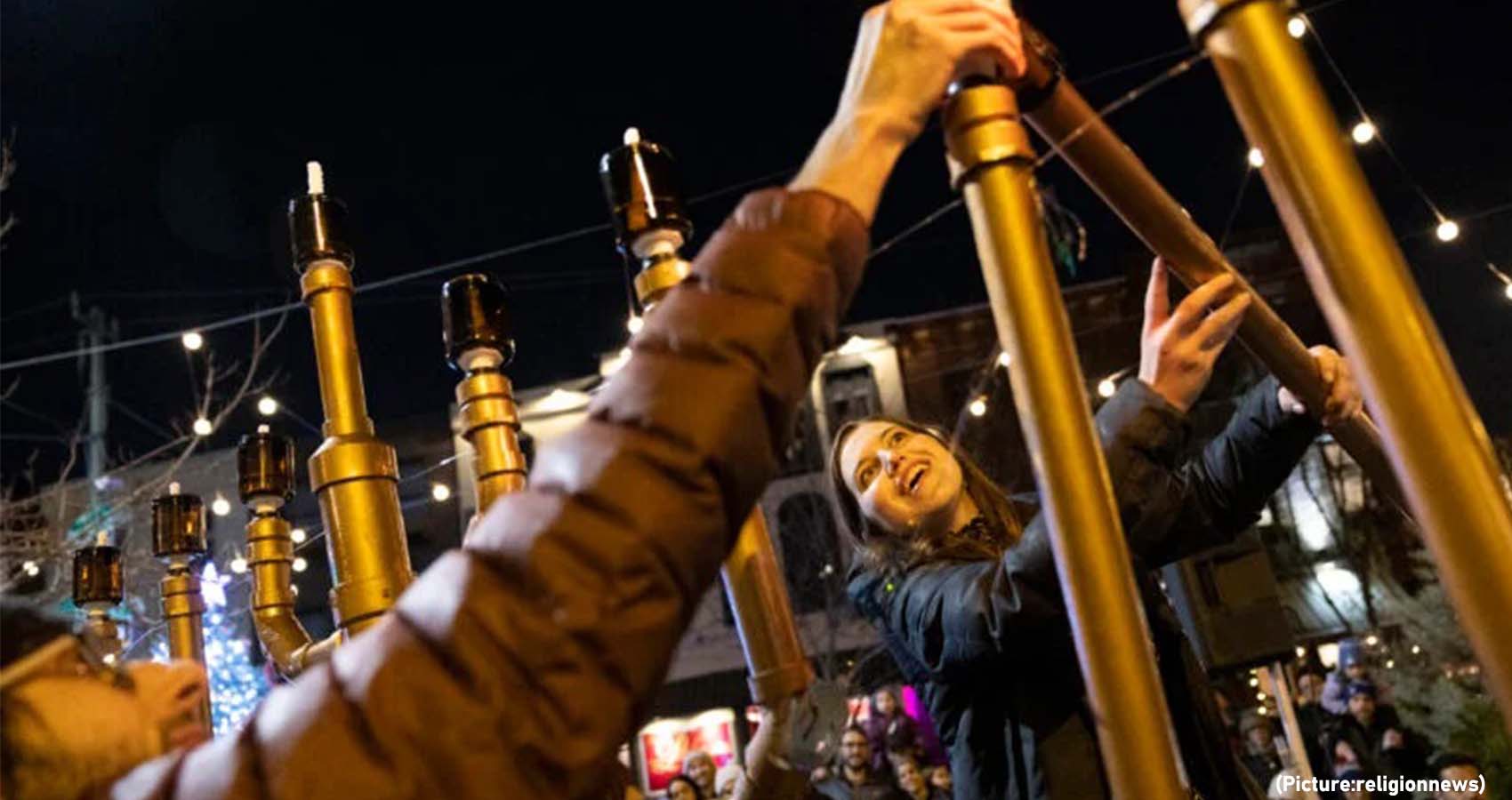


 ”This drive was a team effort on the part of Dr. Kishori Veerabhadrappa, Dr. Sanket Dalwadi, Dr. Jumee Barooha and Red Cross representative Heidi Deleo,” Dr. Pancholi added. Excited about the very positive and encouraging support from the community, Dr. Pancholi said, “We plan to conduct future blood drives in the 11 counties that north eastern Pennsylvania.
”This drive was a team effort on the part of Dr. Kishori Veerabhadrappa, Dr. Sanket Dalwadi, Dr. Jumee Barooha and Red Cross representative Heidi Deleo,” Dr. Pancholi added. Excited about the very positive and encouraging support from the community, Dr. Pancholi said, “We plan to conduct future blood drives in the 11 counties that north eastern Pennsylvania. “On the occasion of the 75thIndependence Day of India, we the physicians of Indian origin serving every 7th patient in the United States, are excited to launch this unique and noble initiative and Stem Cell Drive” in 75 cities across the United States,” Dr. Gotimukula added.
“On the occasion of the 75thIndependence Day of India, we the physicians of Indian origin serving every 7th patient in the United States, are excited to launch this unique and noble initiative and Stem Cell Drive” in 75 cities across the United States,” Dr. Gotimukula added.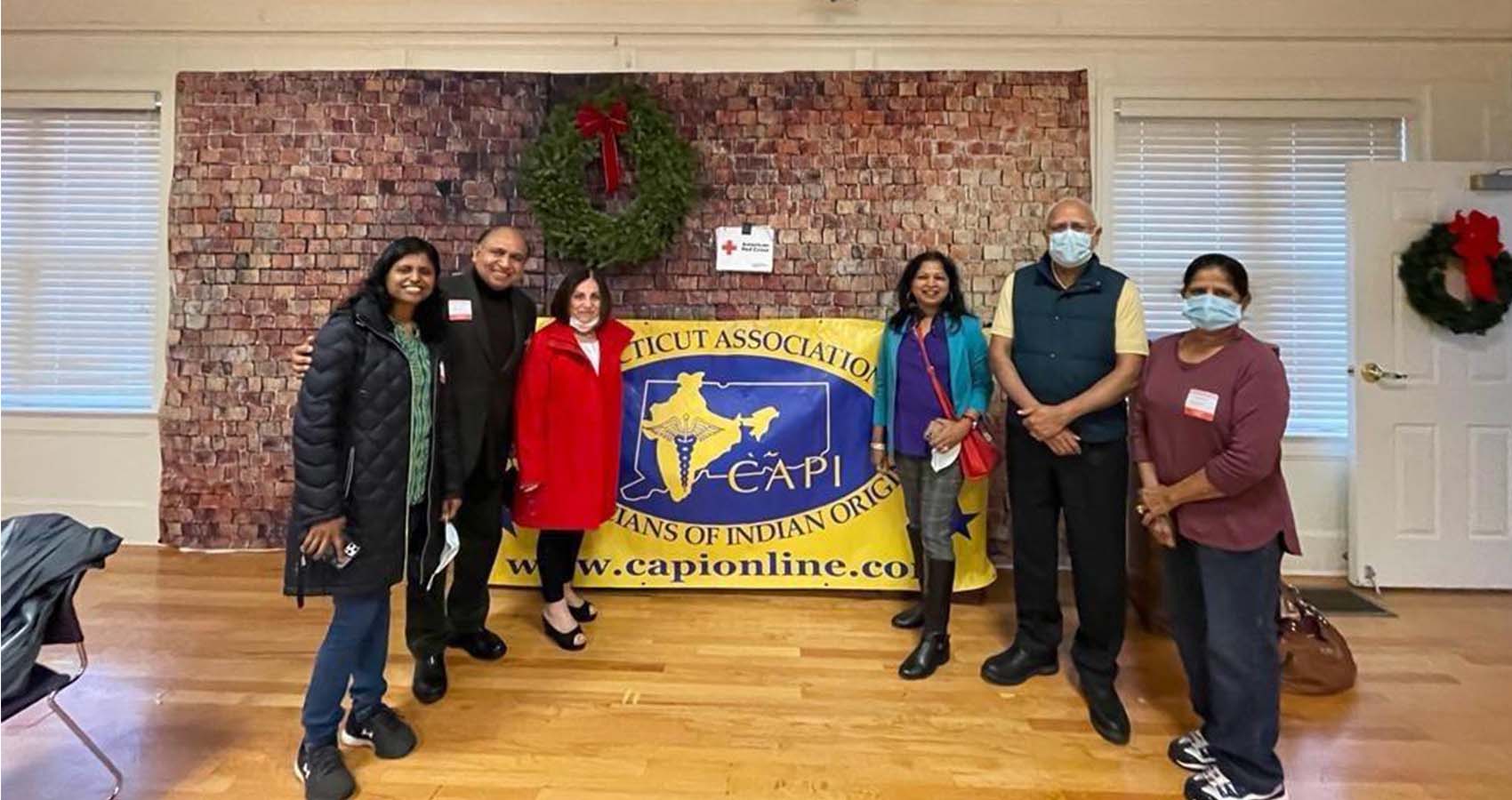
 “Thank you all for your generous support and help in making the Blood Drive very successful,” said Dr. Jaya Daptardar. ”This drive was a team effort. I want to express my gratitude to Dr. Sushil Gupta, President of CAAPI, Dr. Subbarao Bollepalli, Viji Kurup and family members of CAPI, who came in attendance and to donate blood and support this noble initiative.” “I am grateful to First Selectwoman of Weston Samantha Nestor and Toni Boucher for gracing the event with their presence and for their support,” said Dr. Ram Chirunomula.
“Thank you all for your generous support and help in making the Blood Drive very successful,” said Dr. Jaya Daptardar. ”This drive was a team effort. I want to express my gratitude to Dr. Sushil Gupta, President of CAAPI, Dr. Subbarao Bollepalli, Viji Kurup and family members of CAPI, who came in attendance and to donate blood and support this noble initiative.” “I am grateful to First Selectwoman of Weston Samantha Nestor and Toni Boucher for gracing the event with their presence and for their support,” said Dr. Ram Chirunomula. “On the occasion of the 75thIndependence Day of India, we the physicians of Indian origin serving every 7th patient in the United States, are excited to launch this unique and noble initiative in 75 cities across the United States,” Dr. Gotimukula added.
“On the occasion of the 75thIndependence Day of India, we the physicians of Indian origin serving every 7th patient in the United States, are excited to launch this unique and noble initiative in 75 cities across the United States,” Dr. Gotimukula added.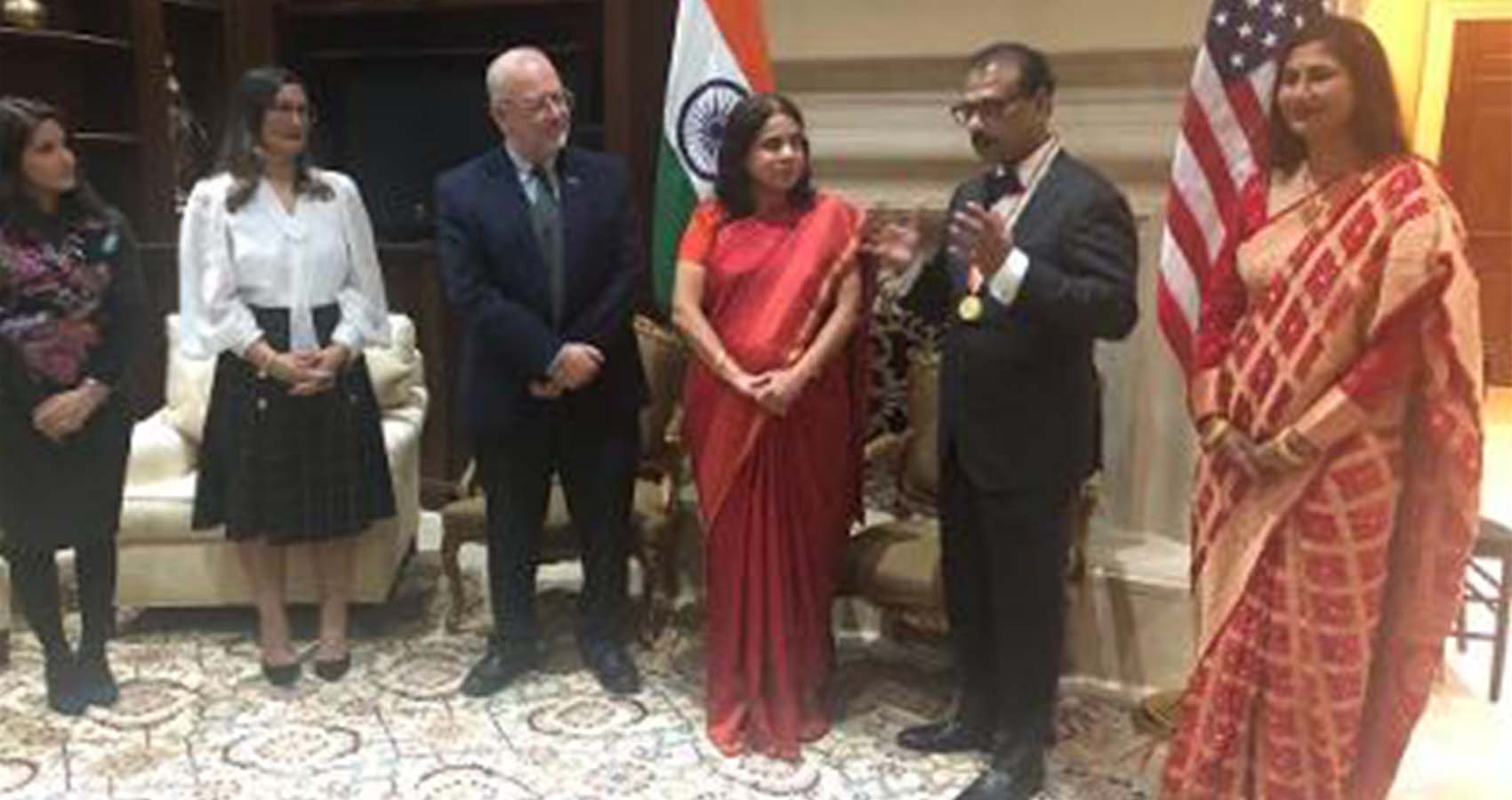
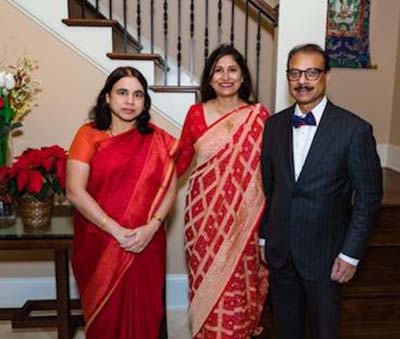 The Pravasi Bharatiya Samman Award (PBSA) is the highest honor conferred on Non-Resident Indians, Persons of Indian Origin or an organization/institution established and run by the Non-Resident Indians or Persons of Indian Origin in recognition of their outstanding achievements both in India and abroad.
The Pravasi Bharatiya Samman Award (PBSA) is the highest honor conferred on Non-Resident Indians, Persons of Indian Origin or an organization/institution established and run by the Non-Resident Indians or Persons of Indian Origin in recognition of their outstanding achievements both in India and abroad.
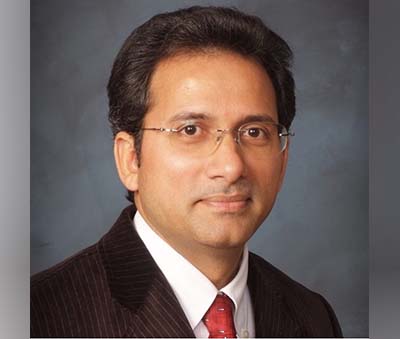 While setting an example and urging others to join him in this noble venture, Dr. Satheesh Kathula himself was present in India in October of this year, and inaugurated the project in Ramaiah Palle village in Mulugu District in the state of Telangana which was sponsored by him.
While setting an example and urging others to join him in this noble venture, Dr. Satheesh Kathula himself was present in India in October of this year, and inaugurated the project in Ramaiah Palle village in Mulugu District in the state of Telangana which was sponsored by him.

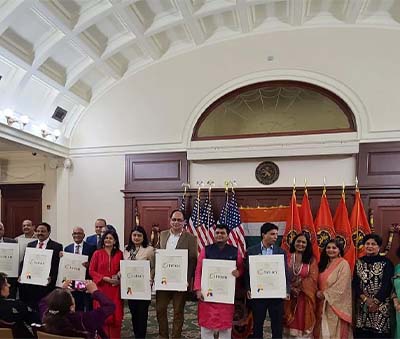 The tireless efforts of the county and founding members along with a dedicated Hosts committee of Dr. Bobby K. Kalotee, Chairperson Indu Jaiswal, Beena Kothari, Flora Parekh, Jasbir (Jay) Singh, Mukesh Modi, Shashi Malik, Sunita Manjrekar, Deepak Bansal, Indu Gajwani, Anju Sharma and several volunteers and supporters, contributed to the success of the event keeping up the spirit of Diwali.
The tireless efforts of the county and founding members along with a dedicated Hosts committee of Dr. Bobby K. Kalotee, Chairperson Indu Jaiswal, Beena Kothari, Flora Parekh, Jasbir (Jay) Singh, Mukesh Modi, Shashi Malik, Sunita Manjrekar, Deepak Bansal, Indu Gajwani, Anju Sharma and several volunteers and supporters, contributed to the success of the event keeping up the spirit of Diwali.
 “A week from now, on December 9 and 10, the Biden Administration will be hosting the
“A week from now, on December 9 and 10, the Biden Administration will be hosting the 
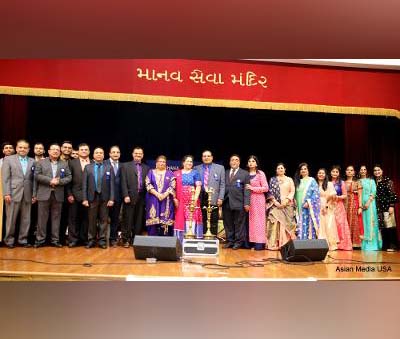 The event started with traditional lamp lighting by the LAGC executive board and other special guests and devotional singing by Rita Shah and chanting by Gina and Suhani. National Anthems were sung by Dhir, Dhruvi, Neil and Nysa. The event was full of musical surprises with beautiful singing by a variety of melodious singers.
The event started with traditional lamp lighting by the LAGC executive board and other special guests and devotional singing by Rita Shah and chanting by Gina and Suhani. National Anthems were sung by Dhir, Dhruvi, Neil and Nysa. The event was full of musical surprises with beautiful singing by a variety of melodious singers.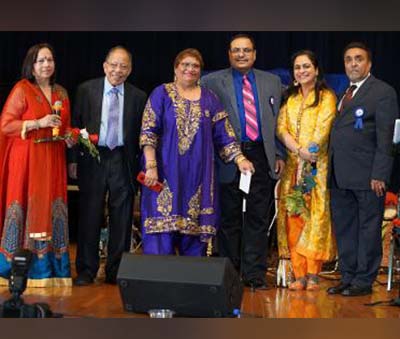 Kirit Thakkar thanked all the guests for attending the events and explained how the association has been working hard to bring the community together. He talked about all the events that LAGC organizes every year.
Kirit Thakkar thanked all the guests for attending the events and explained how the association has been working hard to bring the community together. He talked about all the events that LAGC organizes every year.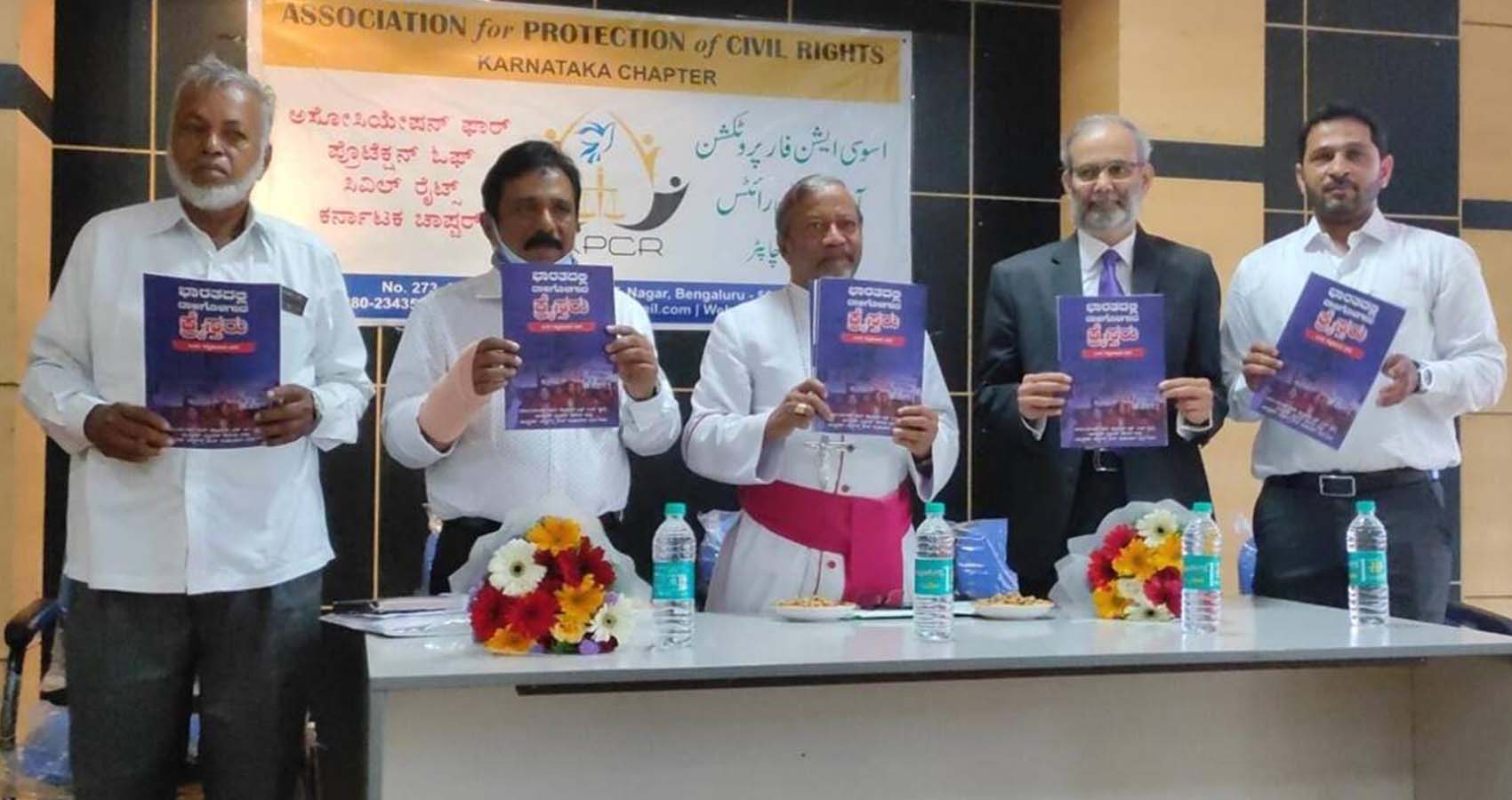
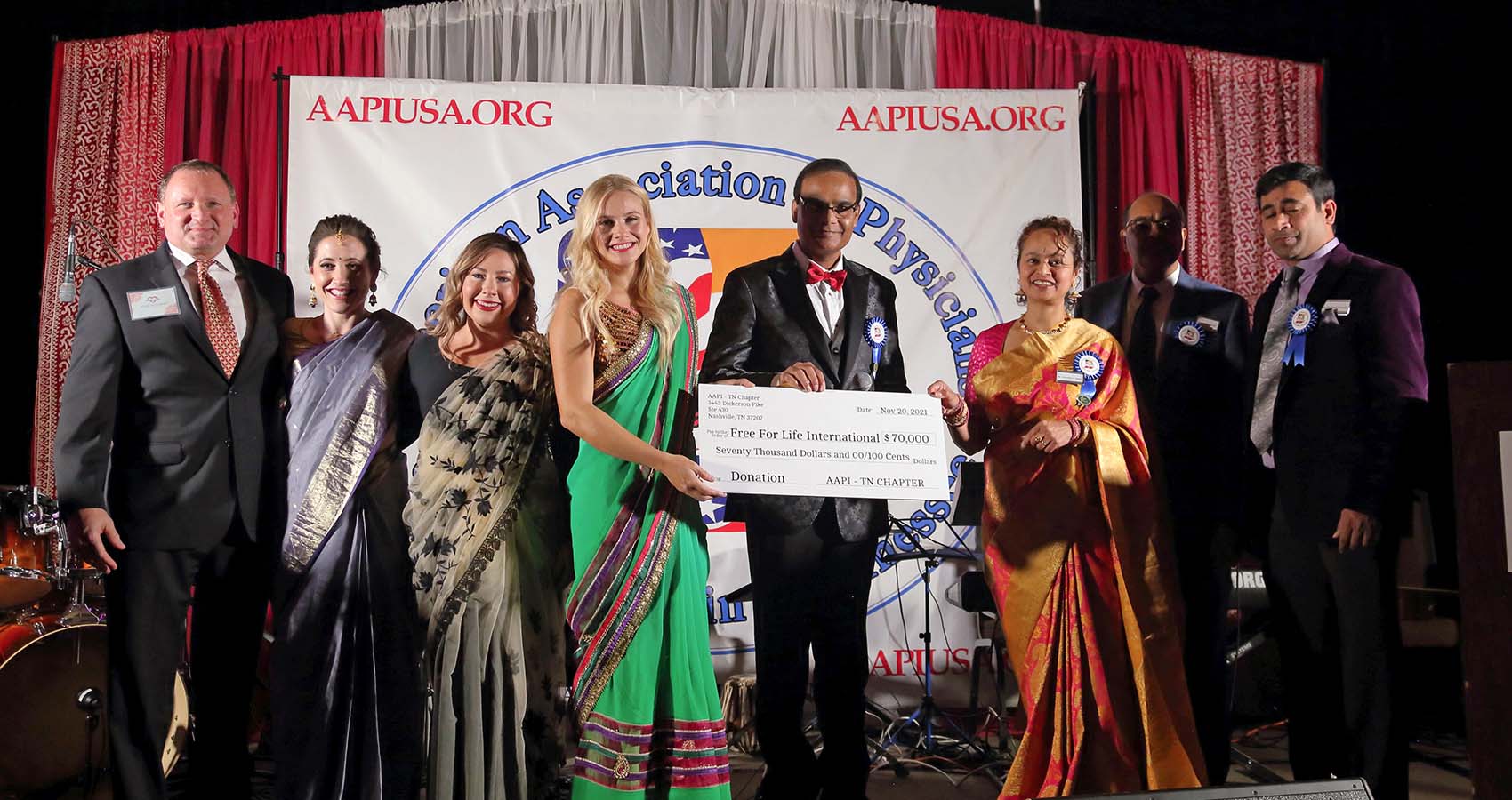
 The host chapter- AAPI-TN presented FFLI with a fundraised $75,000, in order to help strengthen the efforts to end human trafficking and to help continue and expand their impact in India.
The host chapter- AAPI-TN presented FFLI with a fundraised $75,000, in order to help strengthen the efforts to end human trafficking and to help continue and expand their impact in India. The underlying theme of Diwali, celebrating Light over Darkness, Victory of Good over Evil and Knowledge over Ignorance, which has caught up the attention of people all over the world, was done as the traditional lamp was lit by AAPI-TN Executive Committee, AAPI USA President Dr. Anupama Gotimukula, Congressman Jim Cooper and Grand Sponsor Dr. Bharat Sangani.
The underlying theme of Diwali, celebrating Light over Darkness, Victory of Good over Evil and Knowledge over Ignorance, which has caught up the attention of people all over the world, was done as the traditional lamp was lit by AAPI-TN Executive Committee, AAPI USA President Dr. Anupama Gotimukula, Congressman Jim Cooper and Grand Sponsor Dr. Bharat Sangani. Evolving to meet the growing needs of its members and the larger population it is called to serve, AAPI, the largest ethnic physician organization in the United states, representing over 100,000 Indian American Physicians, has grown steadily and is recognized by the authorities, local communities and mainstream media for the many noble initiatives AAPI has led, especially during the Covid pandemic, she said.
Evolving to meet the growing needs of its members and the larger population it is called to serve, AAPI, the largest ethnic physician organization in the United states, representing over 100,000 Indian American Physicians, has grown steadily and is recognized by the authorities, local communities and mainstream media for the many noble initiatives AAPI has led, especially during the Covid pandemic, she said. During the CMEs, several important topics with recent advances were well received by the AAPI fraternity. Themes for the CMEs included: ‘Cancer therapy: Advancement as we head for a cure’ by Dr. Nishitha Reddy, ‘Psychiatric sequelae of human trafficking’ by Dr. Sricharan Moturi, ‘Cardiovascular disease in South Asians- (Masala Study)’ by Dr. Ramya Suryadevara and ‘Stem cell therapy: The future of medicine’ by Dr. Sai Ram Atluri. The CME was well-attended, with active engagement between speakers and moderators (Dr. Amit Keswani, Dr.Varun Dhulipala, Dr. Biliyar, and Dr. Gunuganti. Attendees were eligible for 3 Category 1 CME hours, accredited by the Chicago Medical Society (CMS).
During the CMEs, several important topics with recent advances were well received by the AAPI fraternity. Themes for the CMEs included: ‘Cancer therapy: Advancement as we head for a cure’ by Dr. Nishitha Reddy, ‘Psychiatric sequelae of human trafficking’ by Dr. Sricharan Moturi, ‘Cardiovascular disease in South Asians- (Masala Study)’ by Dr. Ramya Suryadevara and ‘Stem cell therapy: The future of medicine’ by Dr. Sai Ram Atluri. The CME was well-attended, with active engagement between speakers and moderators (Dr. Amit Keswani, Dr.Varun Dhulipala, Dr. Biliyar, and Dr. Gunuganti. Attendees were eligible for 3 Category 1 CME hours, accredited by the Chicago Medical Society (CMS). The gala began with the Event Chair Dr. Sunil Kaza welcoming community members, family, friends, colleagues and sponsors. “We, AAPI- TN team, worked hard to stick to the mission of AAPI, for education and charity to serve humanity. We thank each and every member that attended and supported the event. Our special thanks to all our Sponsors,” said Dr. Sunil Kaza, Chair of the Gala Committee. The Grand sponsor for the event, Dr. Bharat Sangani attended the meeting personally.
The gala began with the Event Chair Dr. Sunil Kaza welcoming community members, family, friends, colleagues and sponsors. “We, AAPI- TN team, worked hard to stick to the mission of AAPI, for education and charity to serve humanity. We thank each and every member that attended and supported the event. Our special thanks to all our Sponsors,” said Dr. Sunil Kaza, Chair of the Gala Committee. The Grand sponsor for the event, Dr. Bharat Sangani attended the meeting personally.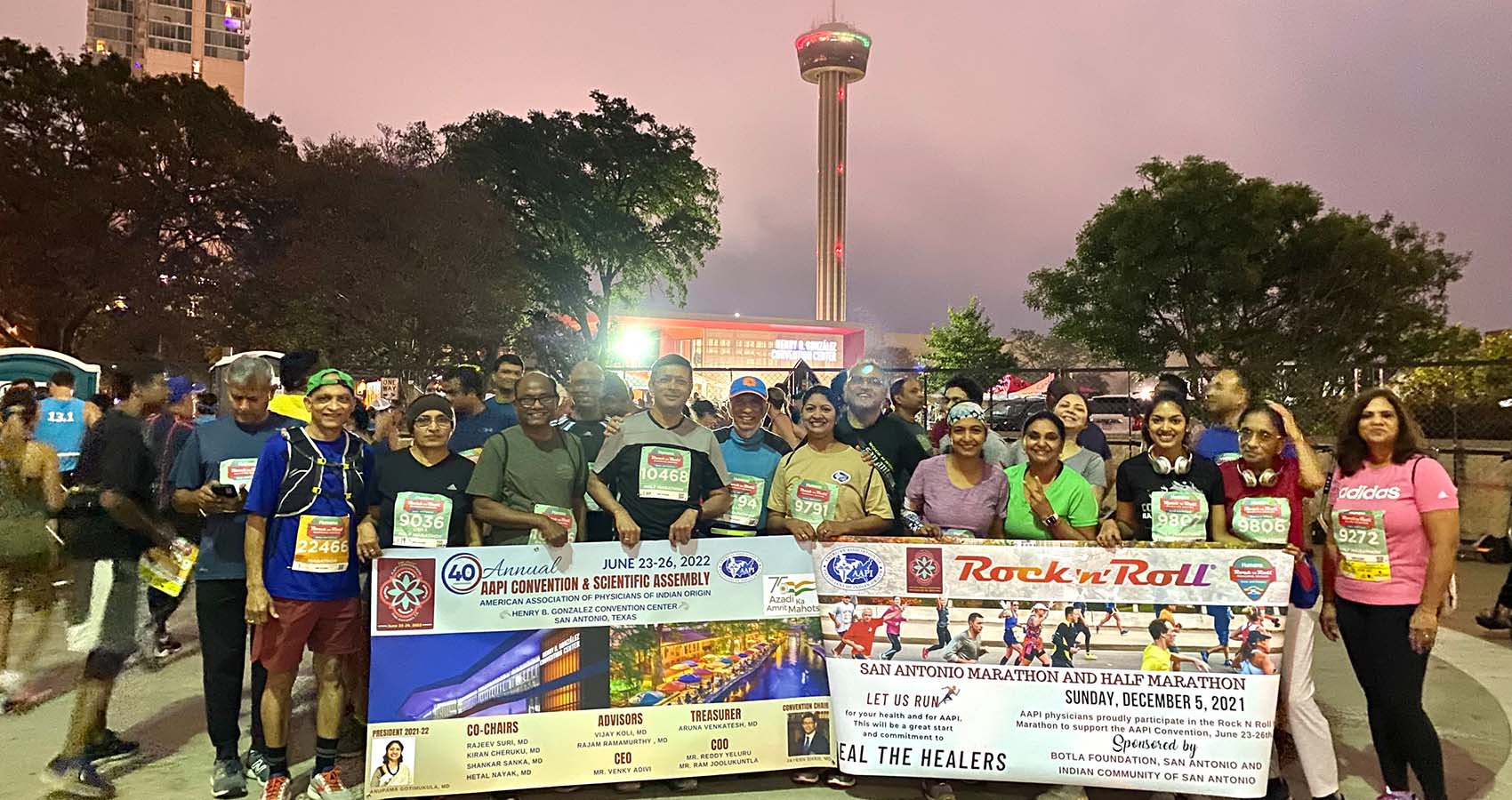
 Physicians and other health professionals on the front lines of COVID-19 care have experienced so many unknowns during the pandemic. They’ve also put their own health and the well-being of their families on the line to provide care.
Physicians and other health professionals on the front lines of COVID-19 care have experienced so many unknowns during the pandemic. They’ve also put their own health and the well-being of their families on the line to provide care. AAPI’s participation at the Marathon was inspired and sponsored by the Botla Foundation, which provided a great kick start to AAPI’s wellness theme, pointed to the Six Pillars of Lifestyle Medicine: 1. Healthy Diet; 2. Being active; 3. Restorative sleep; 4. Managing stress; 5. Have social and supportive connections; and, 6. Avoiding abusive drugs and habits.
AAPI’s participation at the Marathon was inspired and sponsored by the Botla Foundation, which provided a great kick start to AAPI’s wellness theme, pointed to the Six Pillars of Lifestyle Medicine: 1. Healthy Diet; 2. Being active; 3. Restorative sleep; 4. Managing stress; 5. Have social and supportive connections; and, 6. Avoiding abusive drugs and habits.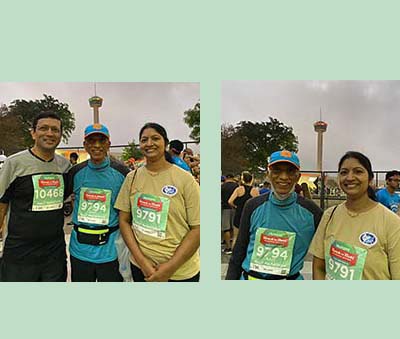 Dozens of Doctors and community leaders joined the Rock and Roll Marathon, which had attracted over 18,000 participants from around the nation, and made this an inspiring experience for all. Dr. Ravi Botla, while thanking and congratulating all the participants at the Marathon, said, “Running with you all is an amazing experience. Several friends made their personal bests today. Hope to continue to do some physical activity (running/walking/cycling) to improve our health. On behalf of all our runners yesterday and today, Botla Foundation will donate $25,000 to AAPI, irrespective of the number of participants. We should be proud of this accomplishment. Thank you Anupama and Jayesh to provide this opportunity.”
Dozens of Doctors and community leaders joined the Rock and Roll Marathon, which had attracted over 18,000 participants from around the nation, and made this an inspiring experience for all. Dr. Ravi Botla, while thanking and congratulating all the participants at the Marathon, said, “Running with you all is an amazing experience. Several friends made their personal bests today. Hope to continue to do some physical activity (running/walking/cycling) to improve our health. On behalf of all our runners yesterday and today, Botla Foundation will donate $25,000 to AAPI, irrespective of the number of participants. We should be proud of this accomplishment. Thank you Anupama and Jayesh to provide this opportunity.” “After a hiatus of 5 years from long distance running, I am thrilled to announce that I completed running the half marathon in San Antonio on a PLANT BASED DIET!” Dr. Akil Taher said. “I ran to support the American Association of Physicians of Indian origin (AAPI) under the leadership of Dr. Anupama Gotimukula ad Dr. Jayesh Shah. AAPI has done some phenomenal charity work here in the US and India. Also a big thank you to the Botla family for their inspirational support to AAPI,” he added.
“After a hiatus of 5 years from long distance running, I am thrilled to announce that I completed running the half marathon in San Antonio on a PLANT BASED DIET!” Dr. Akil Taher said. “I ran to support the American Association of Physicians of Indian origin (AAPI) under the leadership of Dr. Anupama Gotimukula ad Dr. Jayesh Shah. AAPI has done some phenomenal charity work here in the US and India. Also a big thank you to the Botla family for their inspirational support to AAPI,” he added. To run my first half-marathon with my Idol, Dr. Taher. He is a living proof of the power of ‘Whole Foods Plant Based’ Diet and Physical Exercise in not just recovering from a major surgery but healing from within for a better and stronger health than before. His presenceat the Marathon inspired us to sign up for the event and support AAPI in promoting ‘health & fitness’ in our community,” stated Dr. Bhoja R. Katipally.
To run my first half-marathon with my Idol, Dr. Taher. He is a living proof of the power of ‘Whole Foods Plant Based’ Diet and Physical Exercise in not just recovering from a major surgery but healing from within for a better and stronger health than before. His presenceat the Marathon inspired us to sign up for the event and support AAPI in promoting ‘health & fitness’ in our community,” stated Dr. Bhoja R. Katipally. The donor, Dr. Ravi Botla did his first full Marathon. There are several in the group who did their first half marathon including Dr. Jayesh Shah! We thank the Botla Foundation who inspired us! We ran with a good heart to support AAPI. Nothing is impossible if we have the motivation inside us!!” For more details on AAPI and the 40th convention, please visit:
The donor, Dr. Ravi Botla did his first full Marathon. There are several in the group who did their first half marathon including Dr. Jayesh Shah! We thank the Botla Foundation who inspired us! We ran with a good heart to support AAPI. Nothing is impossible if we have the motivation inside us!!” For more details on AAPI and the 40th convention, please visit: 
 The new data has been welcomed, and is hailed as a heartening signal by government officials and researchers in a country that is expected to overtake China to become the world’s most populous sometime this decade. Since the mid-20th century, Indian leaders have tried to curb high birthrates, which are often reversely correlated with women’s welfare metrics and economic progress. A burgeoning population is seen, in the longer term, as a hurdle to development and a driver of environmental degradation and greenhouse gas emissions.
The new data has been welcomed, and is hailed as a heartening signal by government officials and researchers in a country that is expected to overtake China to become the world’s most populous sometime this decade. Since the mid-20th century, Indian leaders have tried to curb high birthrates, which are often reversely correlated with women’s welfare metrics and economic progress. A burgeoning population is seen, in the longer term, as a hurdle to development and a driver of environmental degradation and greenhouse gas emissions.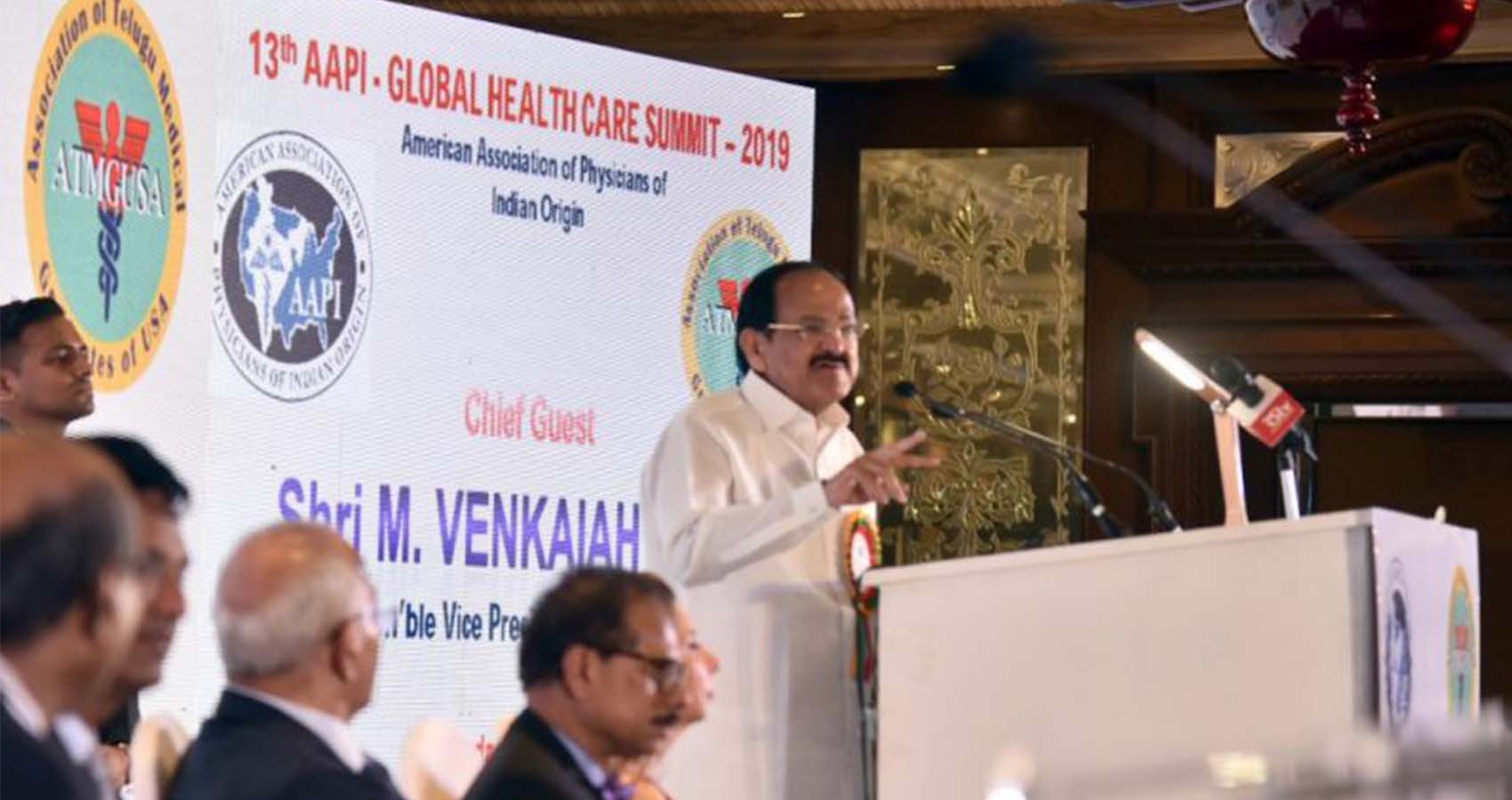
 According to her, “Senior leaders from leading healthcare organizations such as pharmaceuticals, device and medical equipment manufacturers and major medical teaching institutions, hospitals and from the Ministries – Health, External/Overseas Affairs and regulatory bodies are collaborating with AAPI with the ultimate goal to provide access to high quality and affordable healthcare to all people of India.”
According to her, “Senior leaders from leading healthcare organizations such as pharmaceuticals, device and medical equipment manufacturers and major medical teaching institutions, hospitals and from the Ministries – Health, External/Overseas Affairs and regulatory bodies are collaborating with AAPI with the ultimate goal to provide access to high quality and affordable healthcare to all people of India.”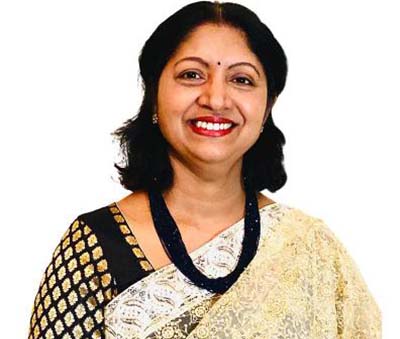 Dr. Joseph Chalil, Chair of the CEO Forum said, “AAPI has made significant contributions towards addressing several issues affecting the healthcare system in India. During the GHS 2022, AAPI at the popular CEO Forum, physician leaders from the United States and India will have an opportunity to brainstorm and explore ways to focus on the theme, “Prevention is Better Than Cure” and recommend possible ways to plan and implement preventive medicine that will save resources and precious human lives.”
Dr. Joseph Chalil, Chair of the CEO Forum said, “AAPI has made significant contributions towards addressing several issues affecting the healthcare system in India. During the GHS 2022, AAPI at the popular CEO Forum, physician leaders from the United States and India will have an opportunity to brainstorm and explore ways to focus on the theme, “Prevention is Better Than Cure” and recommend possible ways to plan and implement preventive medicine that will save resources and precious human lives.”
 “Their symptoms were so different and so mild from those I had treated before,” said Dr Coetzee, a GP for 33 years who chairs the South African Medical Association alongside running her practice.
“Their symptoms were so different and so mild from those I had treated before,” said Dr Coetzee, a GP for 33 years who chairs the South African Medical Association alongside running her practice.
 FIA’s General Secretary Richa Chand conducted the proceedings of the Annual Board Meeting for the year 2021-2022 and invited Founder President Sunil Shah for his opening remarks. Shah in his speech, outlined the successes behind the year 2021, listing the events conducted by the FIA and its team. He thanked the outgoing team for its hard work in putting together and conducting various India centric and Charitable events during the year. He also took the opportunity to welcome new members to team FIA. In a major announcement he declared that FIA would initiate an annual FIA Scholarship for deserving students starting from the year 2022.
FIA’s General Secretary Richa Chand conducted the proceedings of the Annual Board Meeting for the year 2021-2022 and invited Founder President Sunil Shah for his opening remarks. Shah in his speech, outlined the successes behind the year 2021, listing the events conducted by the FIA and its team. He thanked the outgoing team for its hard work in putting together and conducting various India centric and Charitable events during the year. He also took the opportunity to welcome new members to team FIA. In a major announcement he declared that FIA would initiate an annual FIA Scholarship for deserving students starting from the year 2022.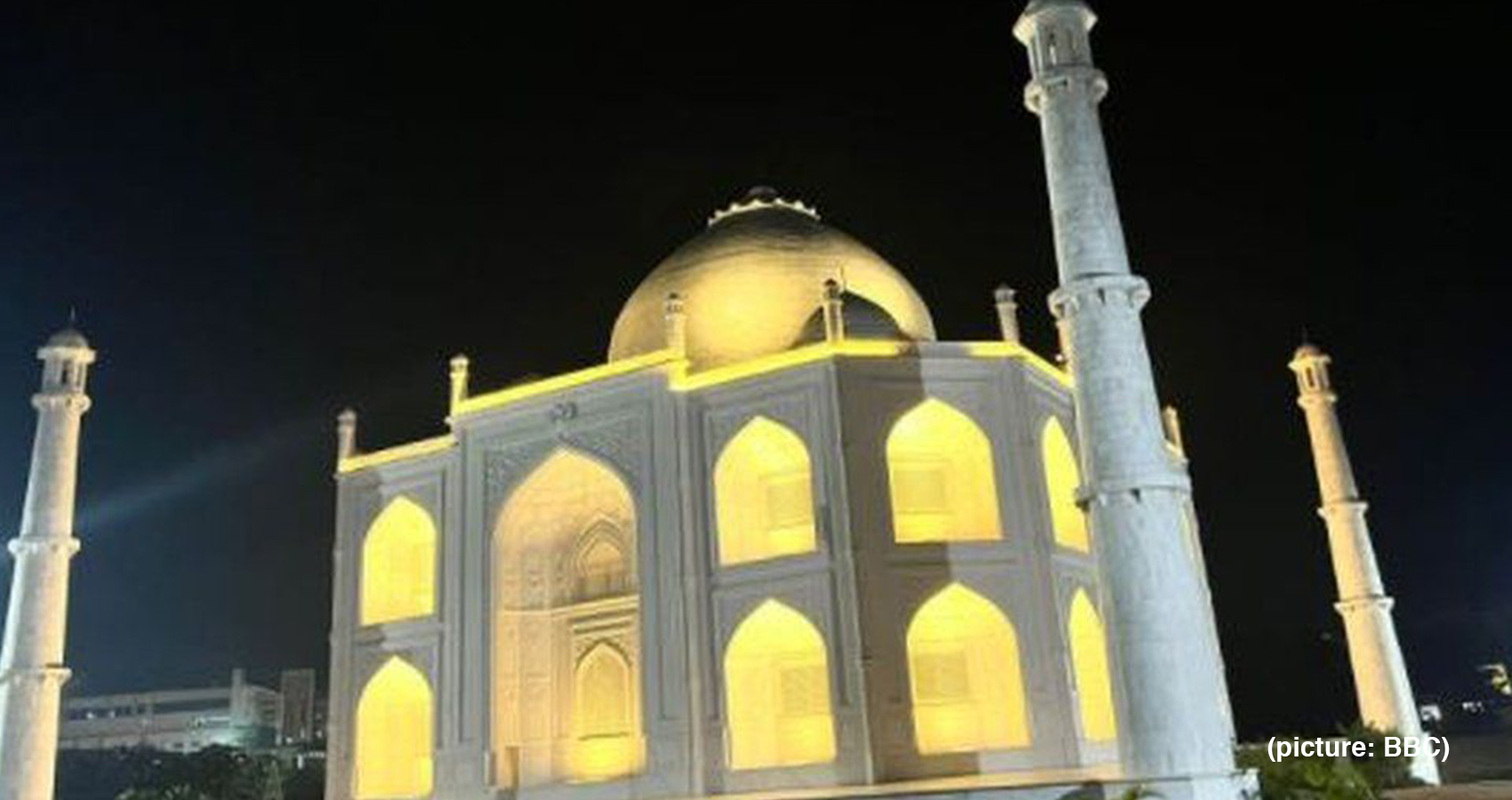
 Mr Chouksey’s replica – nestled deep inside his sprawling 50-acre property, which includes a hospital, has also been attracting a steady stream of visitors.
Mr Chouksey’s replica – nestled deep inside his sprawling 50-acre property, which includes a hospital, has also been attracting a steady stream of visitors.
 The 84-year-old Jesuit was arrested on Oct. 8, 2020, by the National Investigation Agency (NIA), a federal anti-terror combat unit, from his residence on the outskirts of Jharkhand’s state capital Ranchi in eastern India.
The 84-year-old Jesuit was arrested on Oct. 8, 2020, by the National Investigation Agency (NIA), a federal anti-terror combat unit, from his residence on the outskirts of Jharkhand’s state capital Ranchi in eastern India.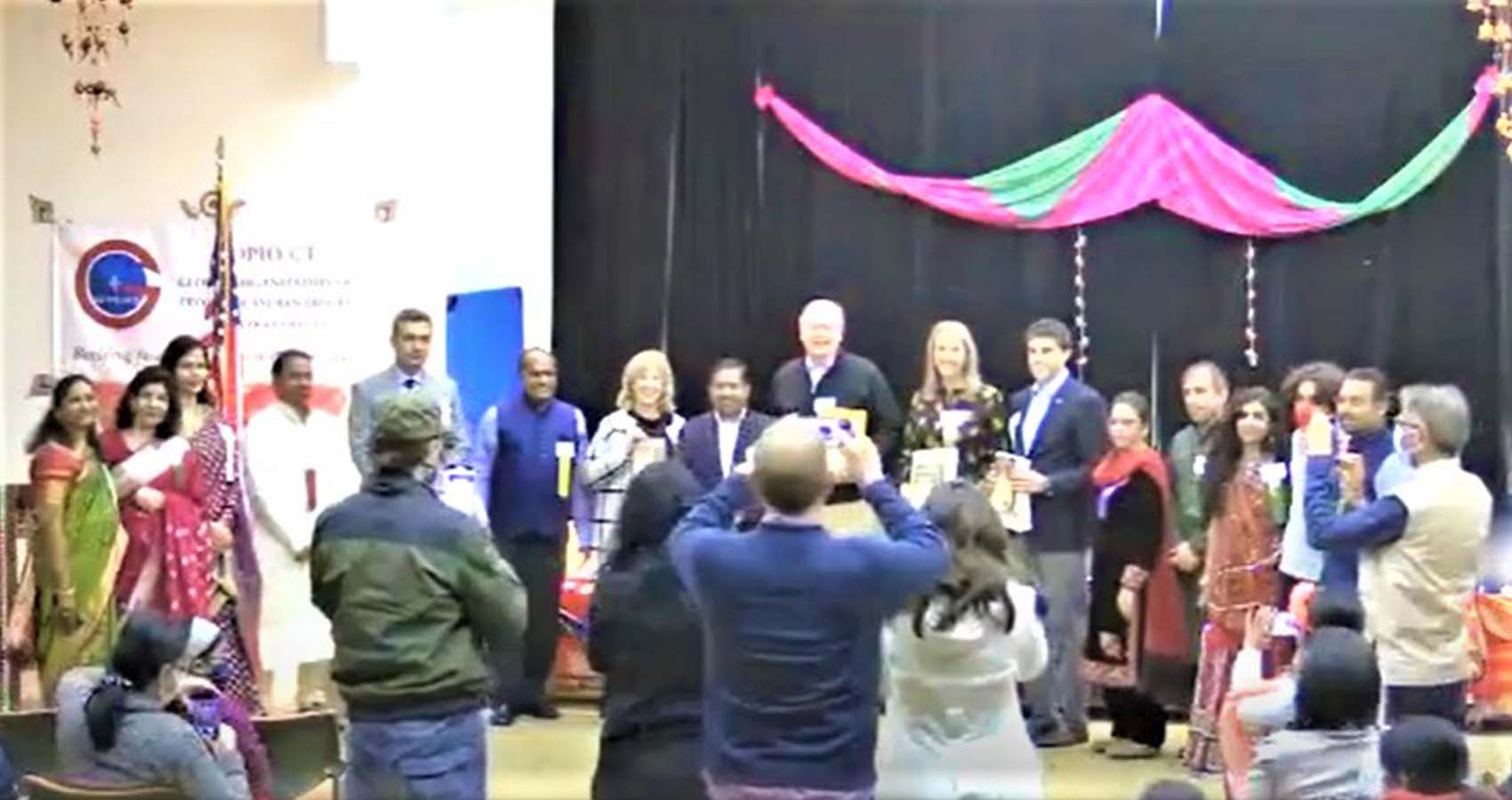
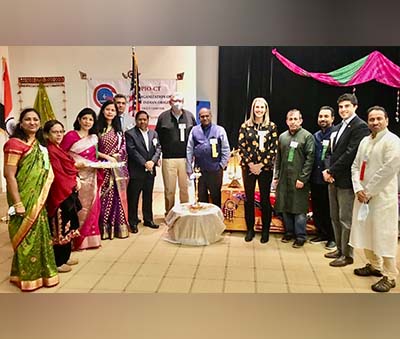 The launch event began with an invocation to Lord Ganesha by Prachi, which was followed by the lighting of the traditional lamp and diyas by dignitaries and GOPIO leaders, signifying the Diwali celebration. In her welcome address, Library President Alice Knapp lauded the new initiative from the GOPIO-CT and thanked the Indian Consulate for donating the books.
The launch event began with an invocation to Lord Ganesha by Prachi, which was followed by the lighting of the traditional lamp and diyas by dignitaries and GOPIO leaders, signifying the Diwali celebration. In her welcome address, Library President Alice Knapp lauded the new initiative from the GOPIO-CT and thanked the Indian Consulate for donating the books. Stating that the sharing of knowledge and discovery have shaped the destiny of the humanity since beginning of the world, Consul General Randhir Jaiswal pointed out as to how in 1960s, India has gained sufficiency in food production by sharing of knowledge by the United States that led to Green revolution in India. “And we are ever grateful to the United States for sharing of knowledge and for the friendship and collaboration between the two nations, which is the defining moment of the 21st century.”
Stating that the sharing of knowledge and discovery have shaped the destiny of the humanity since beginning of the world, Consul General Randhir Jaiswal pointed out as to how in 1960s, India has gained sufficiency in food production by sharing of knowledge by the United States that led to Green revolution in India. “And we are ever grateful to the United States for sharing of knowledge and for the friendship and collaboration between the two nations, which is the defining moment of the 21st century.” CT State Representative, Matt Blumenthal in his felicitation address, “This has ben tryting times for the whole world. GOPIO has played a critical role in our state to help face and overcome the challenges. I am grateful to the Indian American community for your great contributions and making our state stronger and dynamic.”
CT State Representative, Matt Blumenthal in his felicitation address, “This has ben tryting times for the whole world. GOPIO has played a critical role in our state to help face and overcome the challenges. I am grateful to the Indian American community for your great contributions and making our state stronger and dynamic.”
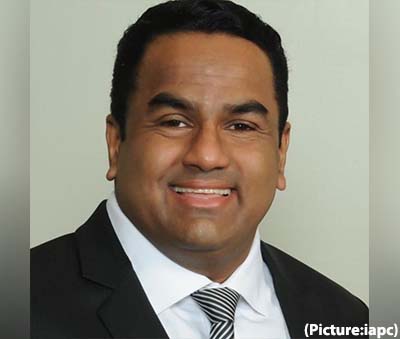 The World Health Organization says that cancer is diagnosed in more than 14 million people worldwide annually and ends up killing approximately 8.8 million. What is most shocking is that two-thirds of these deaths are in low-middle income countries where diagnosis is found to be inadequate.
The World Health Organization says that cancer is diagnosed in more than 14 million people worldwide annually and ends up killing approximately 8.8 million. What is most shocking is that two-thirds of these deaths are in low-middle income countries where diagnosis is found to be inadequate. The annual physical exam is part of the larger discussion about primary care and whether it is necessary. In the U.S., India, and other countries around the world, medicine has become the way you manage disease, not prevent it. Primary care, on the other hand, is a way to prevent disease by talking with patients about their potential health risks and giving them practical advice on how to care for their health, while considering their unique lifestyle challenges.
The annual physical exam is part of the larger discussion about primary care and whether it is necessary. In the U.S., India, and other countries around the world, medicine has become the way you manage disease, not prevent it. Primary care, on the other hand, is a way to prevent disease by talking with patients about their potential health risks and giving them practical advice on how to care for their health, while considering their unique lifestyle challenges.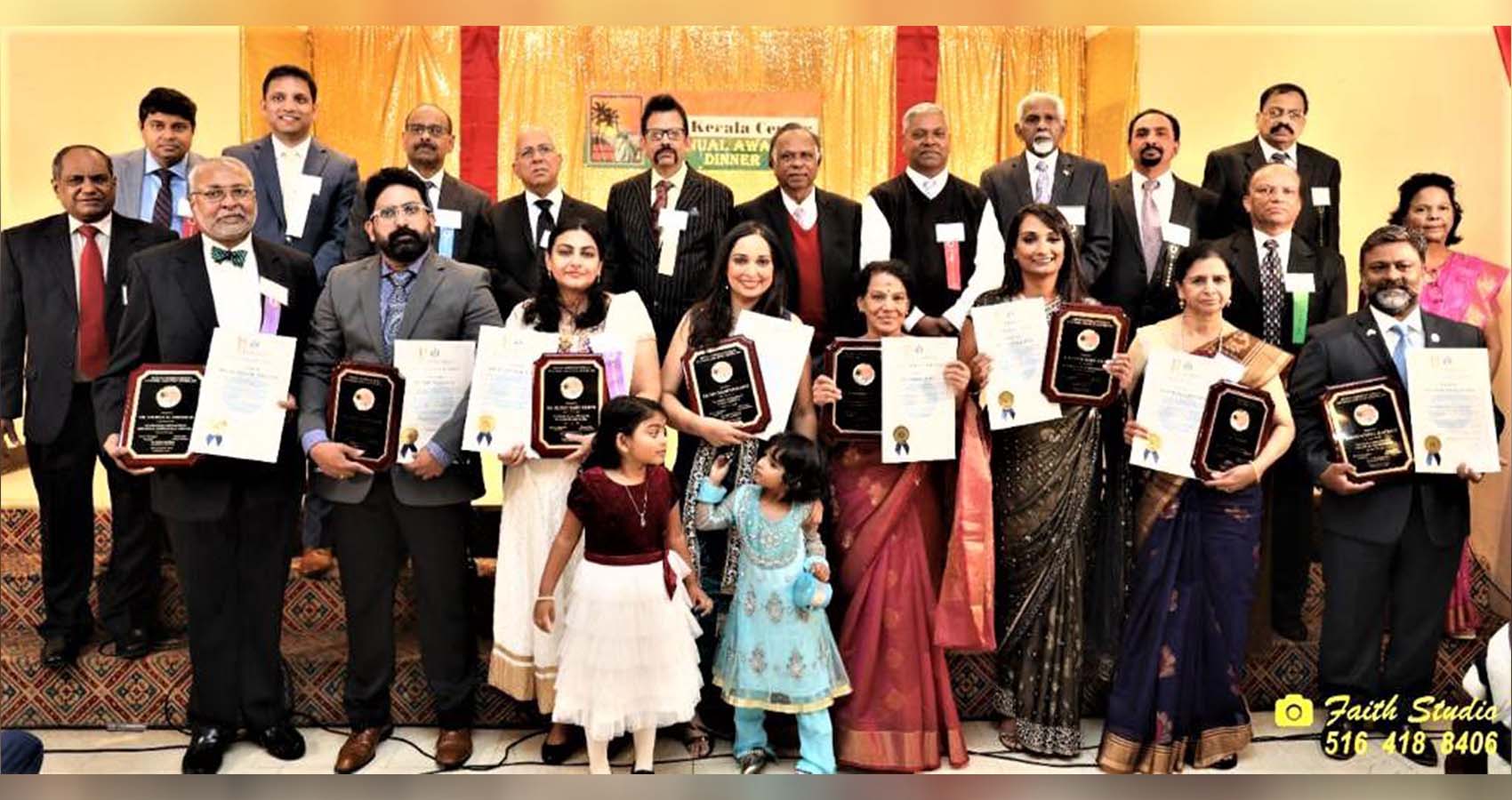
 Others who were honored included: Mary Philip, who was a Lieutenant in the Indian Defense Force and a past President of the Indian Nurses Association of New York was honored for notable contributions in Nursing and Community Service; and Nandini P. Nair, Esq, who is a partner and co-chair of the Immigration and Naturalization practice group and serves on the Management Committee at Greenspoon Marder LLP was honored for notable services and achievements in Legal Services. Dr. Sabu Varghese and Dr. Blessy Mary Joseph, practicing physicians in New York were honored with Special Award for notable services during the Pandemic in 2020 and 2021.
Others who were honored included: Mary Philip, who was a Lieutenant in the Indian Defense Force and a past President of the Indian Nurses Association of New York was honored for notable contributions in Nursing and Community Service; and Nandini P. Nair, Esq, who is a partner and co-chair of the Immigration and Naturalization practice group and serves on the Management Committee at Greenspoon Marder LLP was honored for notable services and achievements in Legal Services. Dr. Sabu Varghese and Dr. Blessy Mary Joseph, practicing physicians in New York were honored with Special Award for notable services during the Pandemic in 2020 and 2021. Dr. George Abraham, who was also an awardee, was the keynote speaker. In his keynote speech, Dr. Abraham implored that we should strive to move forward by including everyone and treating everybody equally, and it is the duty of the leaders to make sure that this is happening. An organization gets much more strength when it becomes a melting pot of people and ideas, he concluded. Dr. George Abraham was introduced by Dr. Thomas Abraham, Chairman of the Trustee Board and Award Committee member and Consul A.K. Vijayakrishnan presented the award. Dr. Thomas Abraham also explained the process of selecting the awardees.
Dr. George Abraham, who was also an awardee, was the keynote speaker. In his keynote speech, Dr. Abraham implored that we should strive to move forward by including everyone and treating everybody equally, and it is the duty of the leaders to make sure that this is happening. An organization gets much more strength when it becomes a melting pot of people and ideas, he concluded. Dr. George Abraham was introduced by Dr. Thomas Abraham, Chairman of the Trustee Board and Award Committee member and Consul A.K. Vijayakrishnan presented the award. Dr. Thomas Abraham also explained the process of selecting the awardees. The award for performing Arts went to Chandrika Kurup. In her speech, Mrs. Kurup expressed a lot of satisfaction that her students are now running their own successful dance schools and other related artist works here in America and in Kerala. Chandrika was introduced by Annie Esthappan, one of the youth representatives of the Kerala Center and former student of Mrs. Kurup, and Abraham Philip, CPA, presented the award.
The award for performing Arts went to Chandrika Kurup. In her speech, Mrs. Kurup expressed a lot of satisfaction that her students are now running their own successful dance schools and other related artist works here in America and in Kerala. Chandrika was introduced by Annie Esthappan, one of the youth representatives of the Kerala Center and former student of Mrs. Kurup, and Abraham Philip, CPA, presented the award.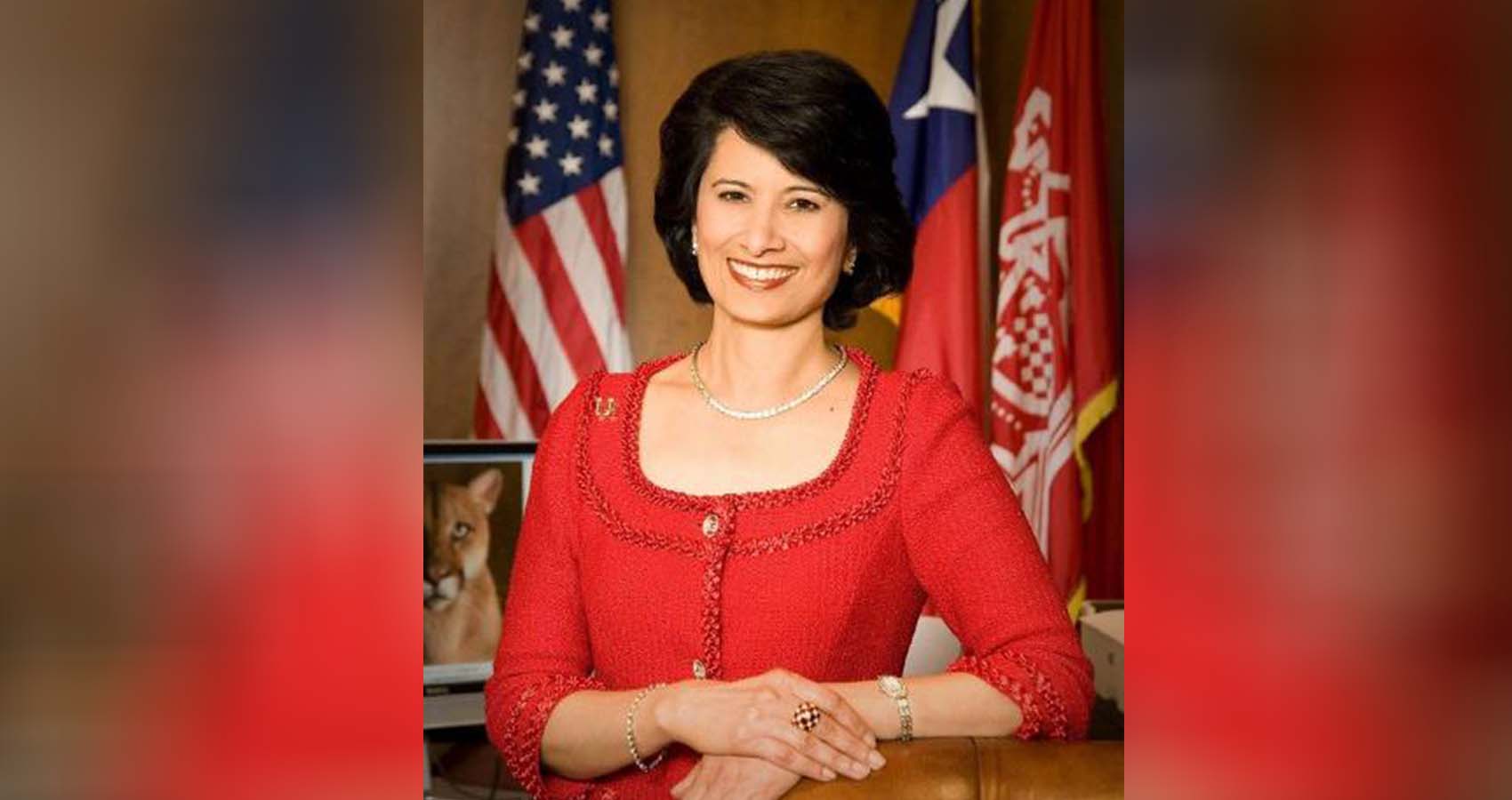
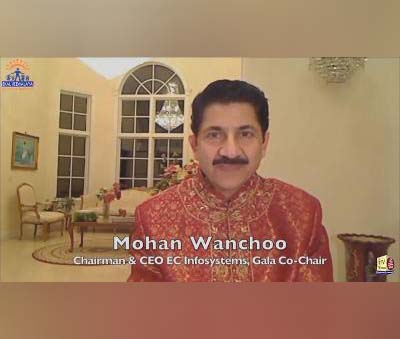 This two-hour event, co-chaired by Mohan Wanchoo and Kamlesh Shah, both successful entrepreneurs and philanthropist, saw consistent overwhelming response from the donors, from the moment it opened up till it was capped by youthful entertainment by “Penn-Masala’, a youthful group of famous singers from “University of Pennsylvania”.
This two-hour event, co-chaired by Mohan Wanchoo and Kamlesh Shah, both successful entrepreneurs and philanthropist, saw consistent overwhelming response from the donors, from the moment it opened up till it was capped by youthful entertainment by “Penn-Masala’, a youthful group of famous singers from “University of Pennsylvania”.